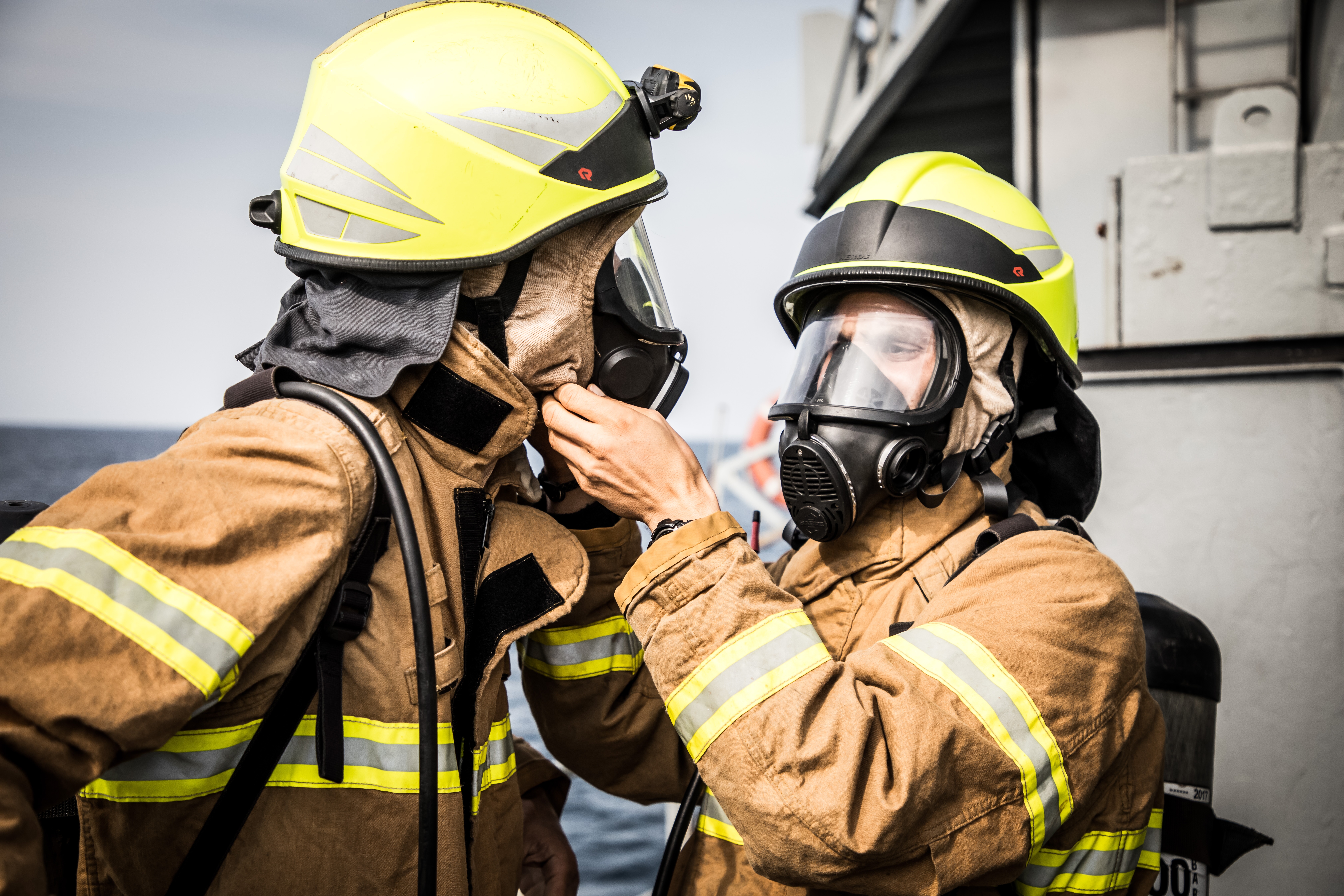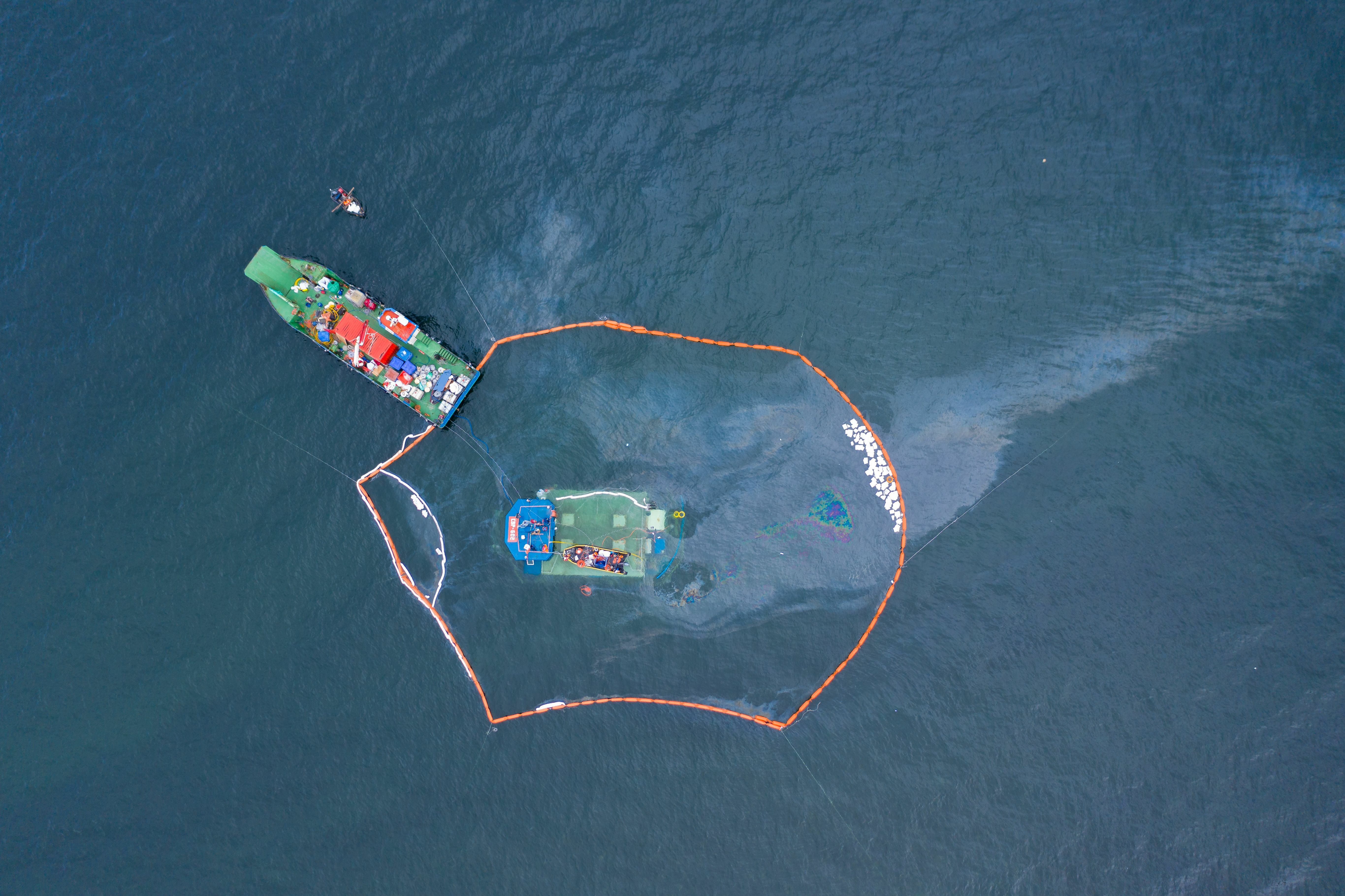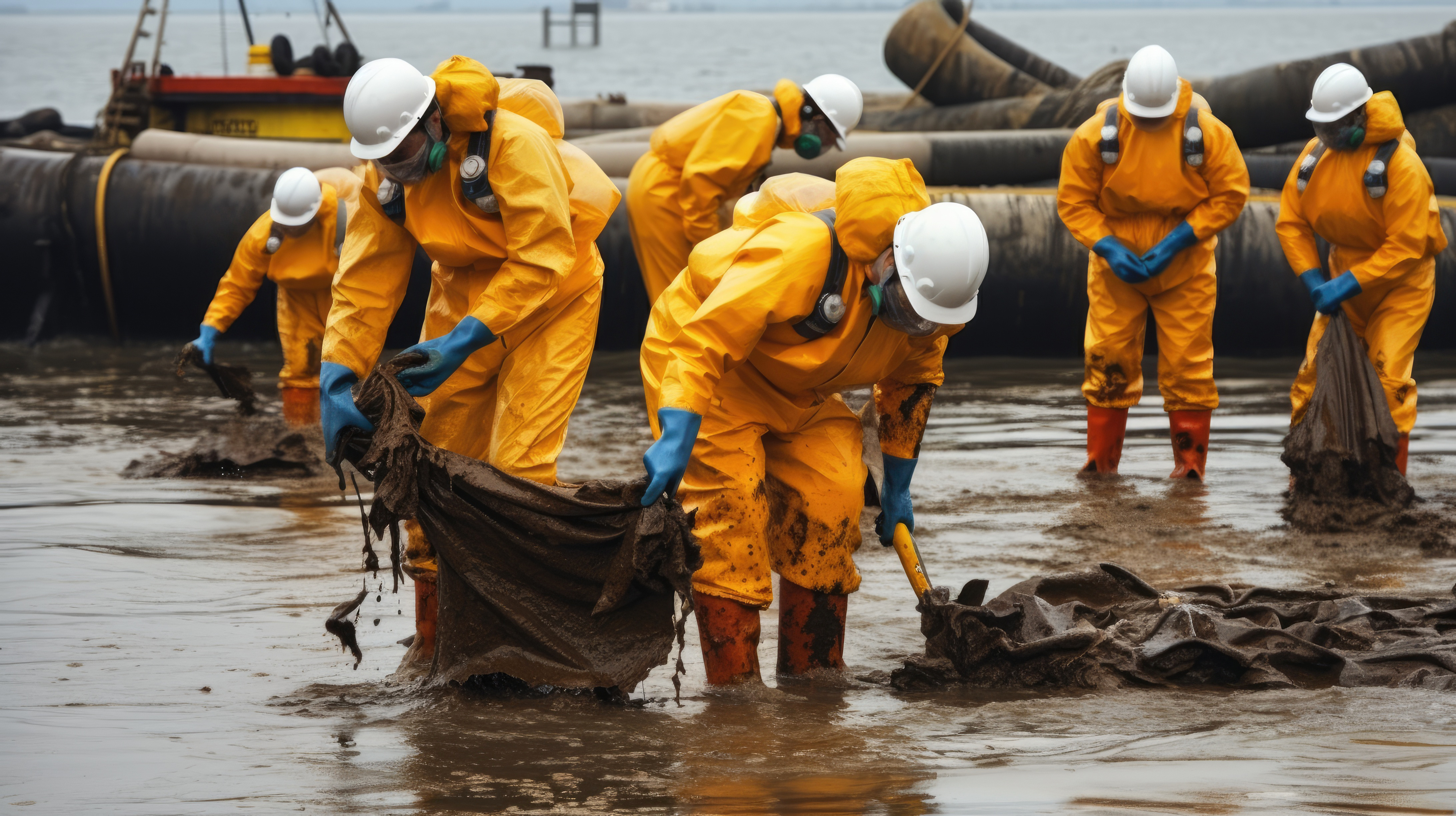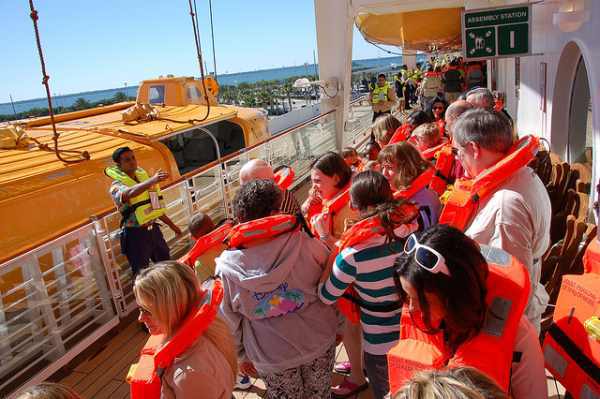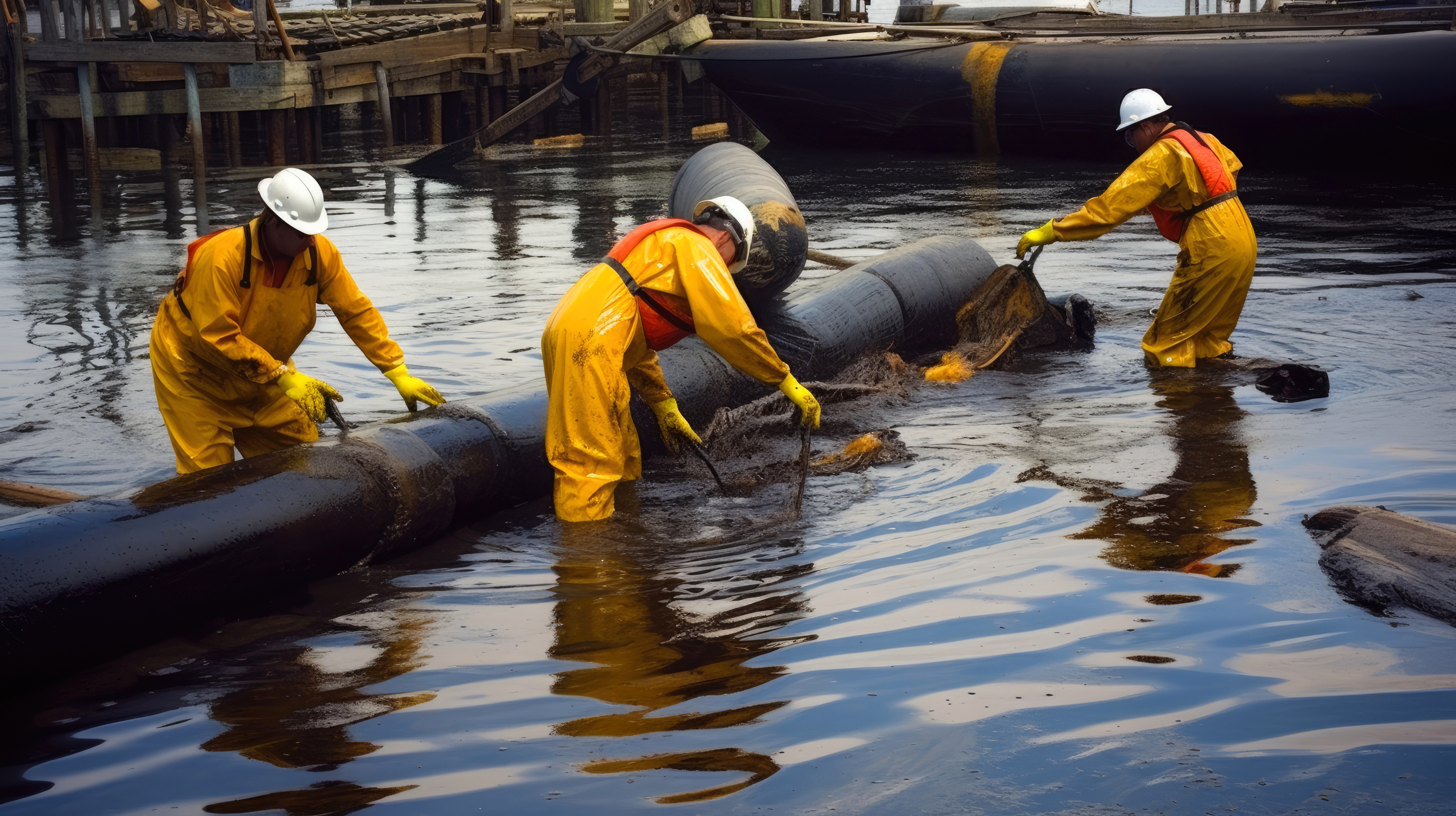
MaritimeMT Learning System
Skip available courses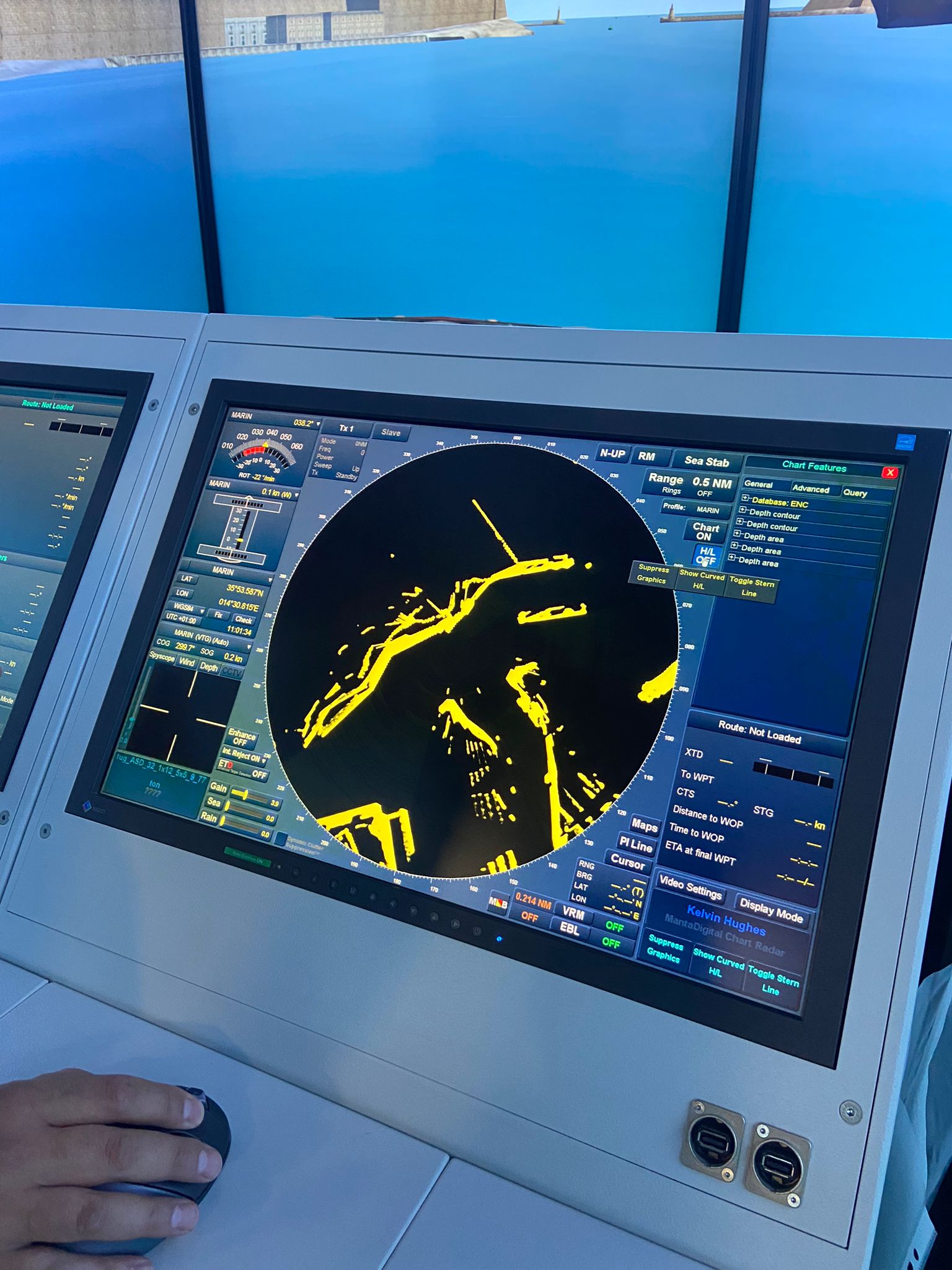

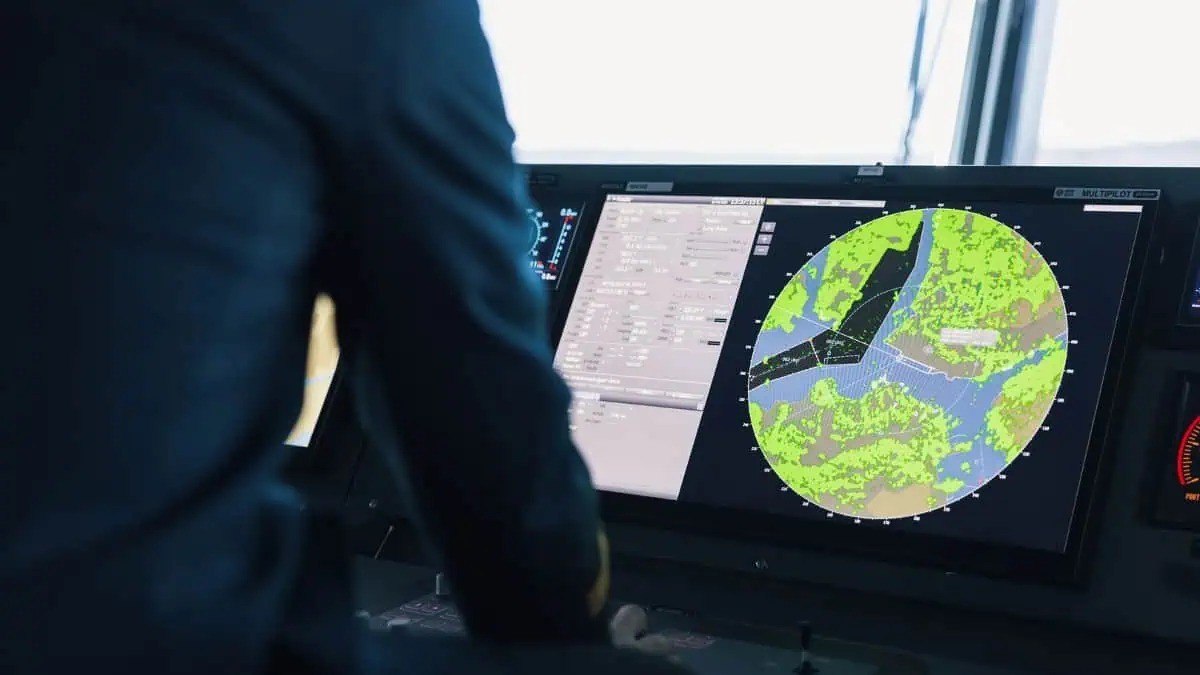
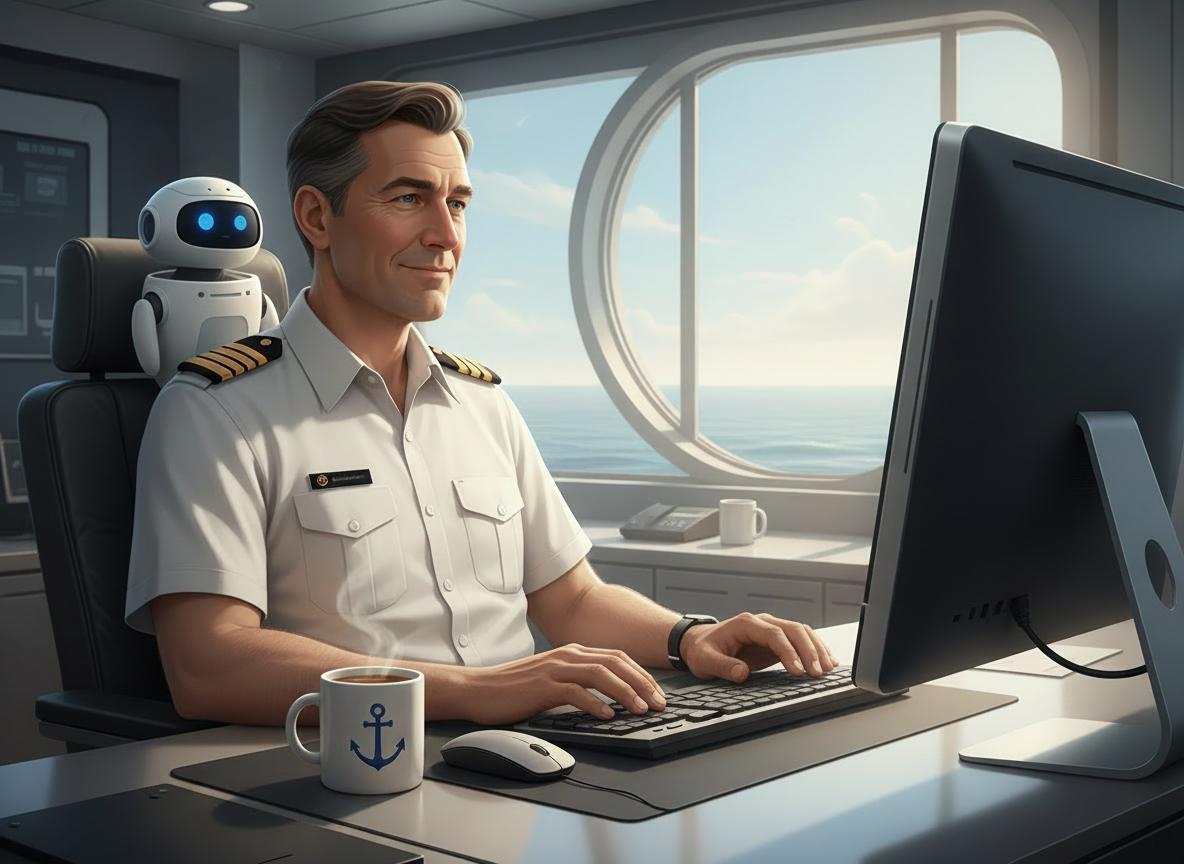
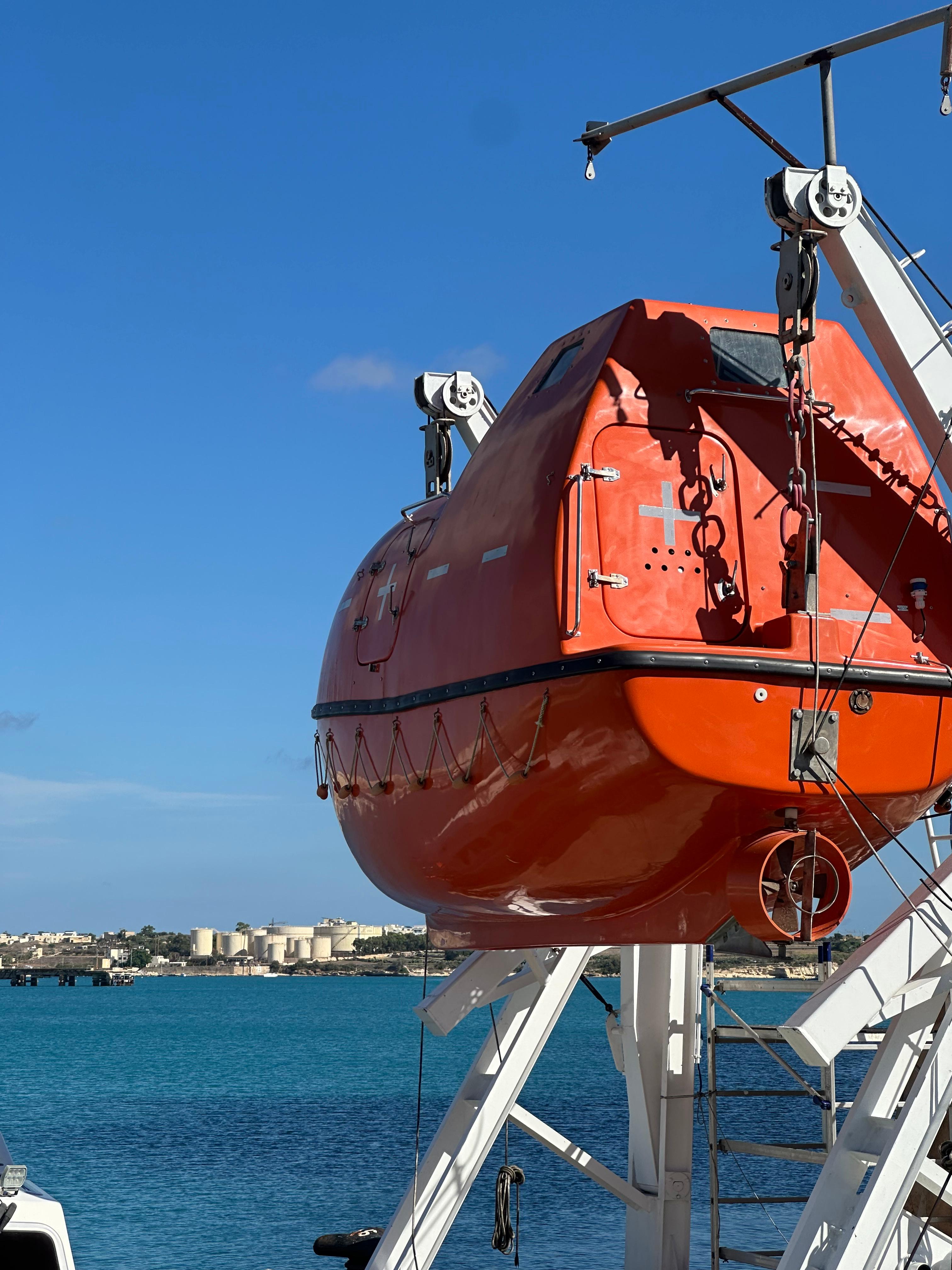



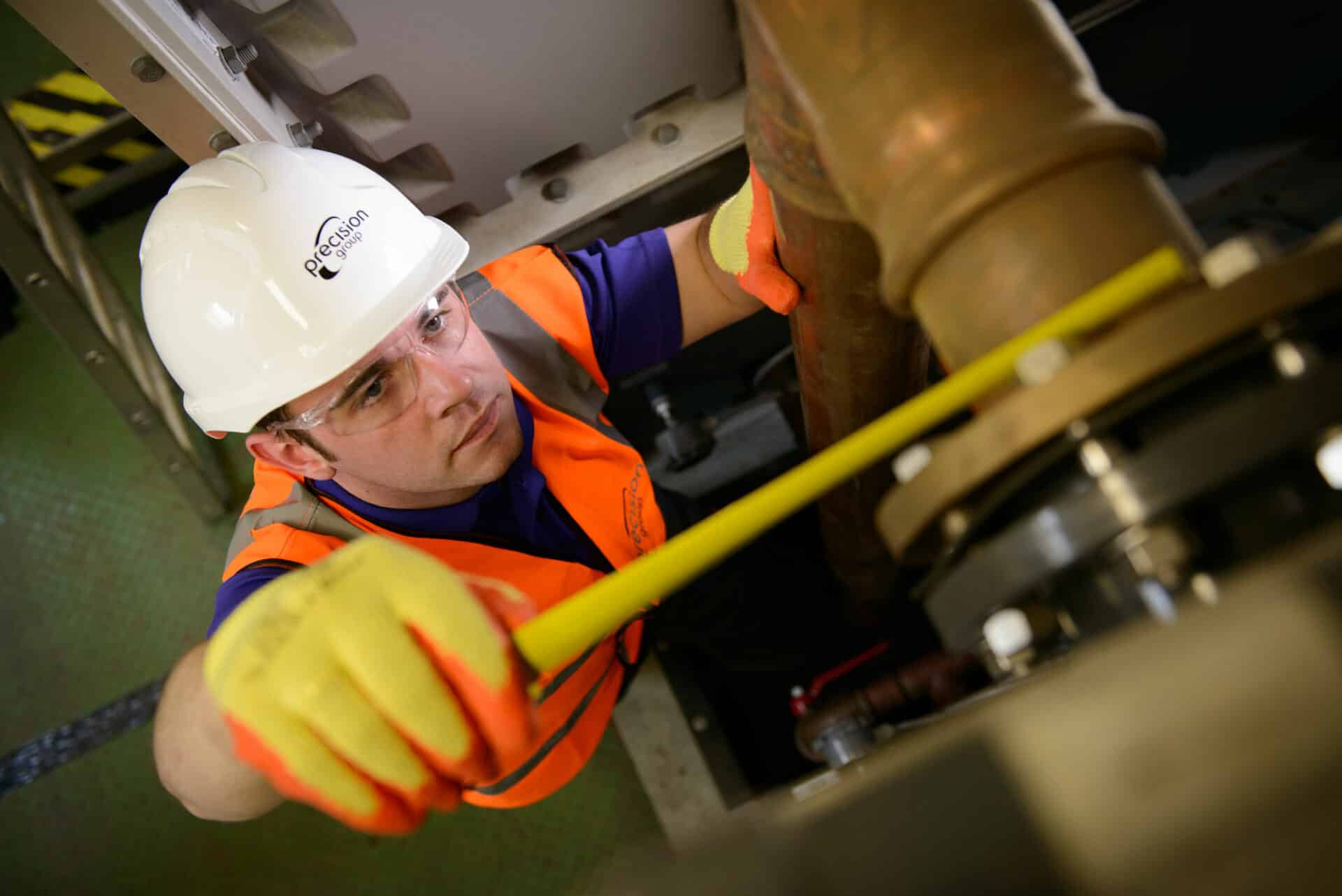
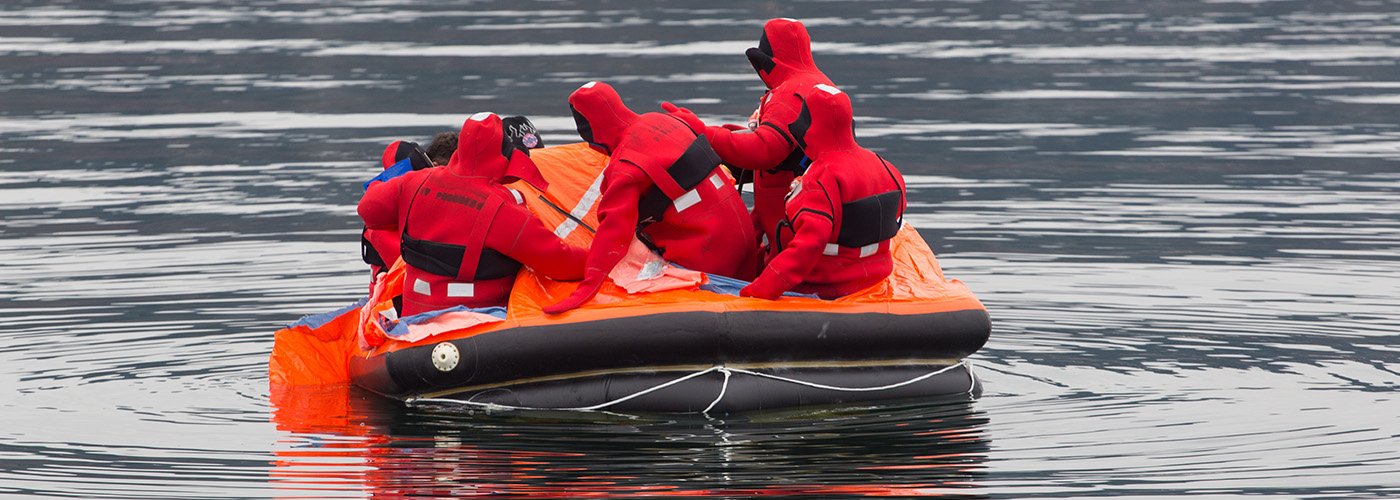
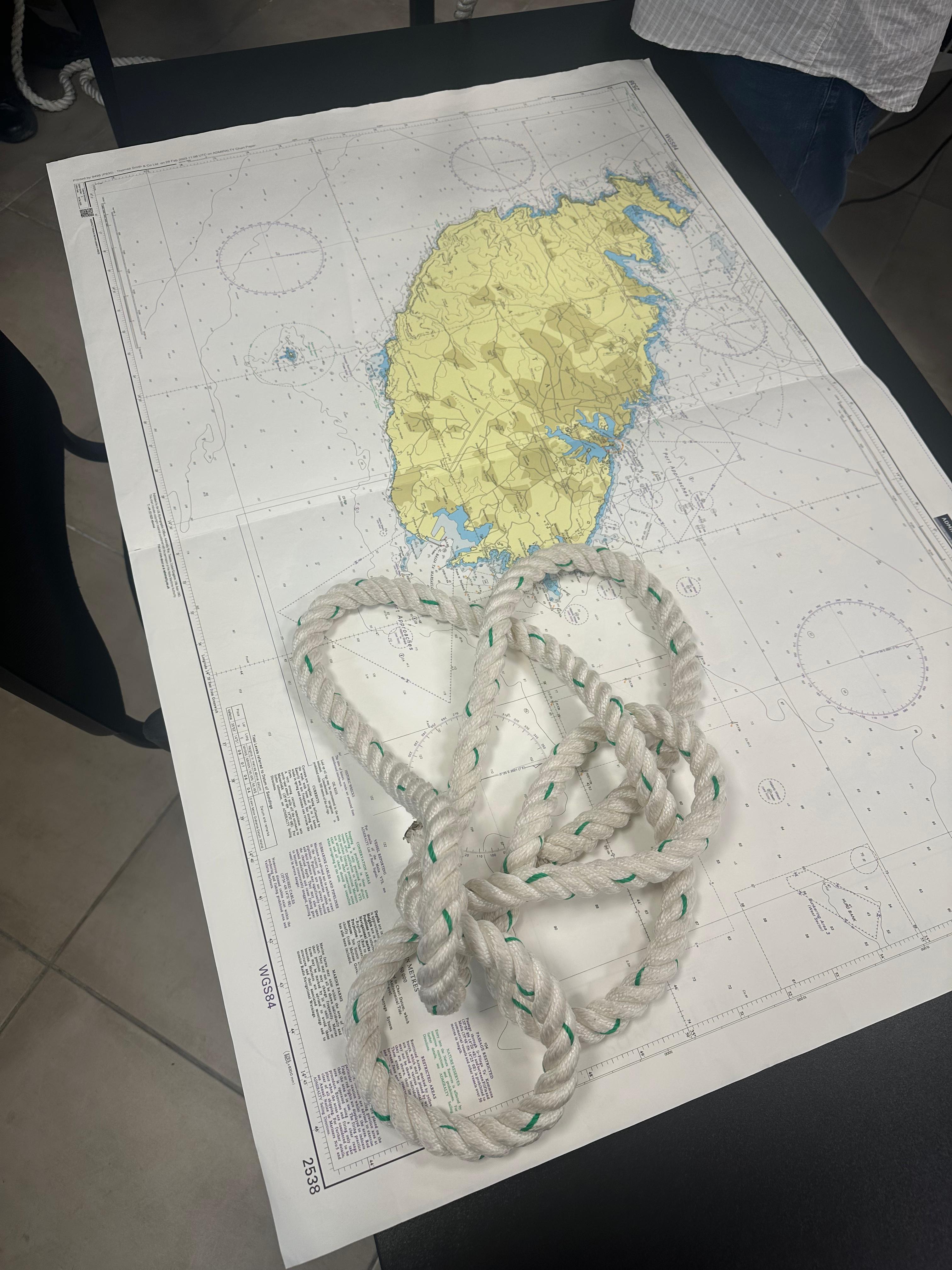
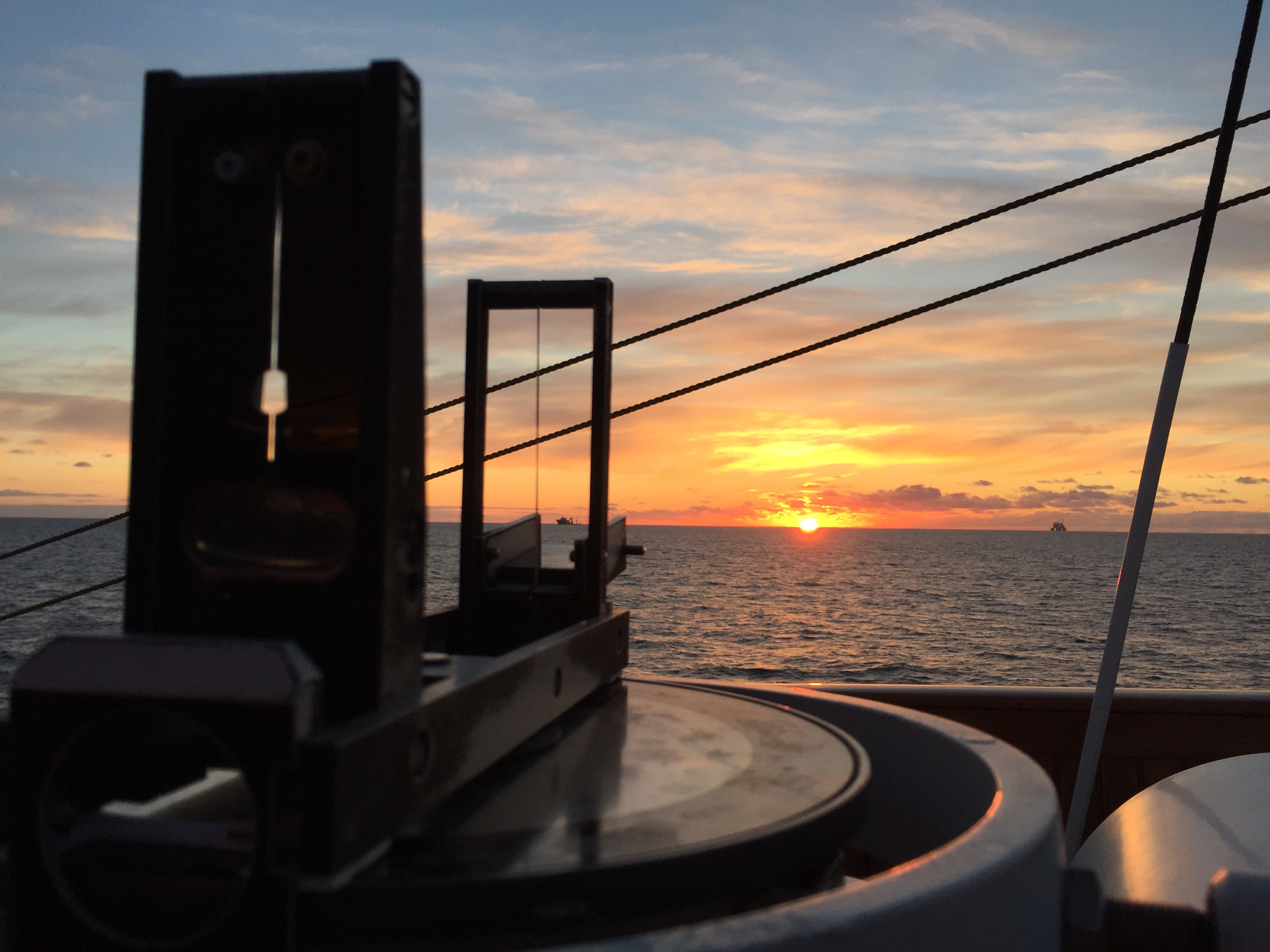
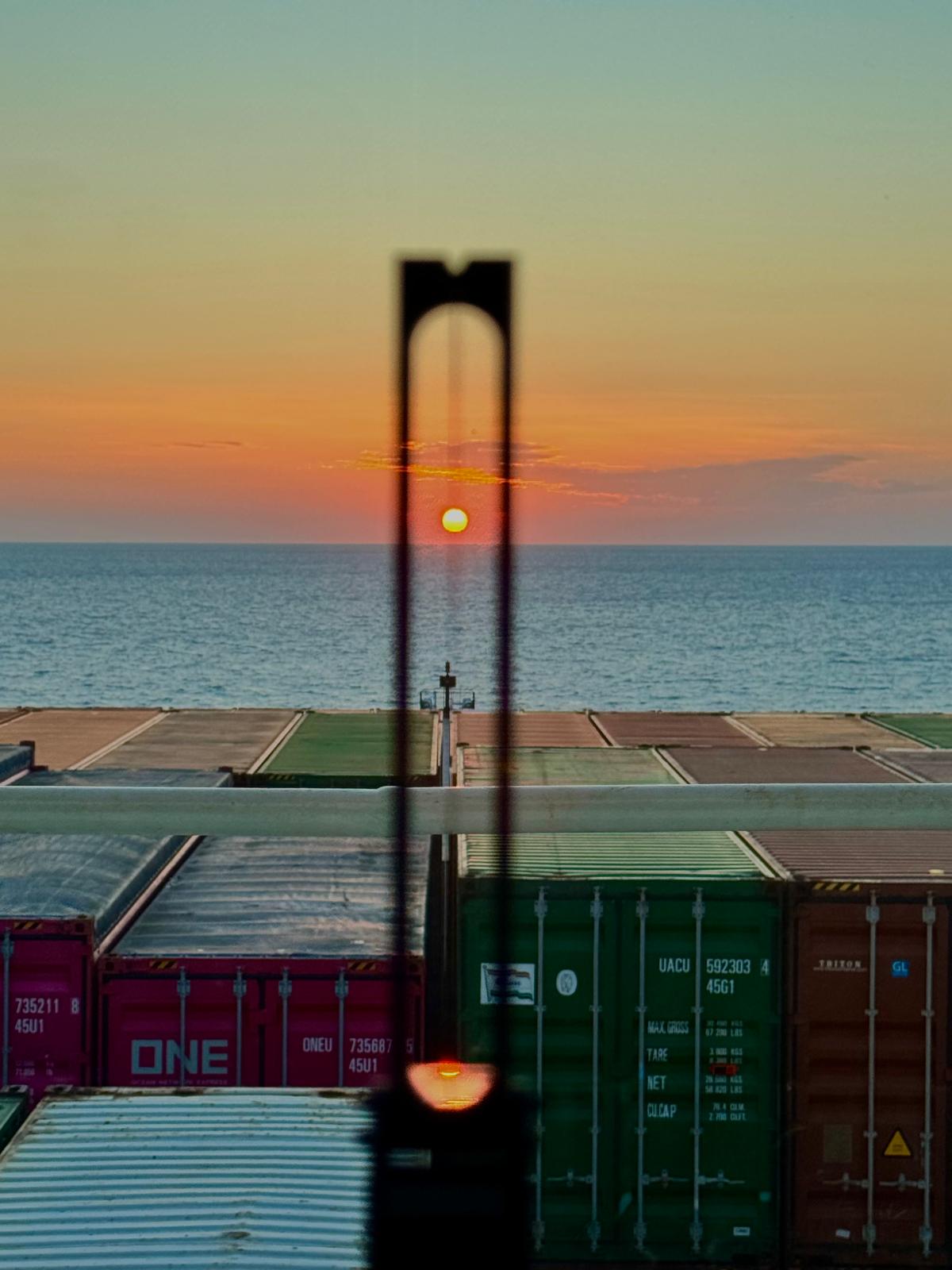
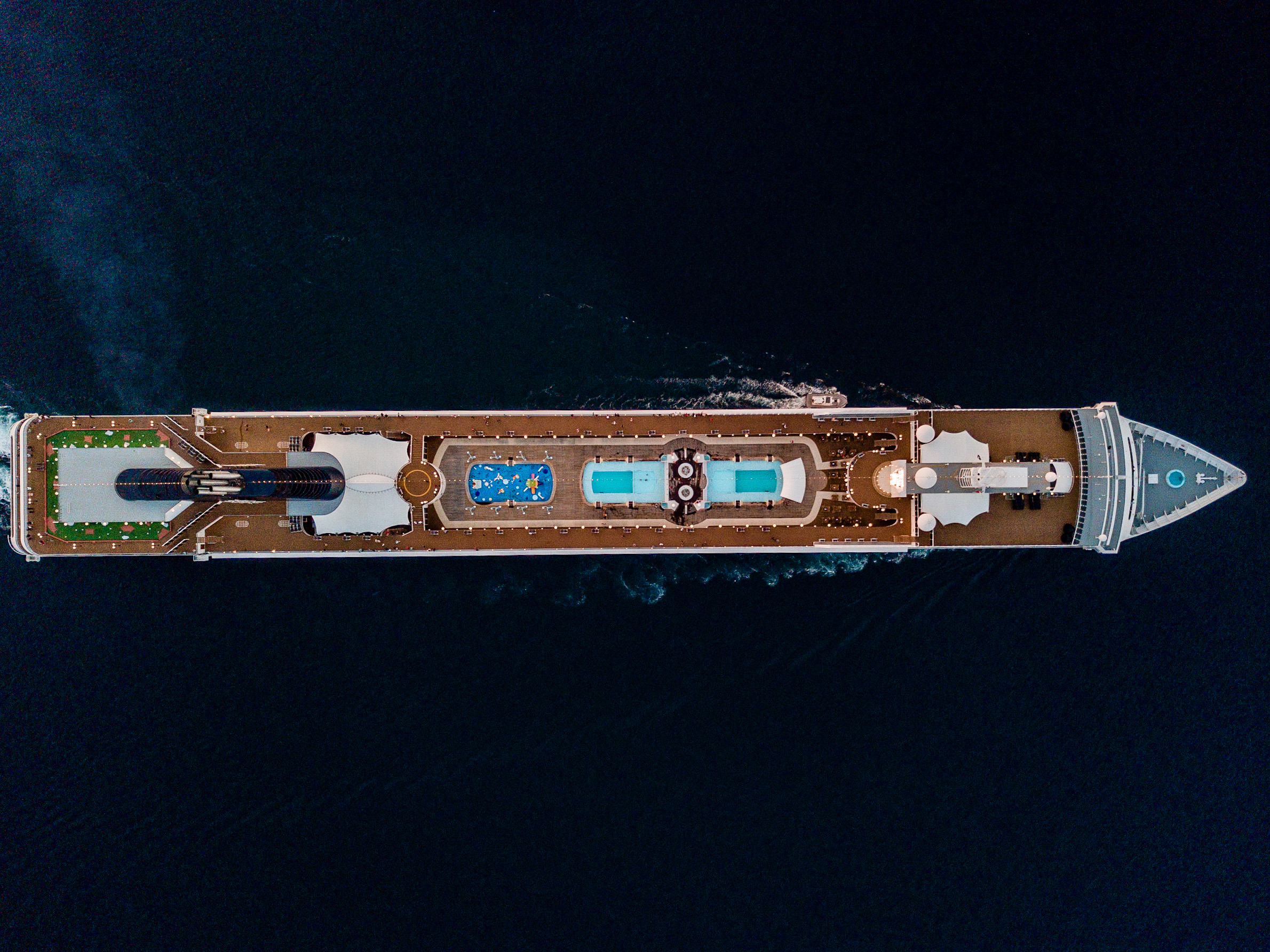


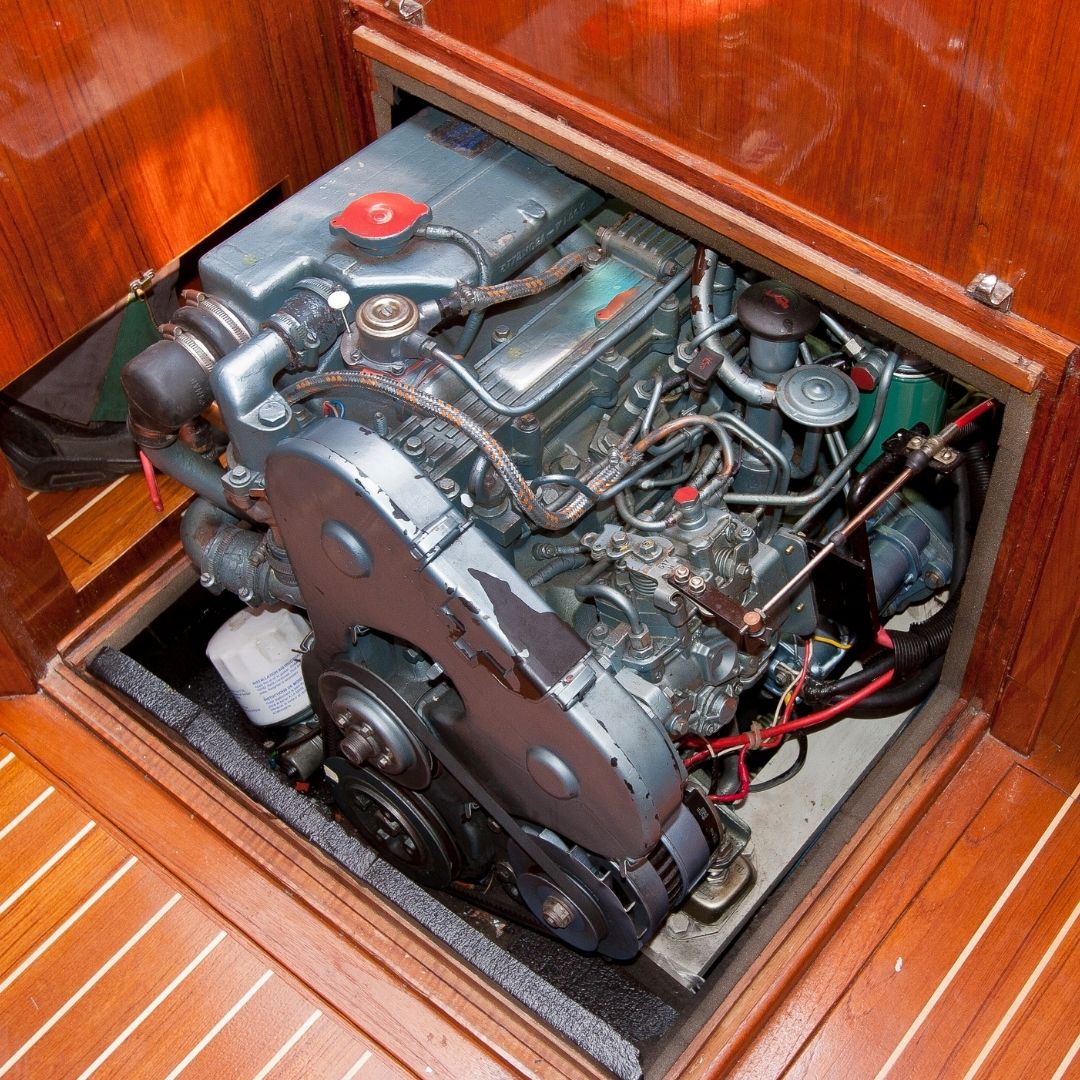

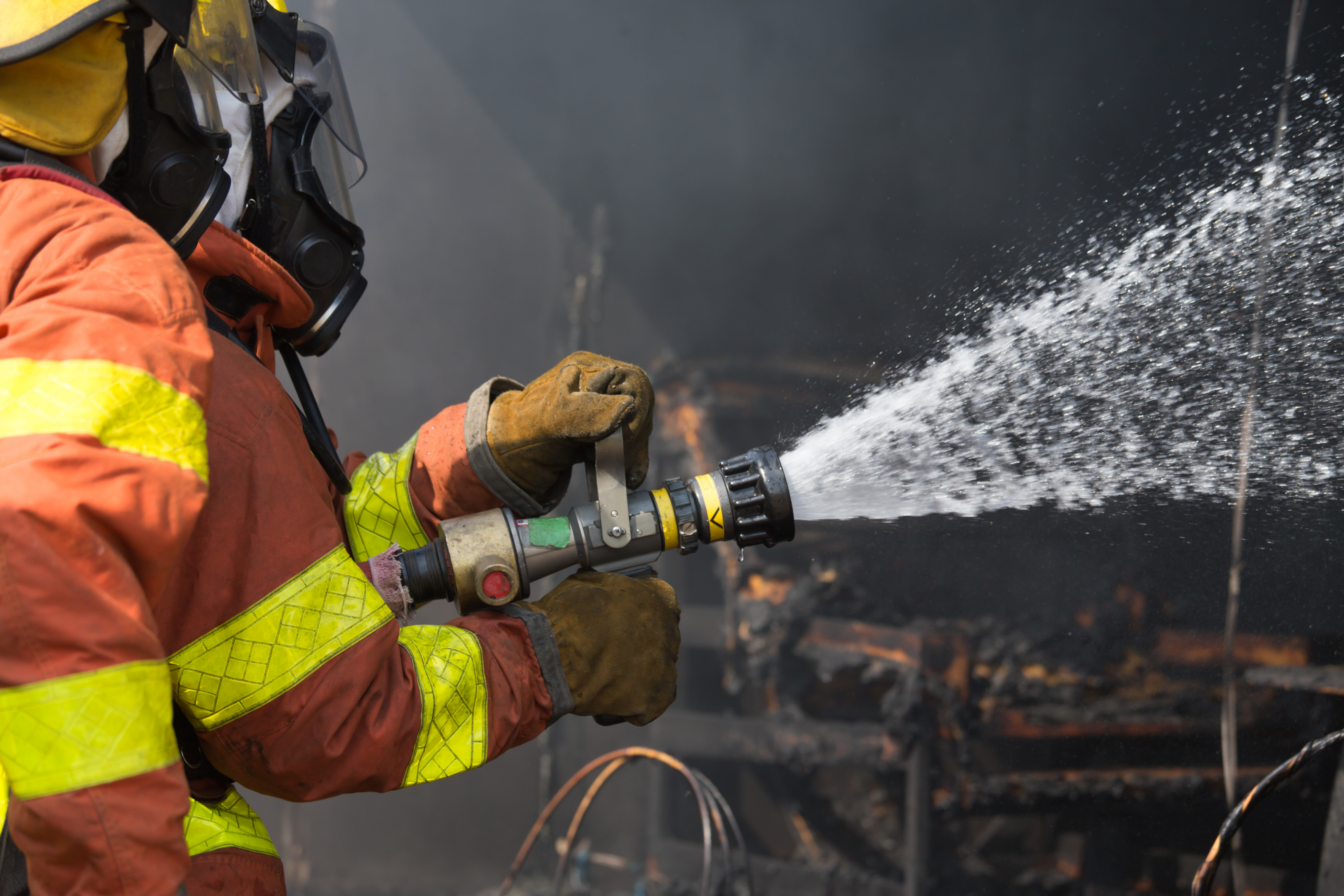
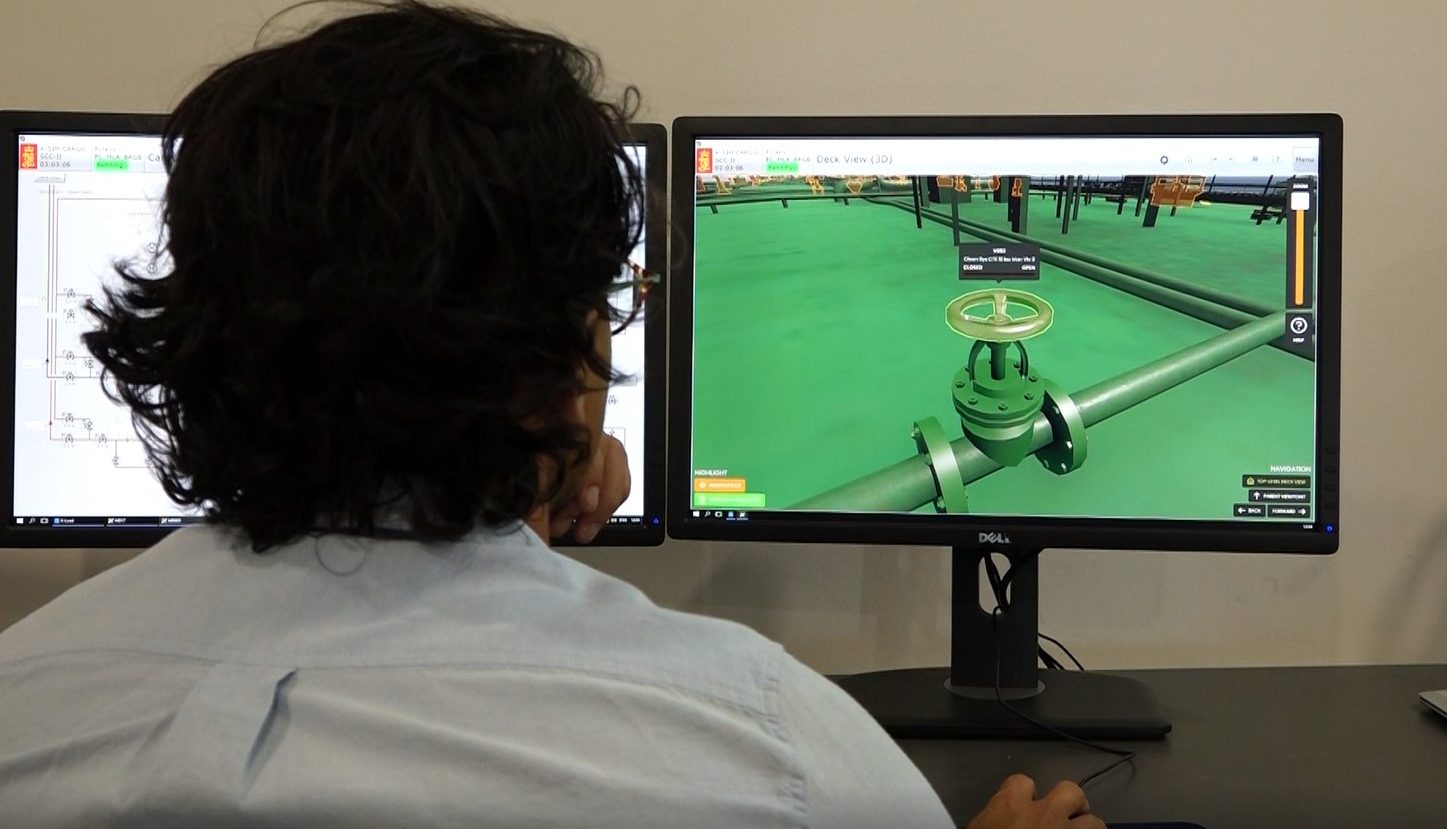
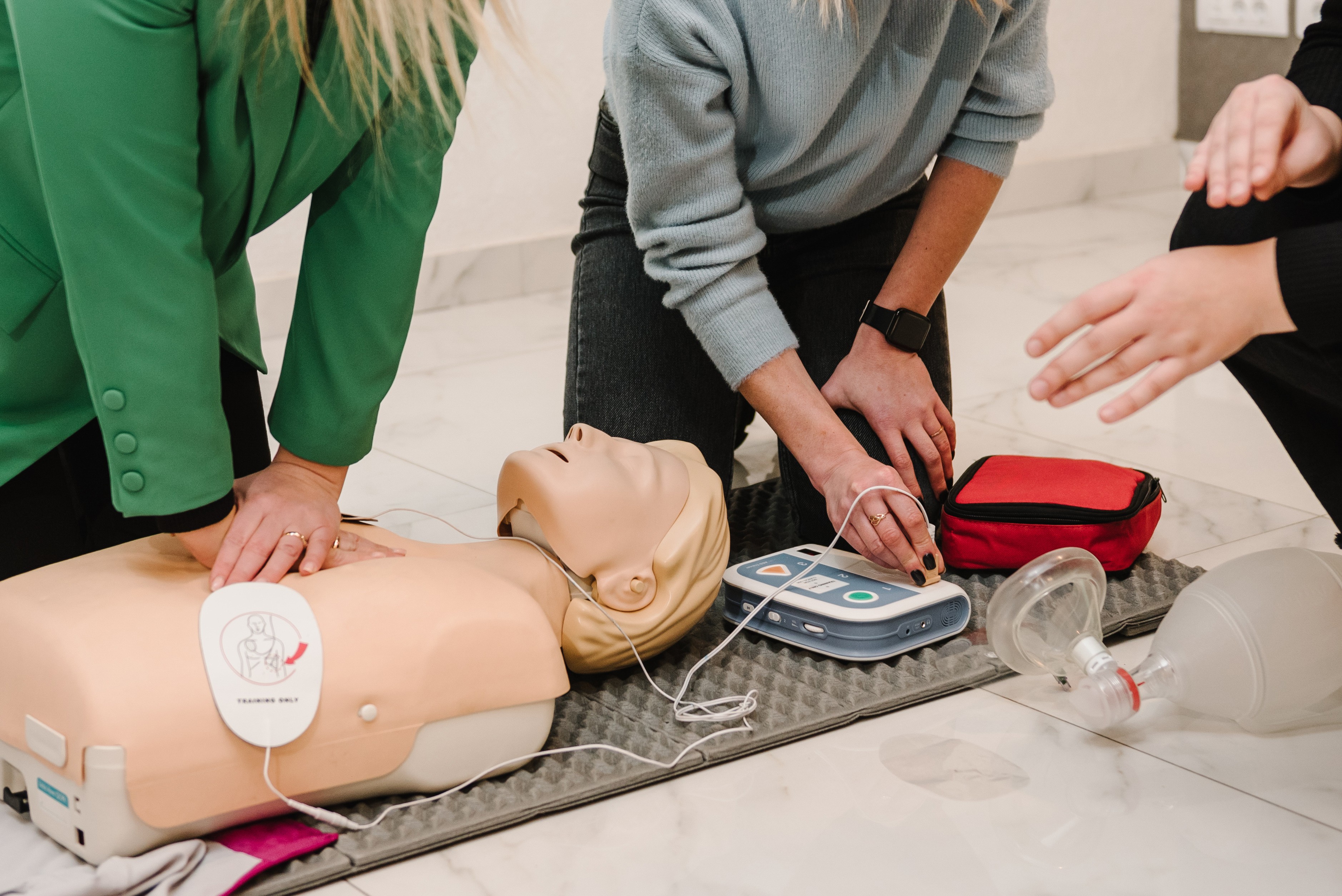
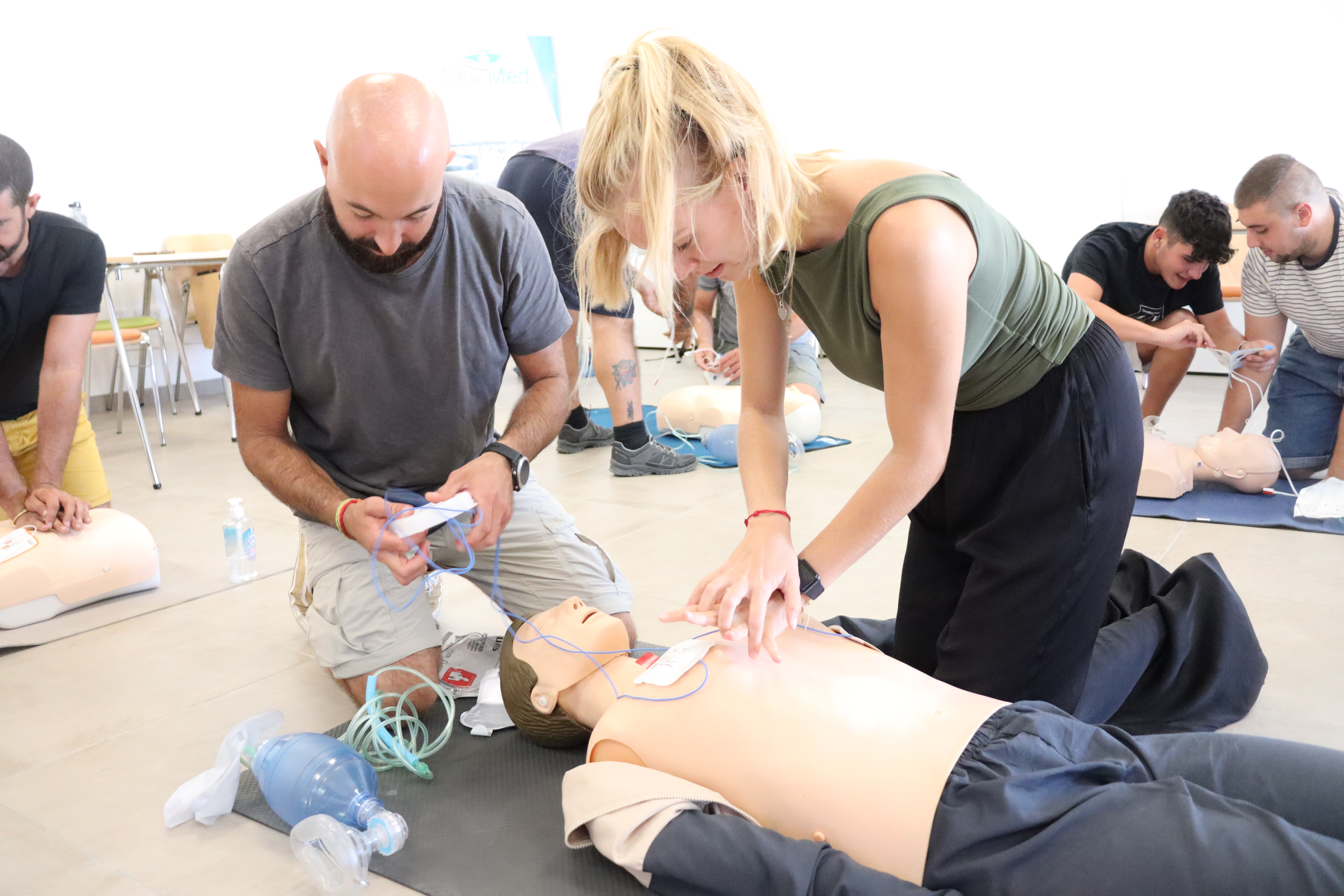


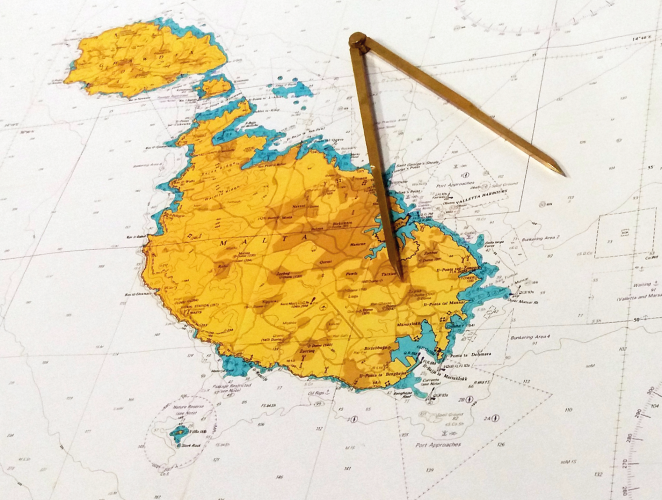
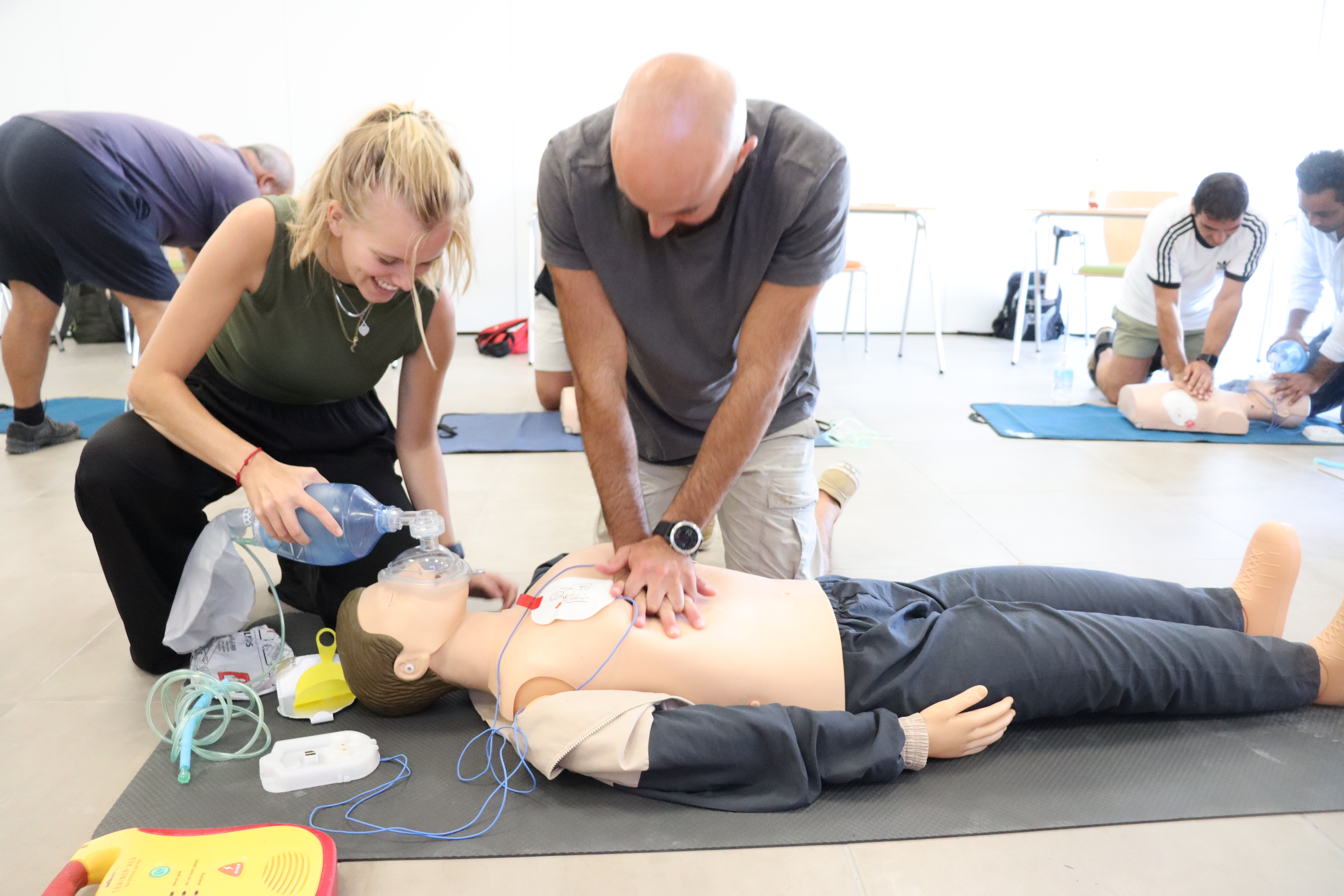
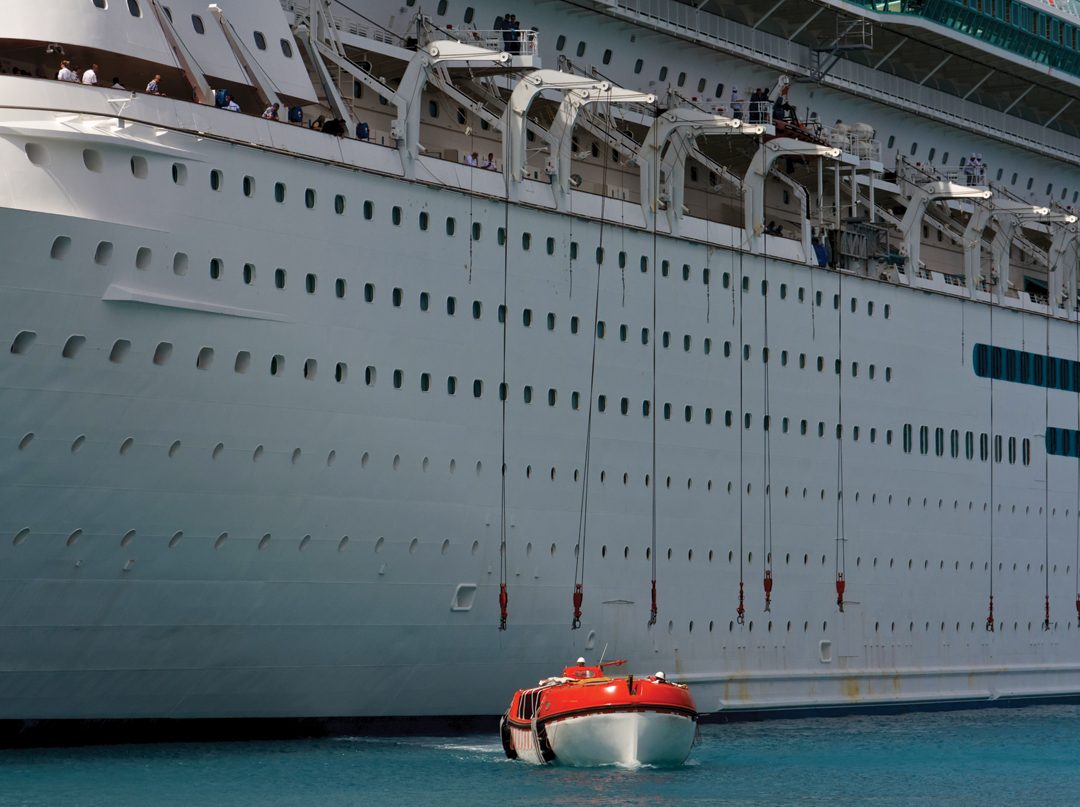
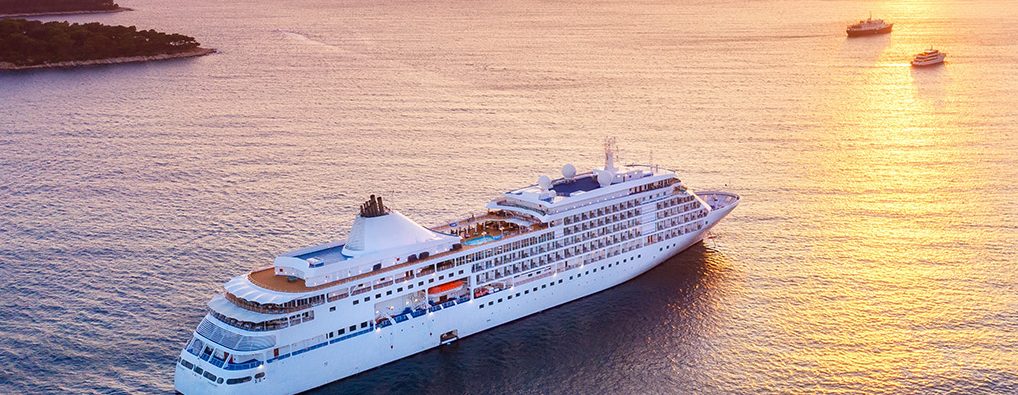

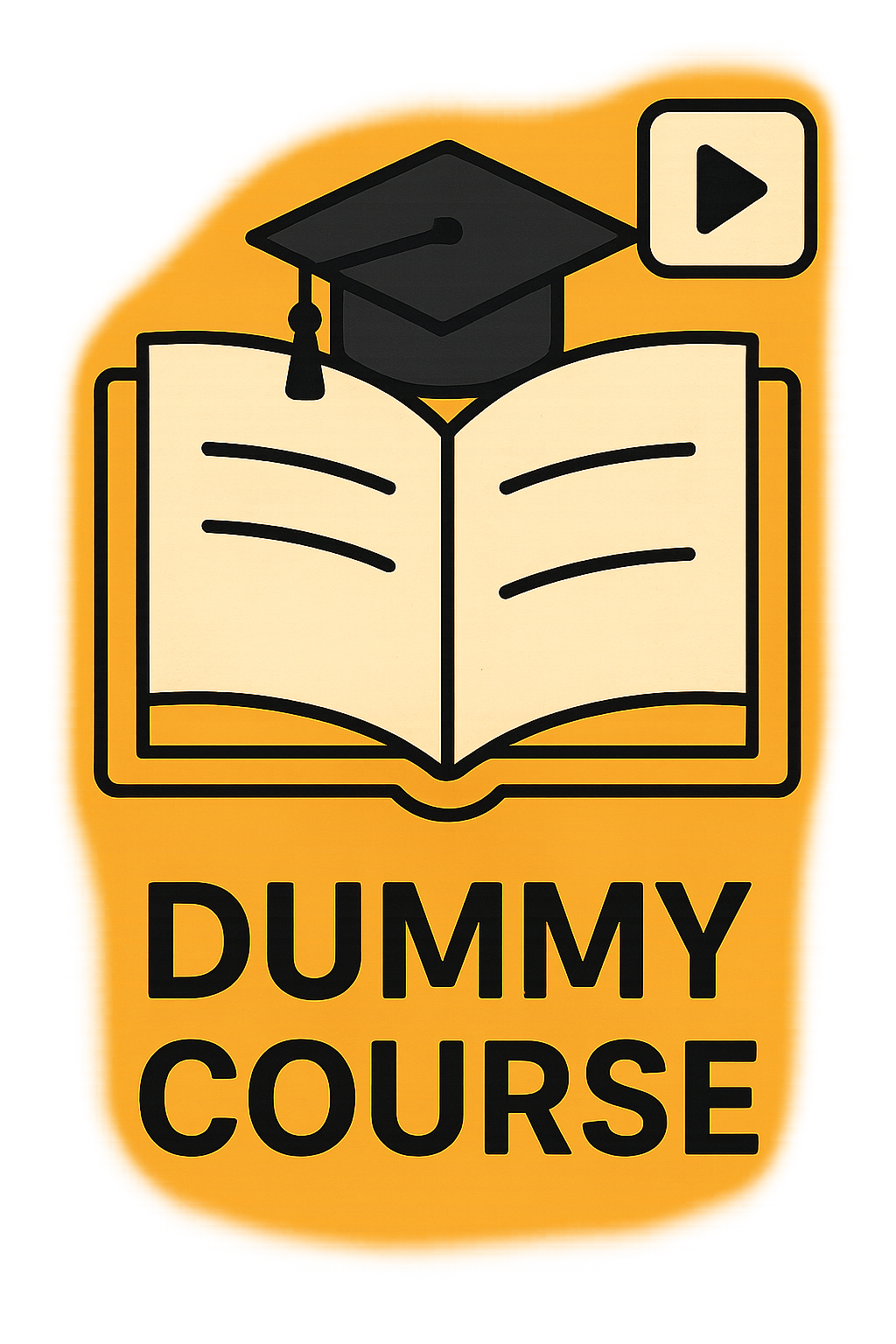

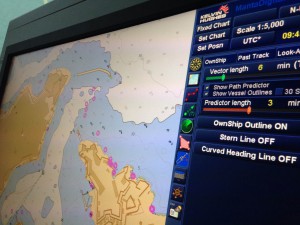



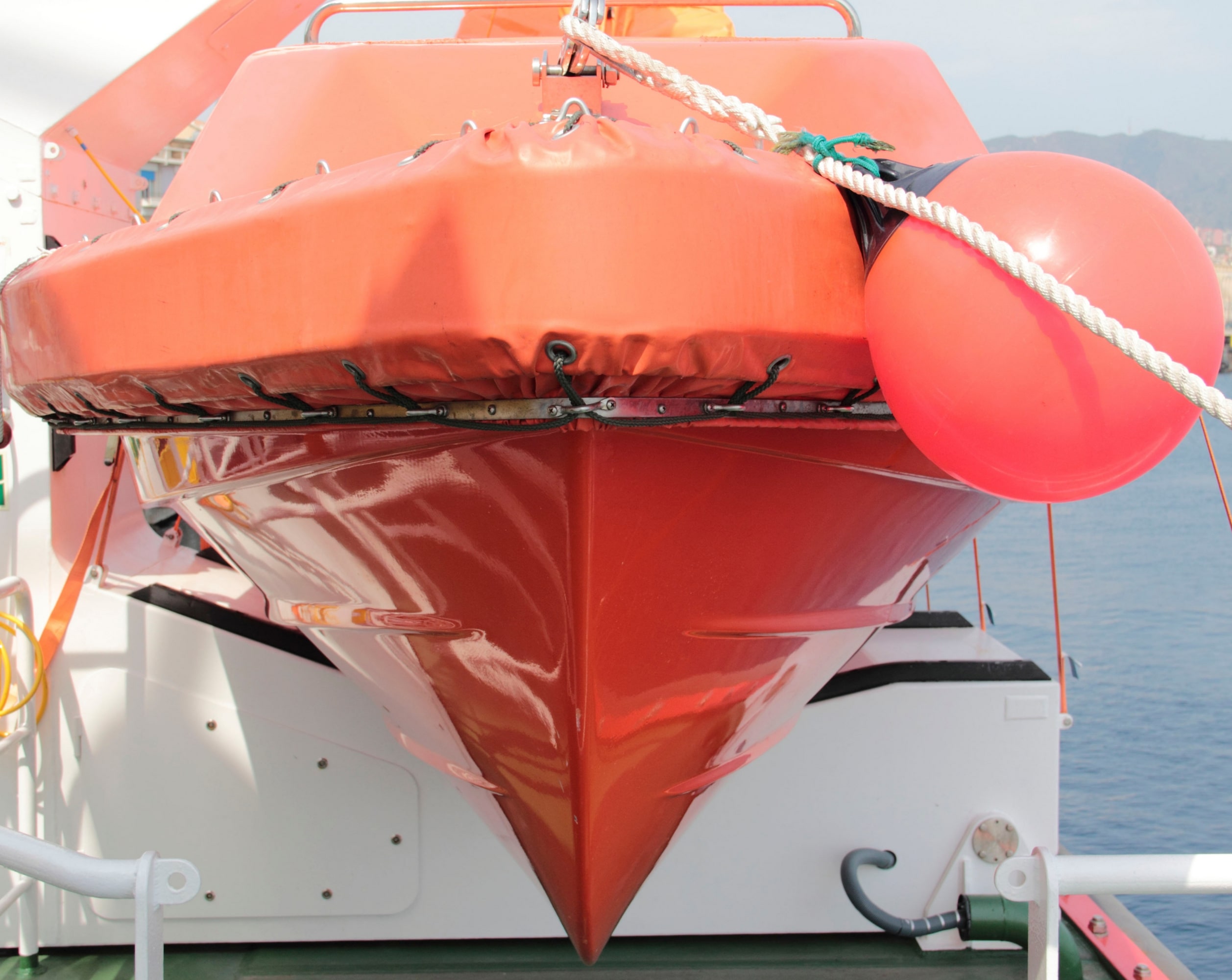
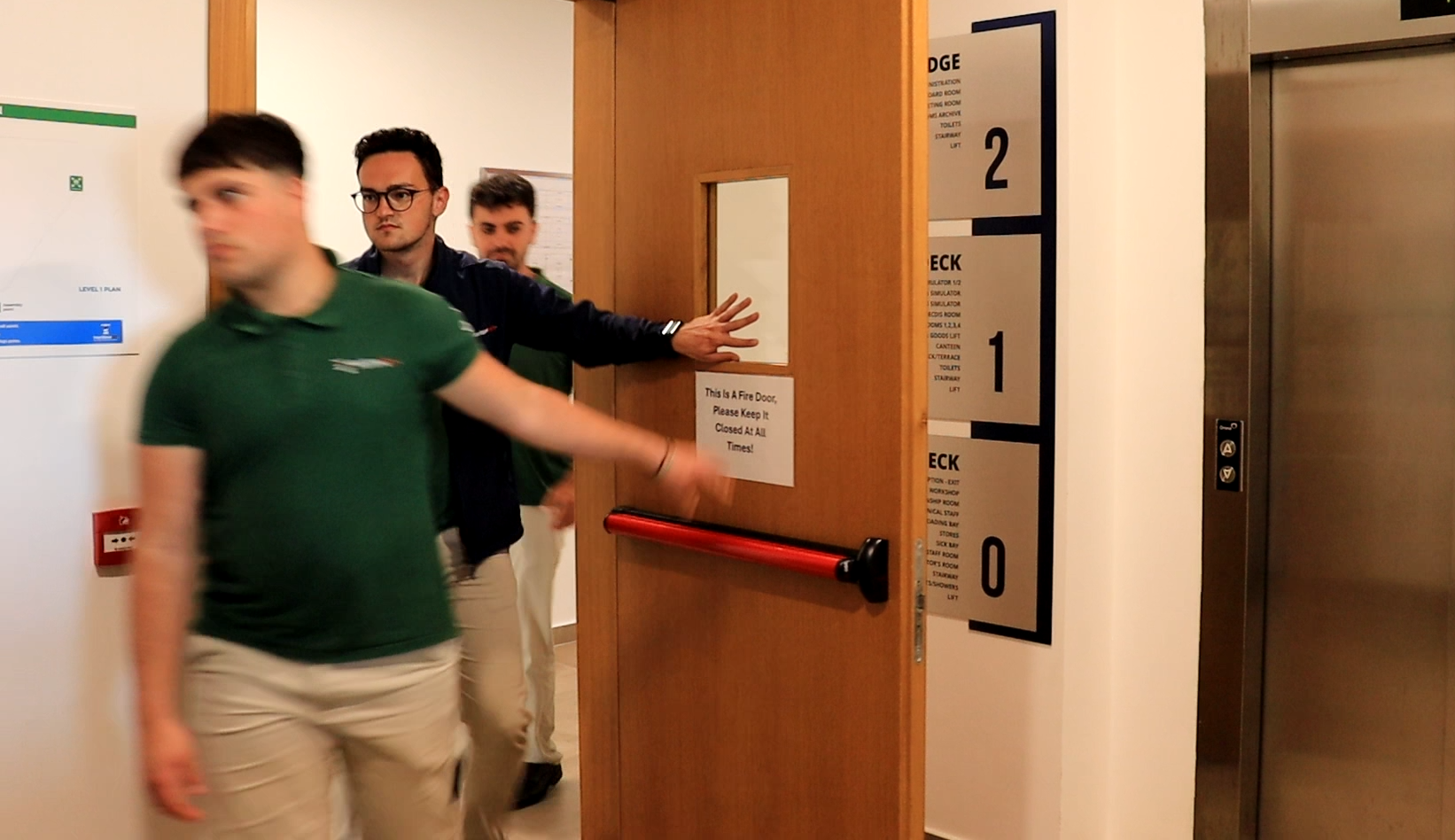

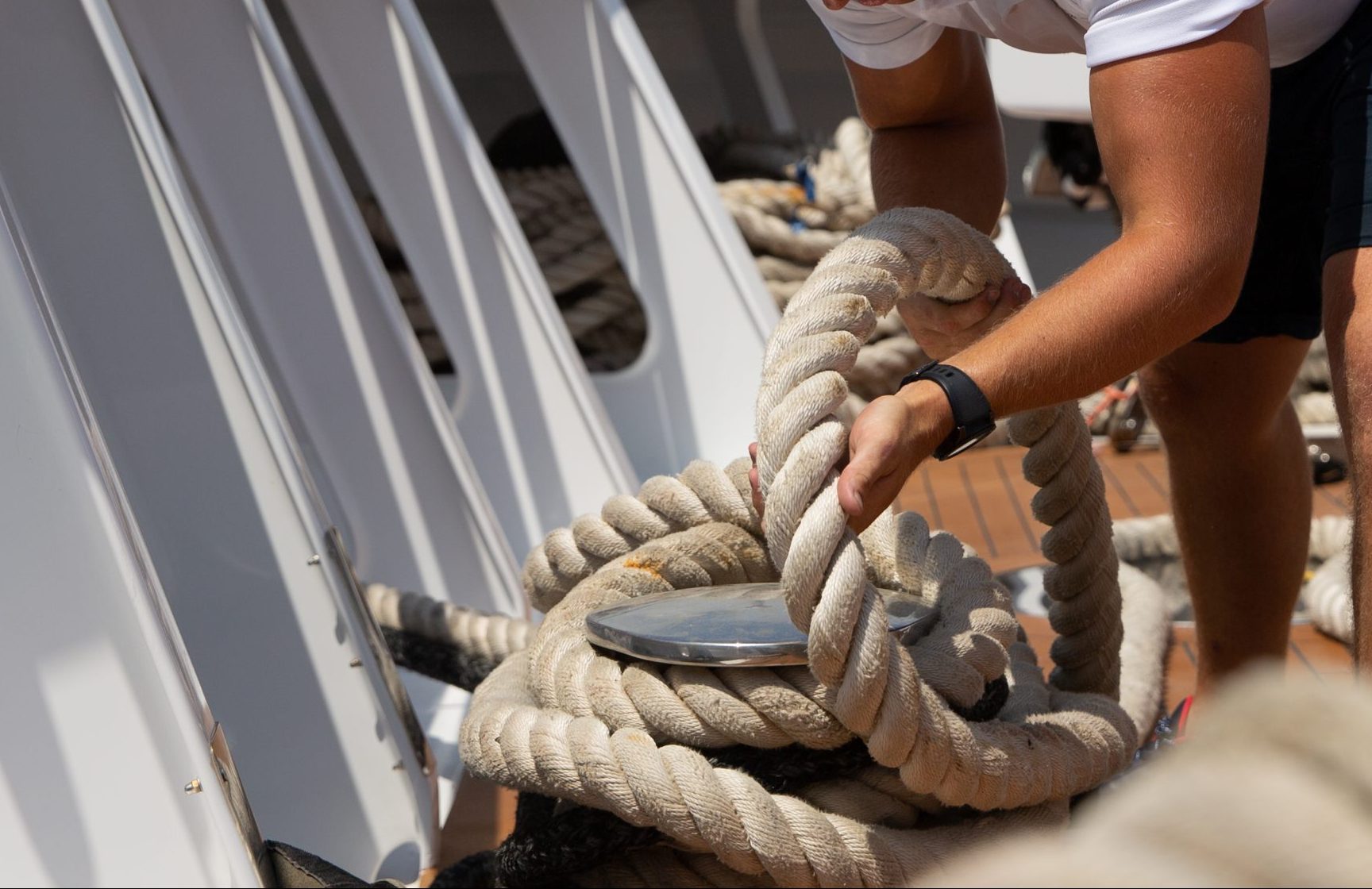
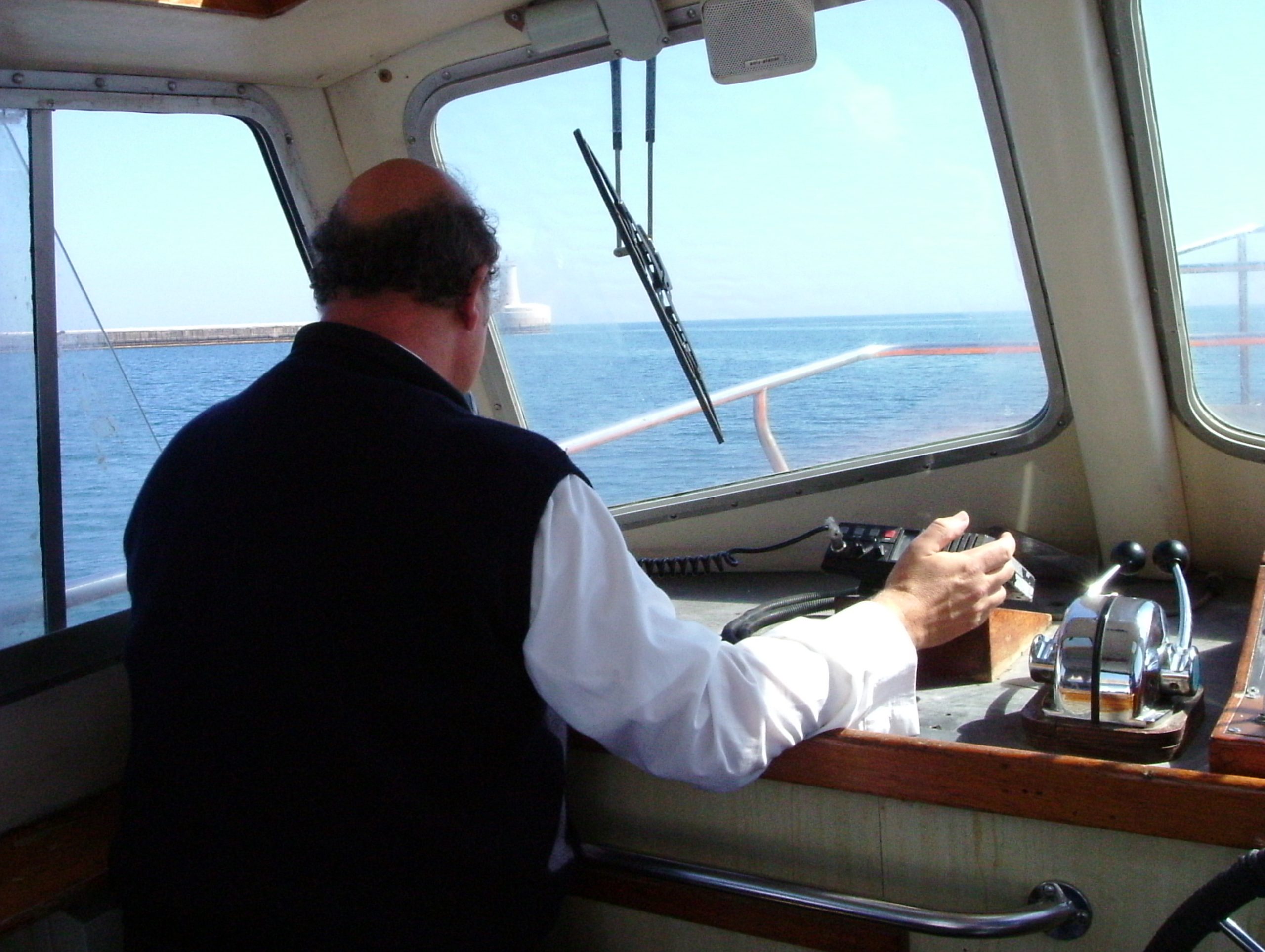
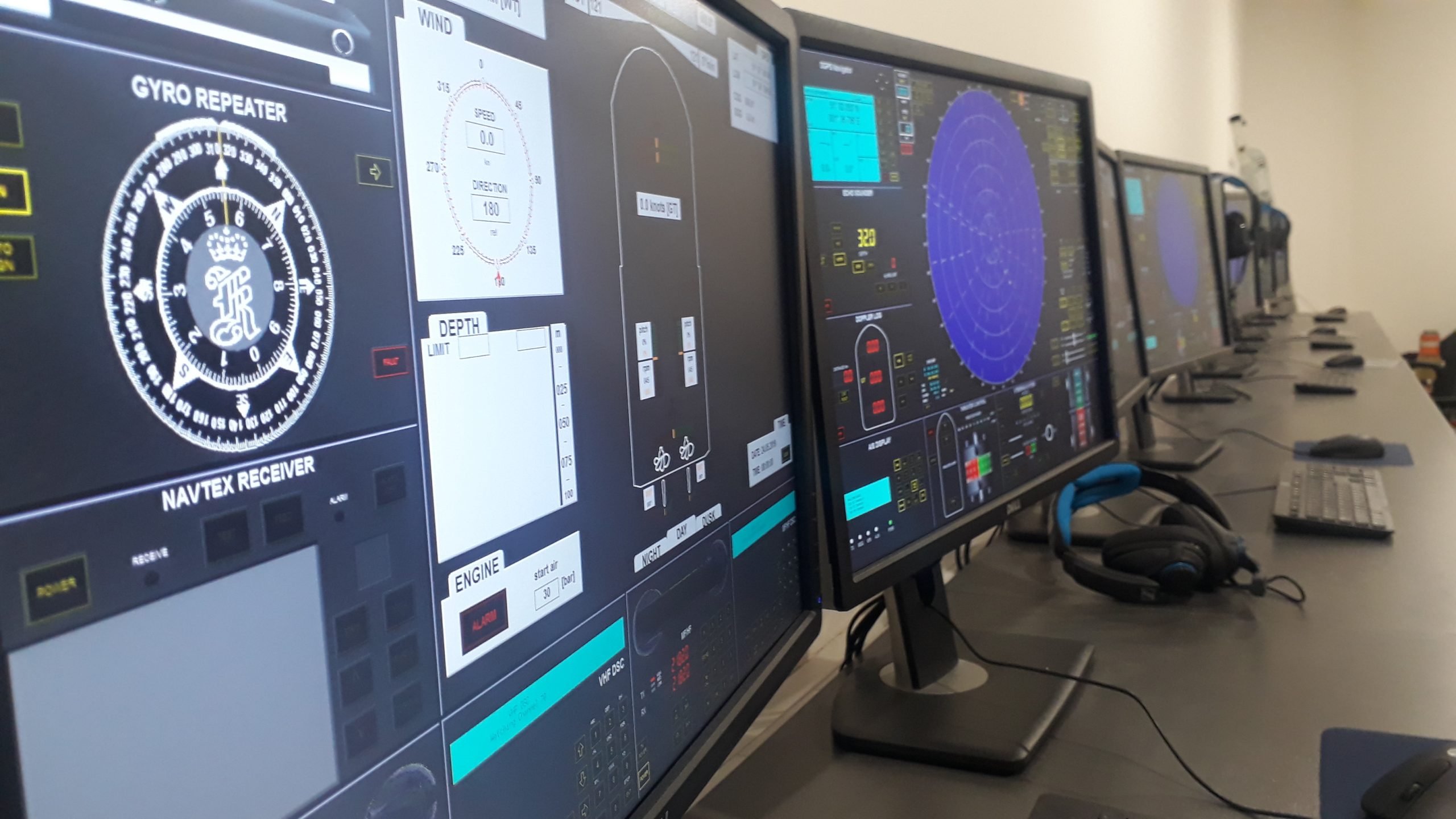

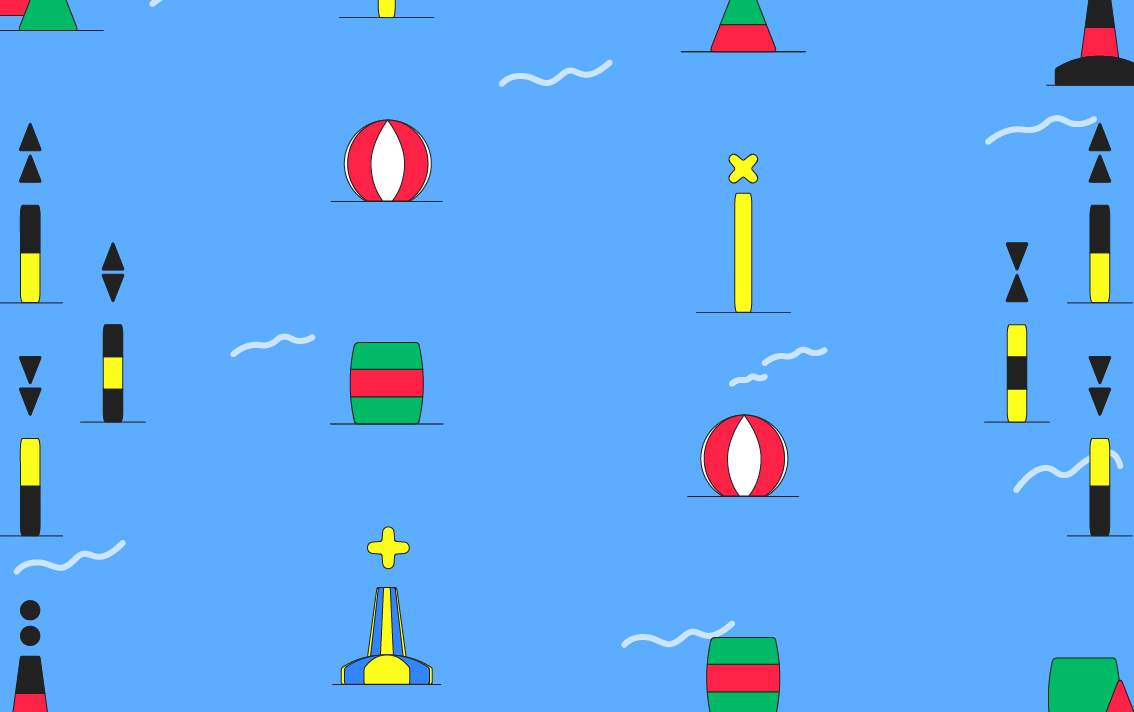

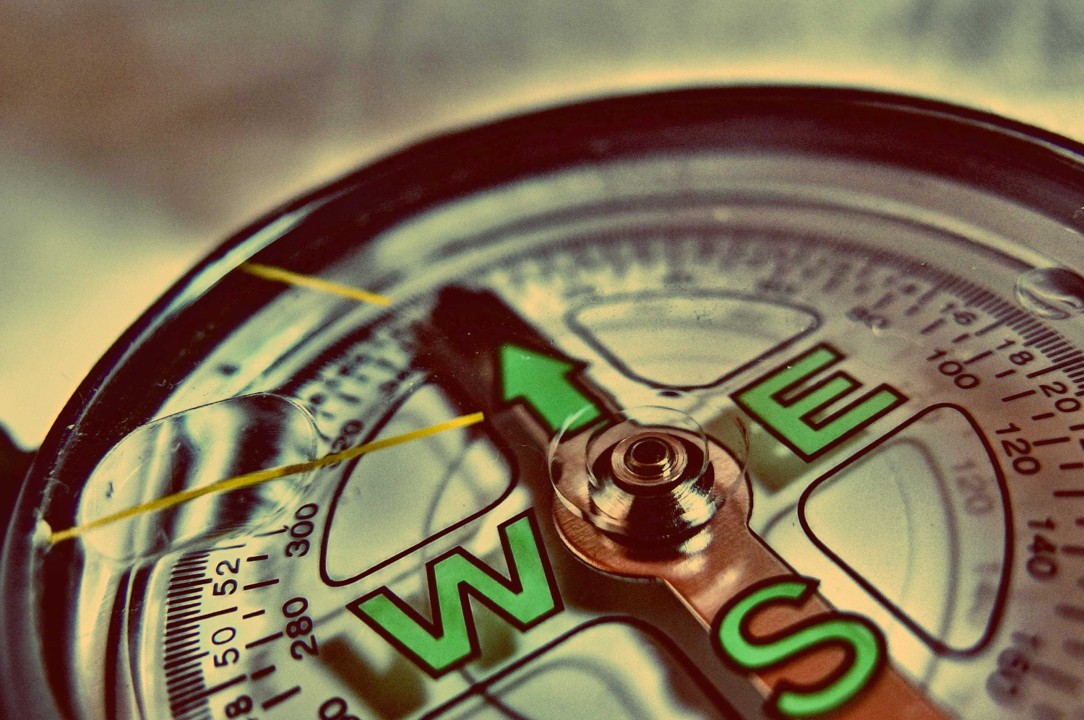
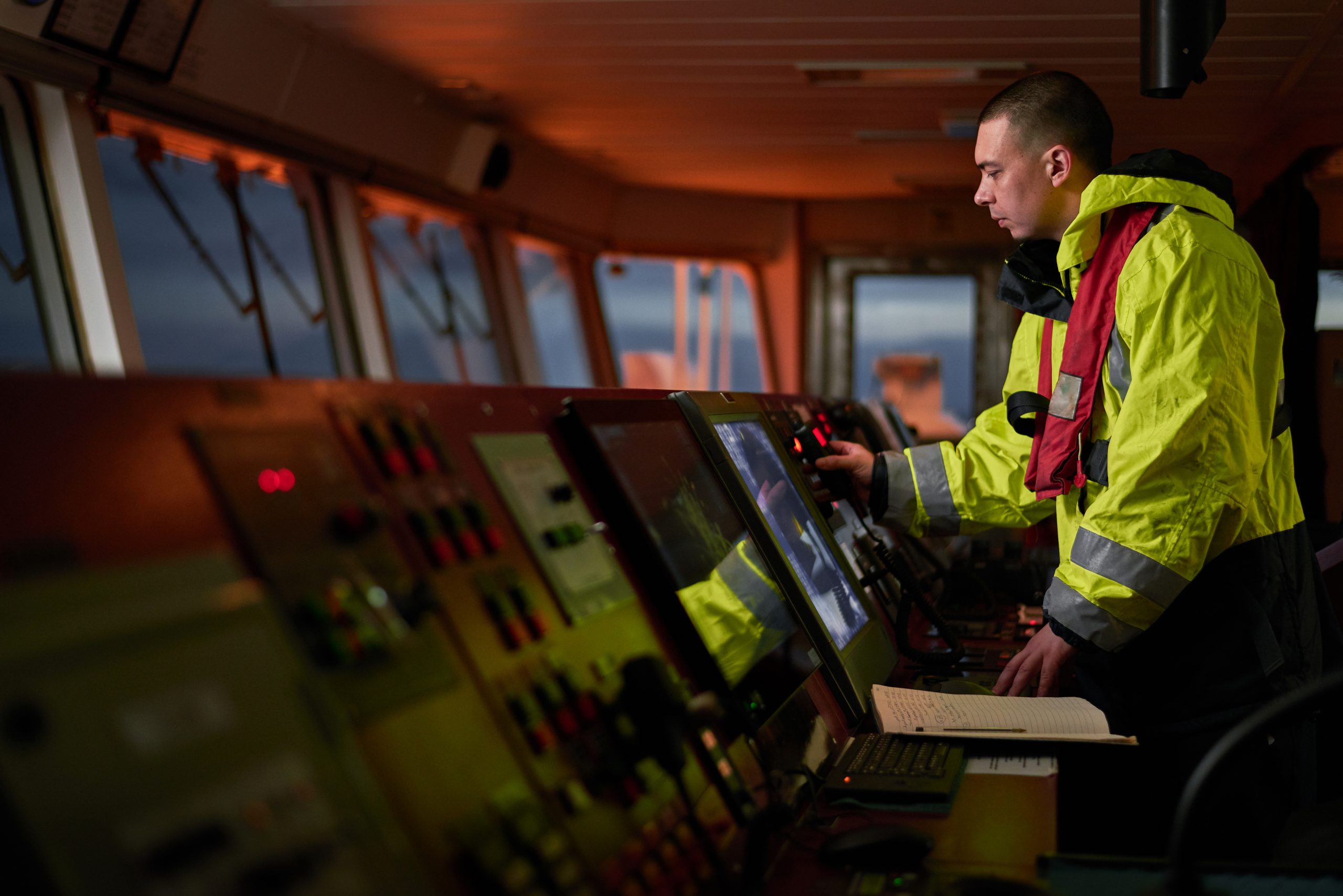

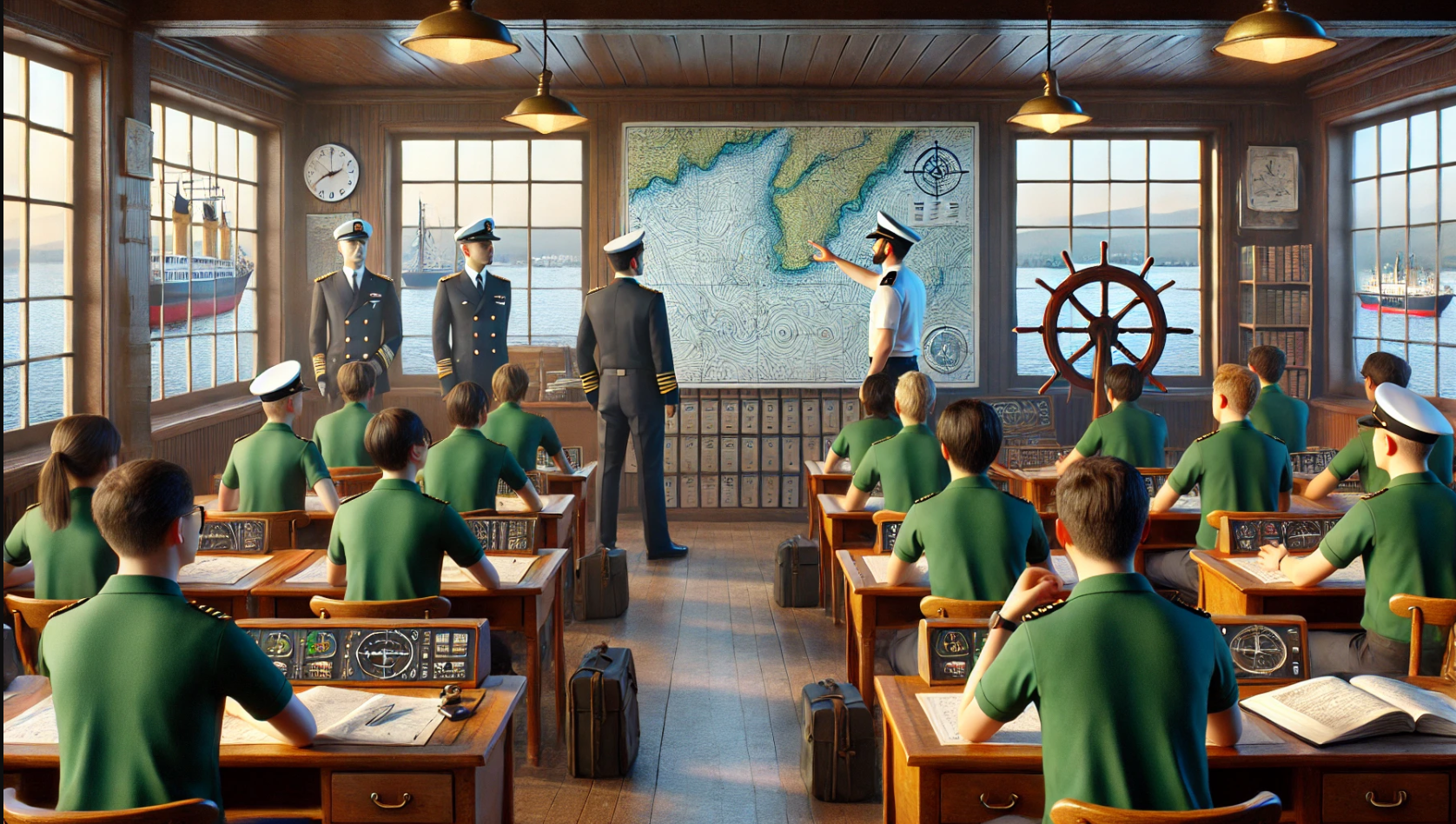
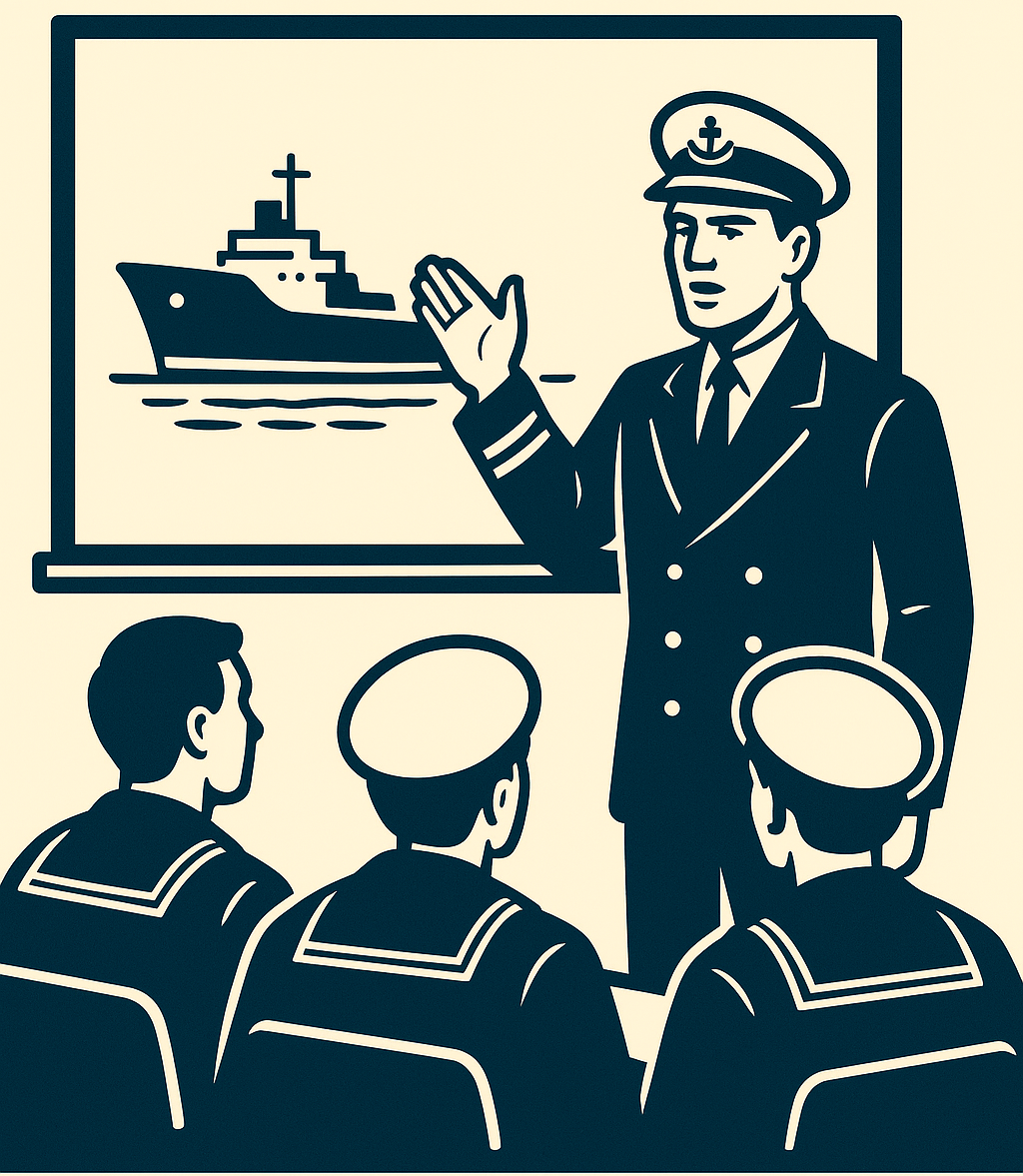
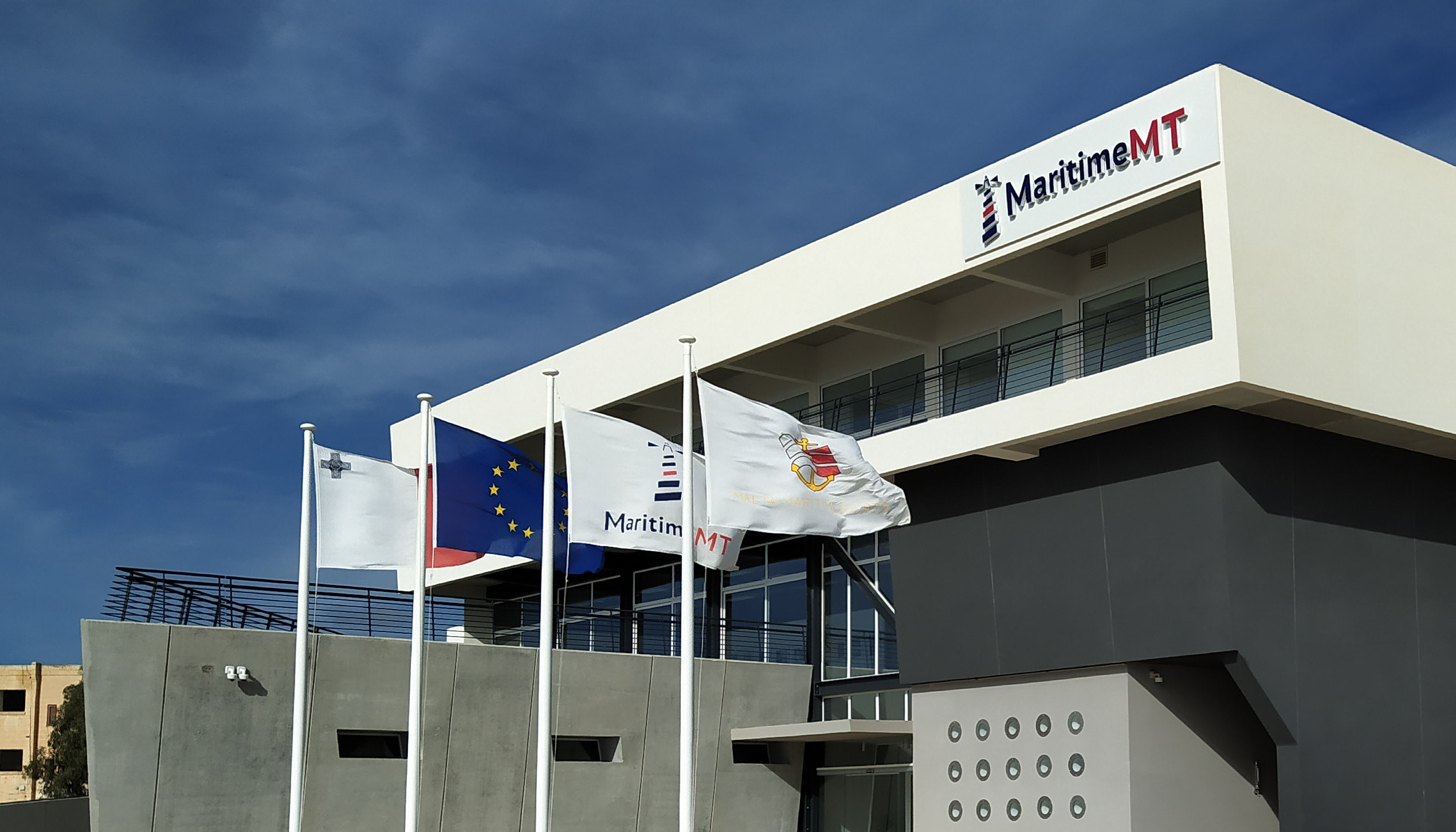
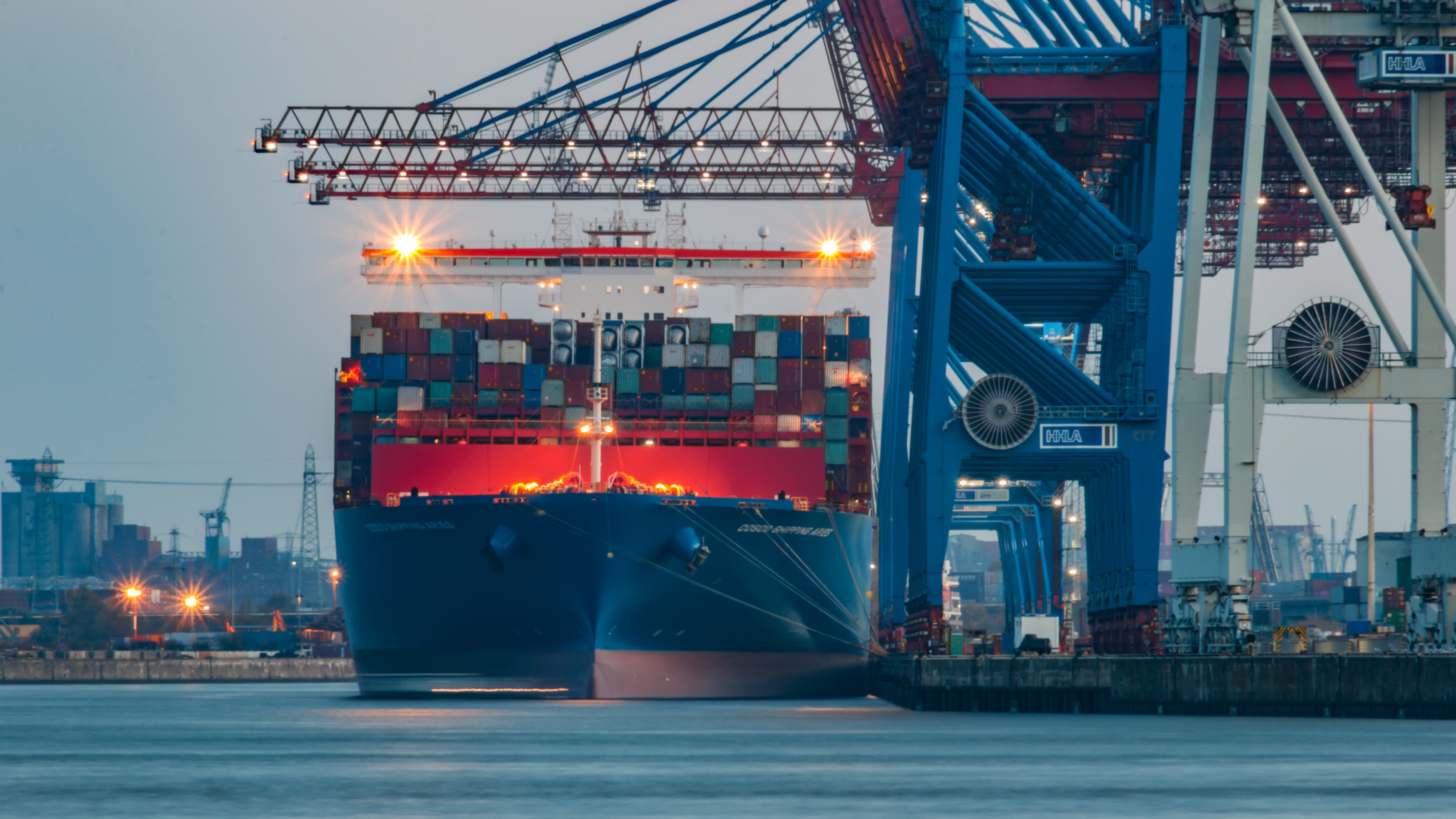

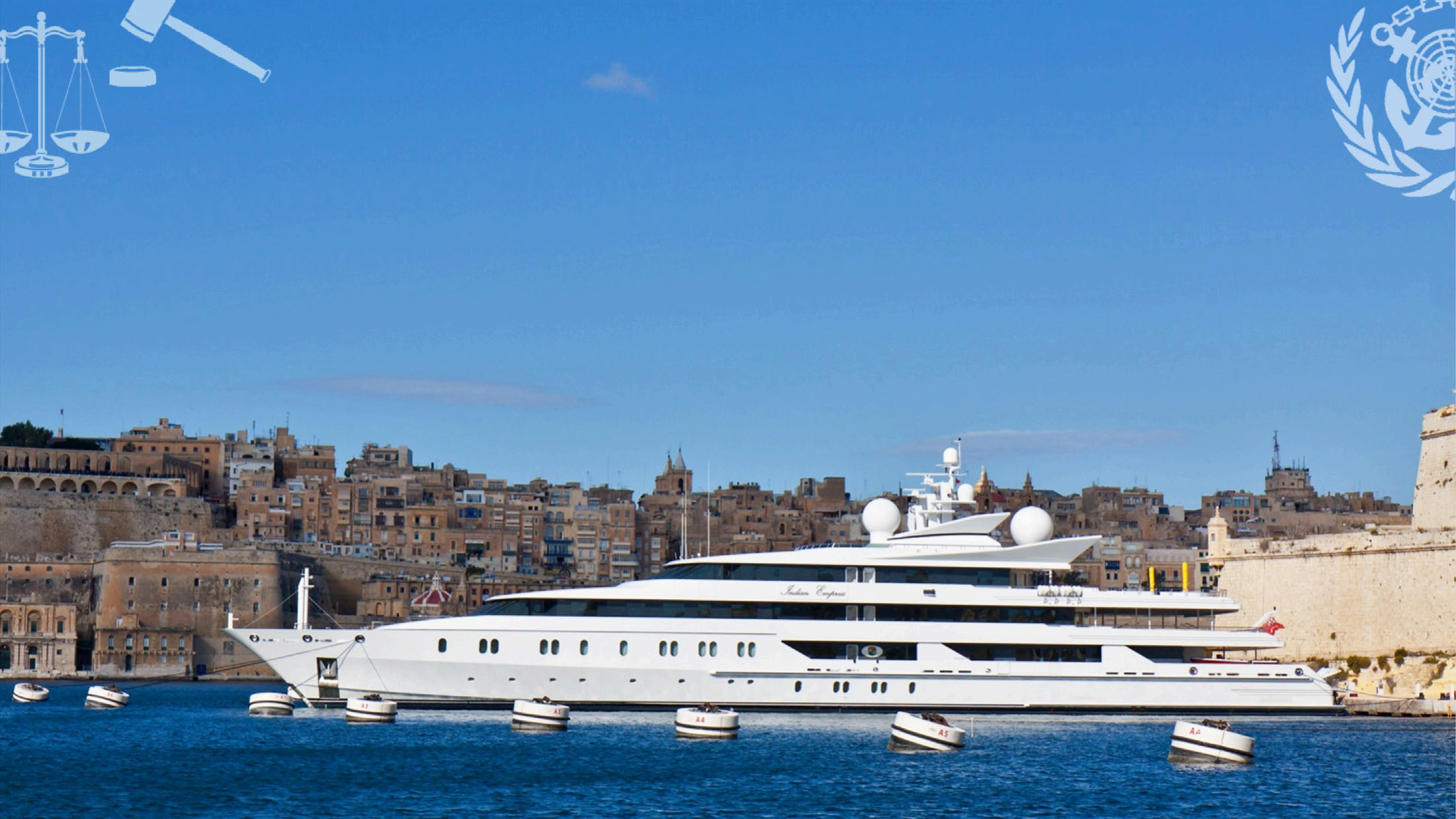
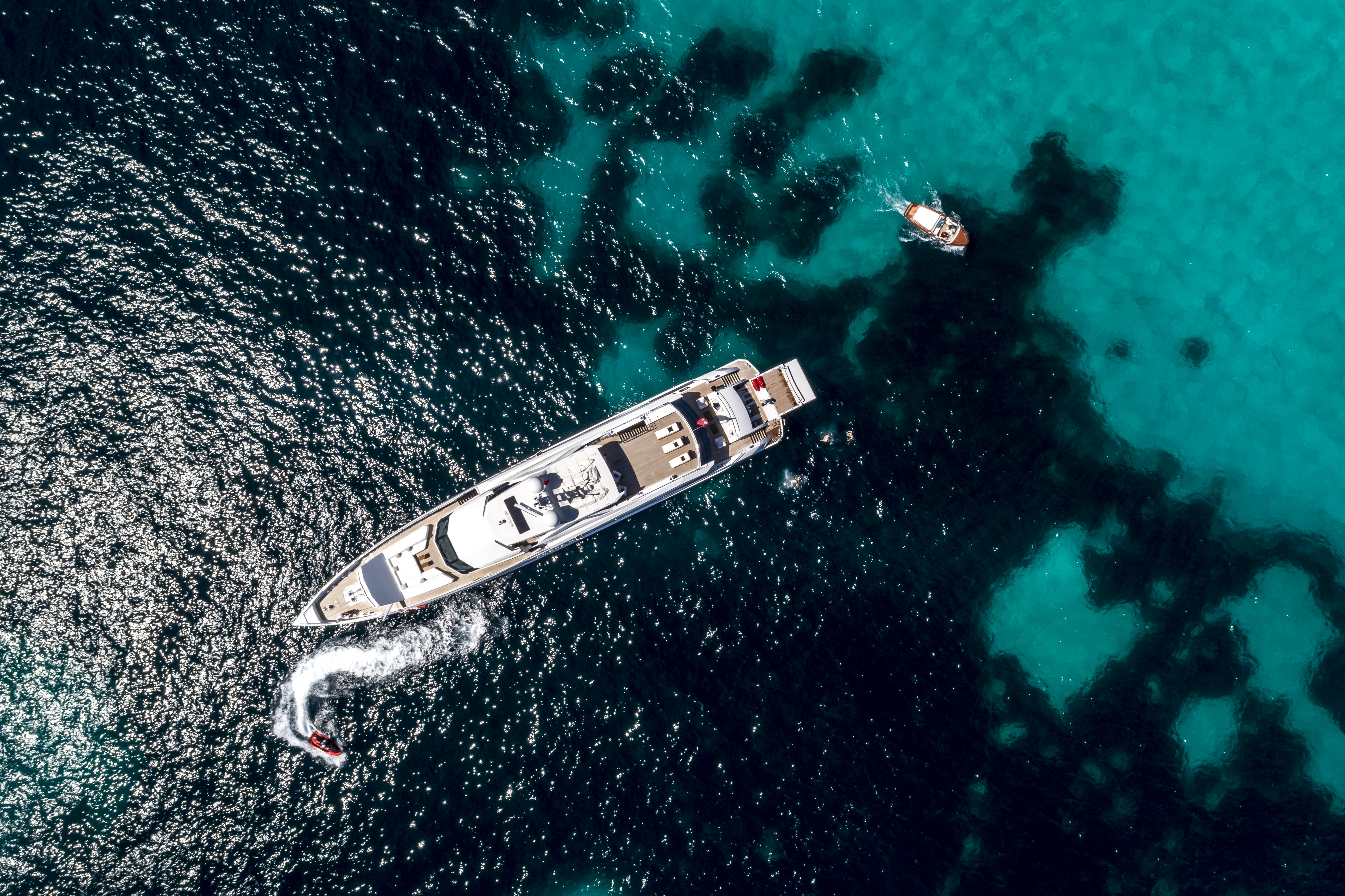
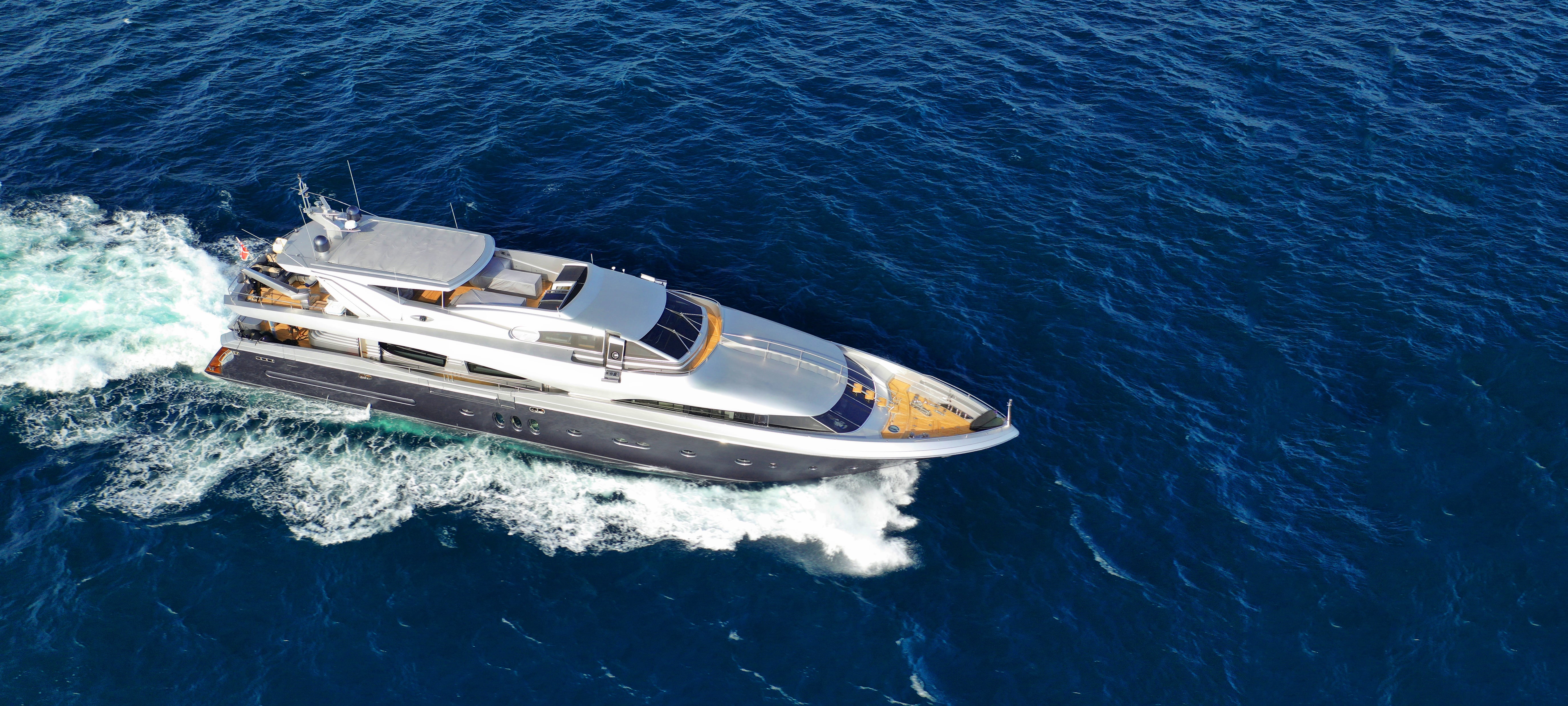
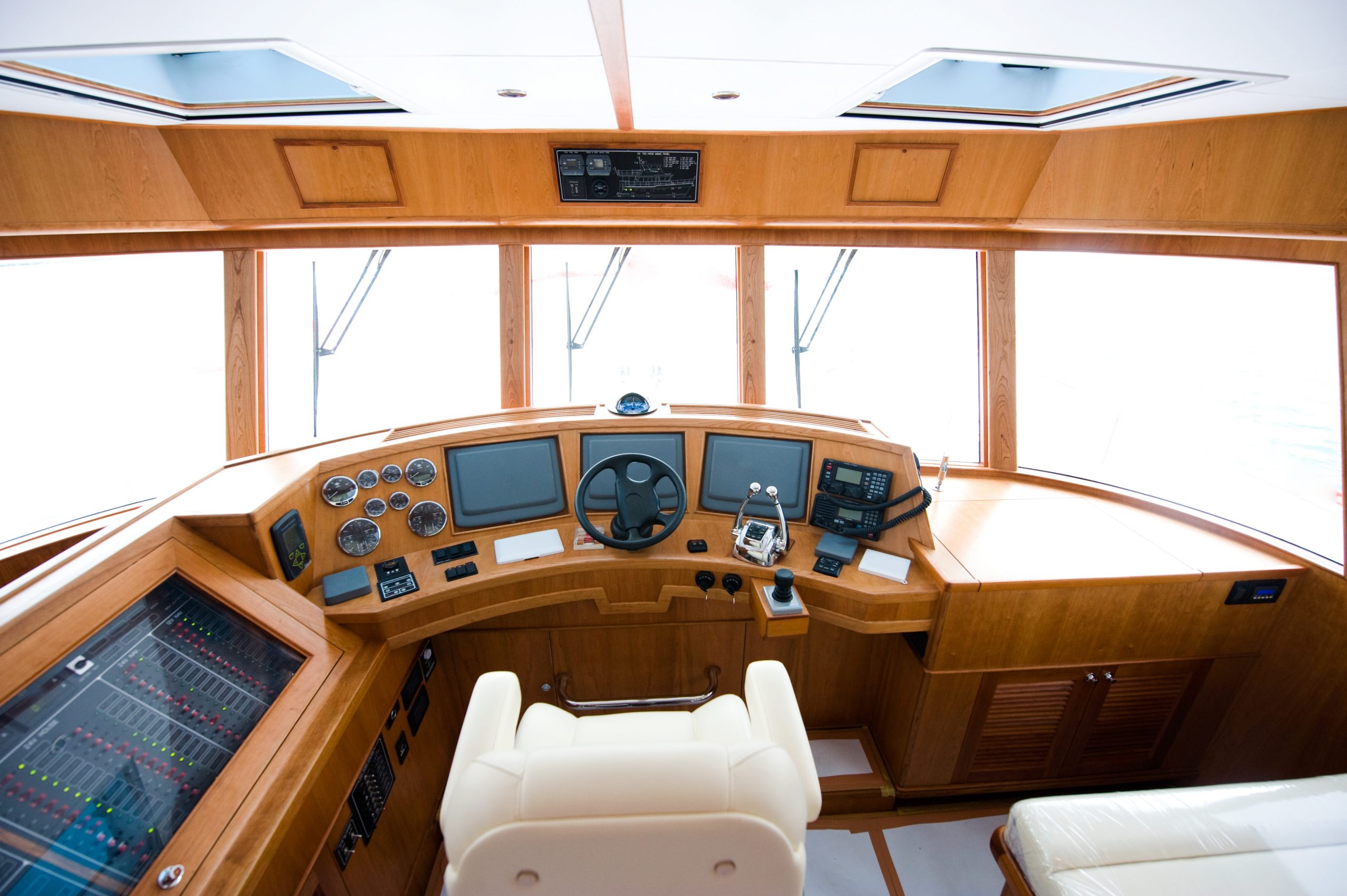


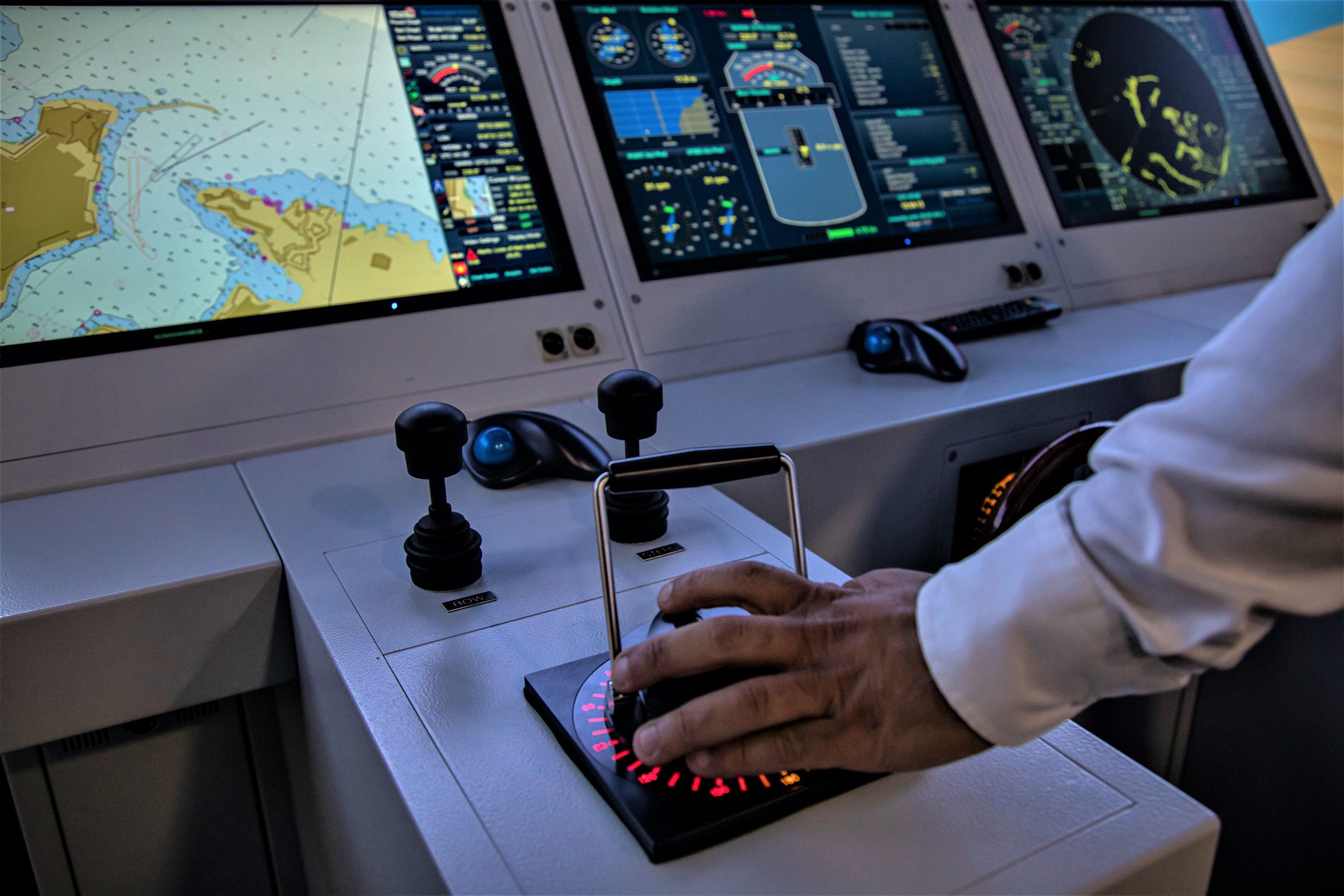
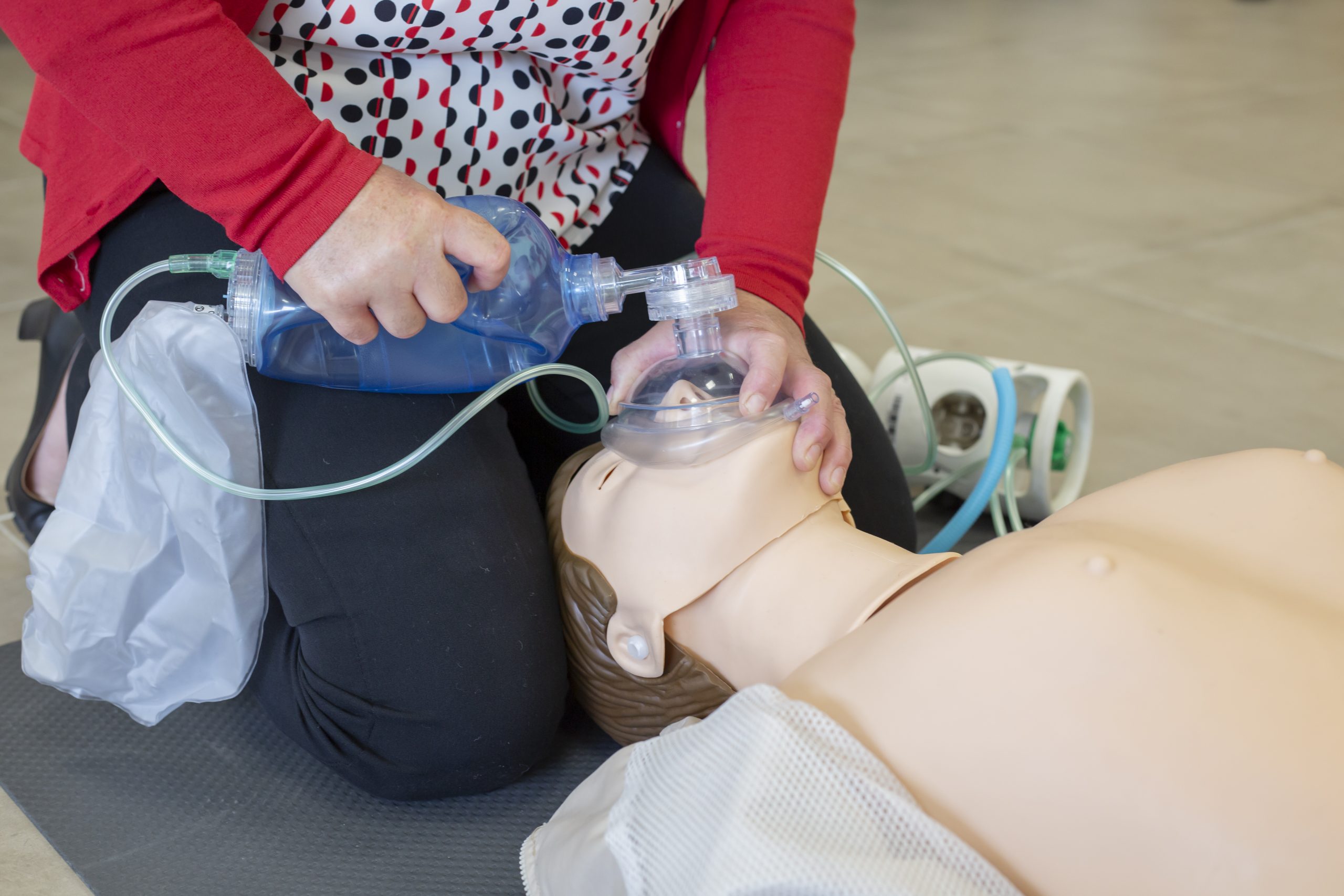
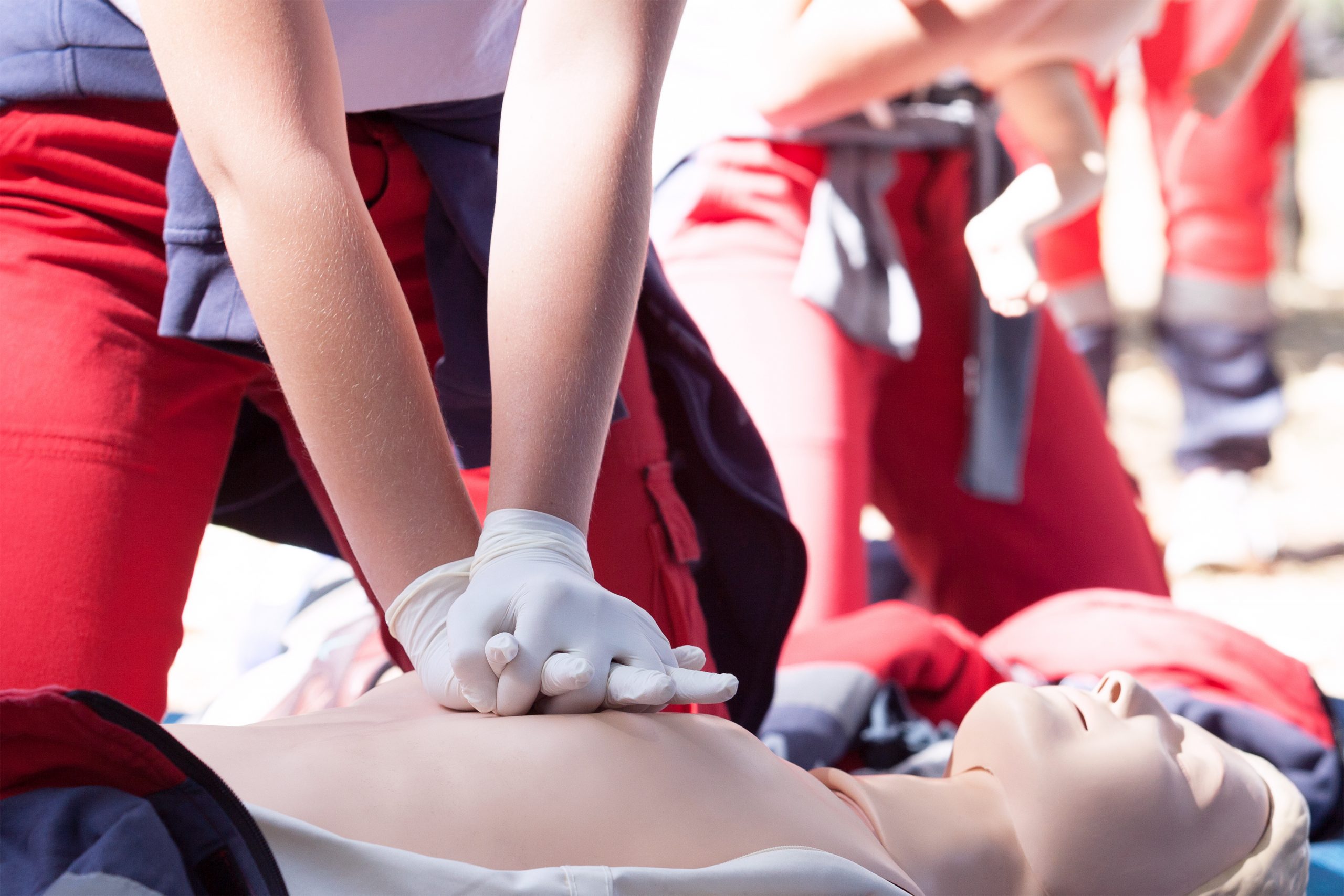


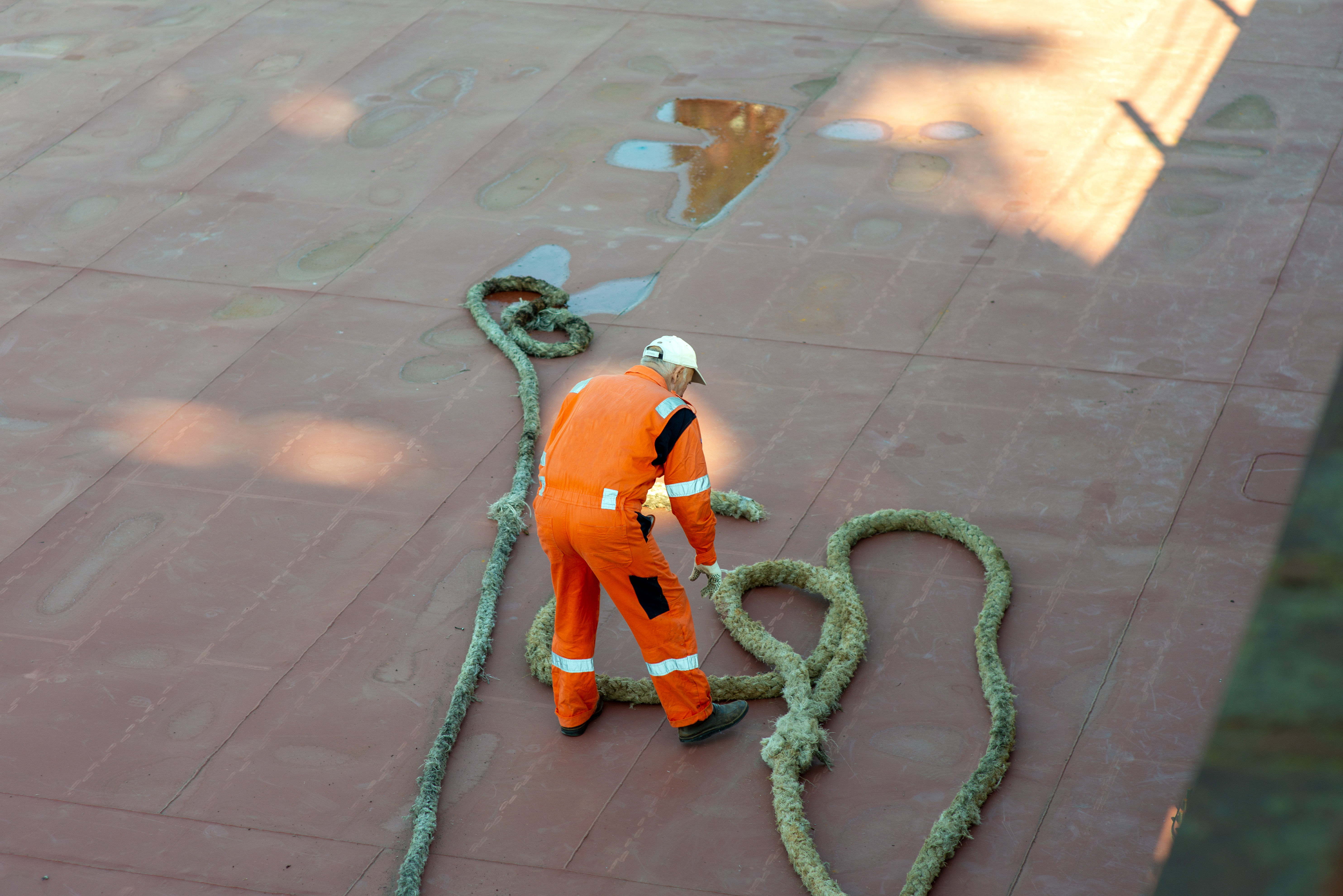



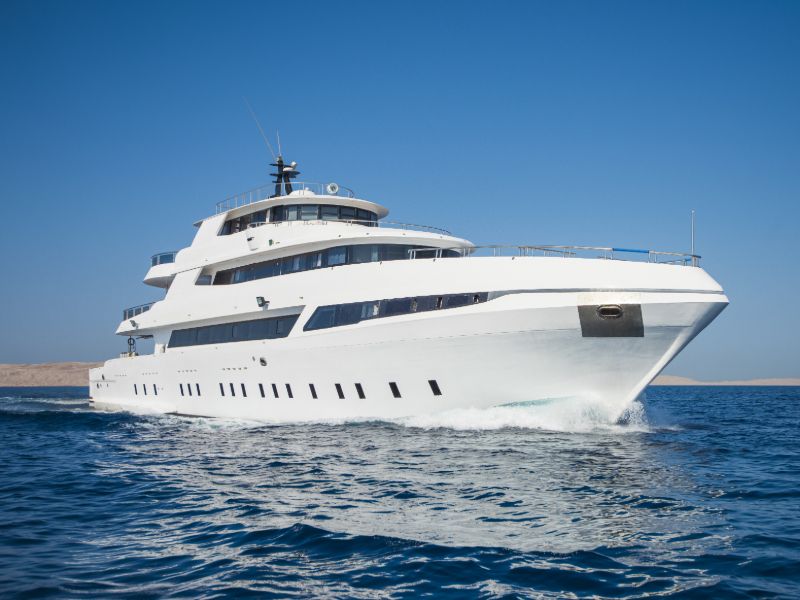

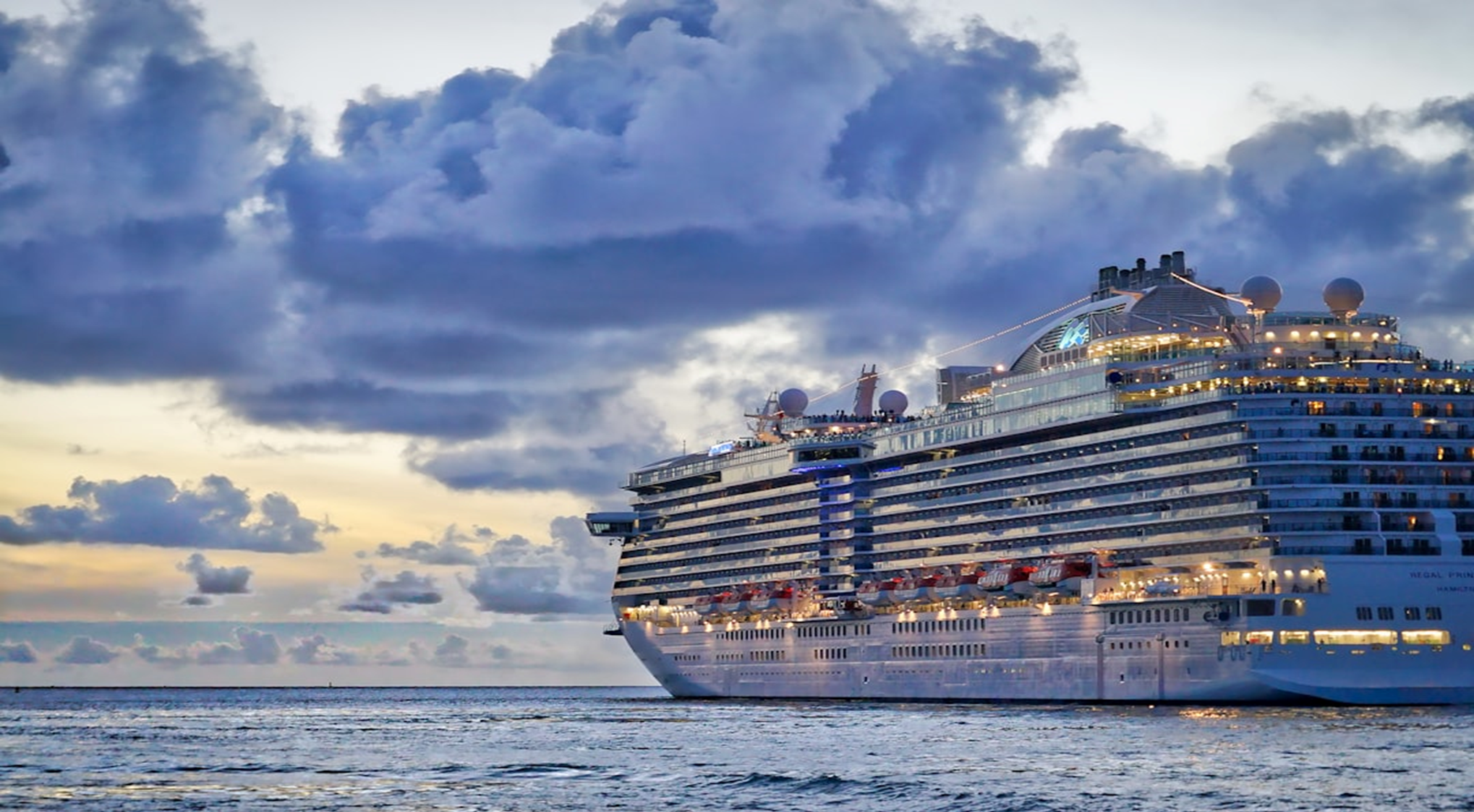
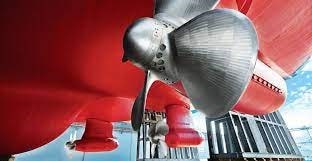
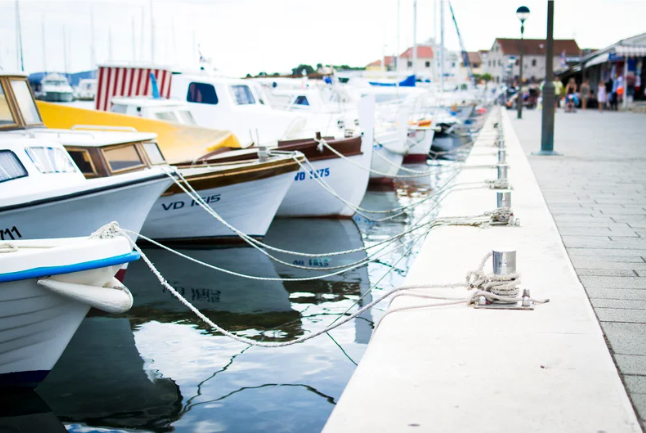

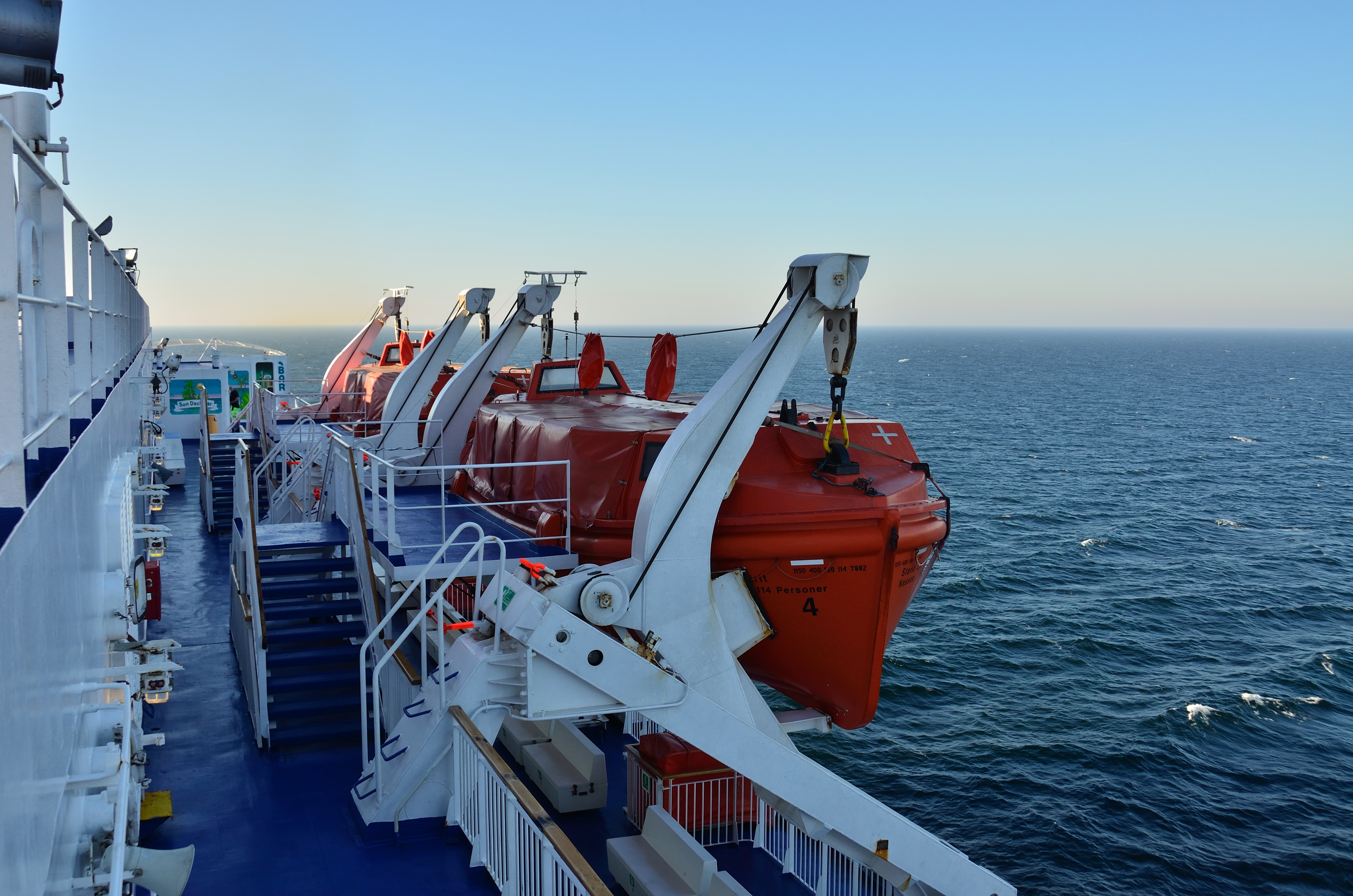
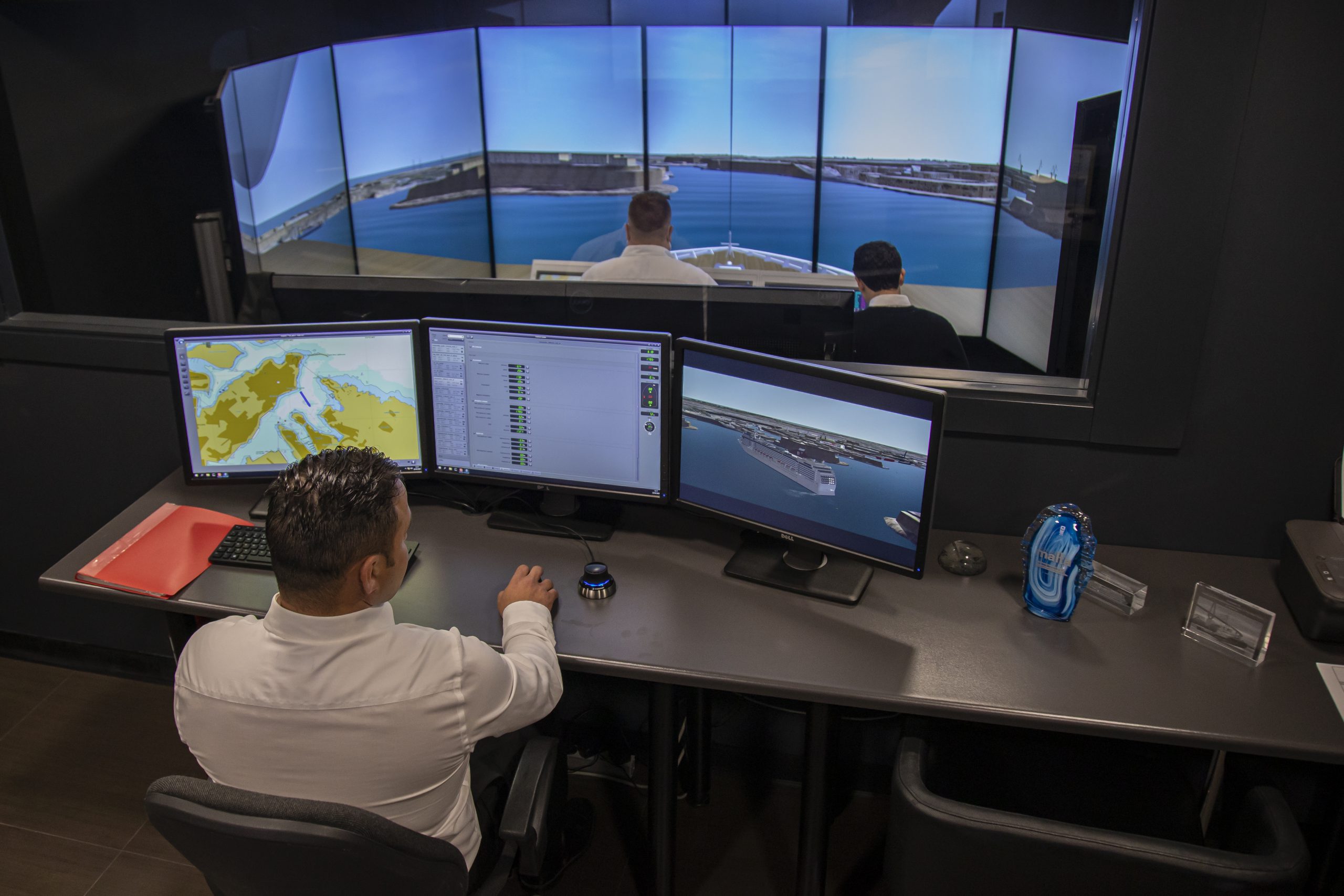
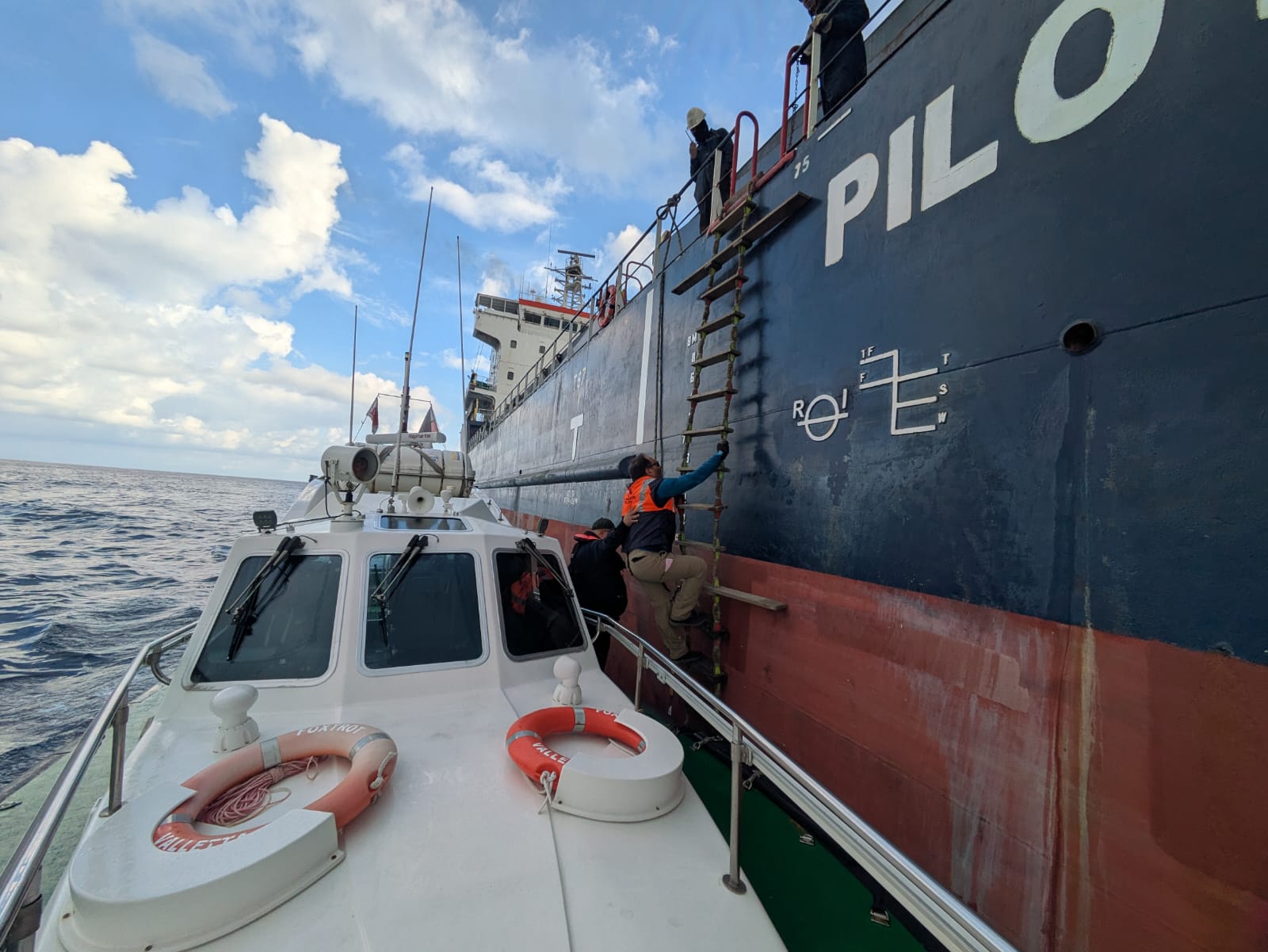

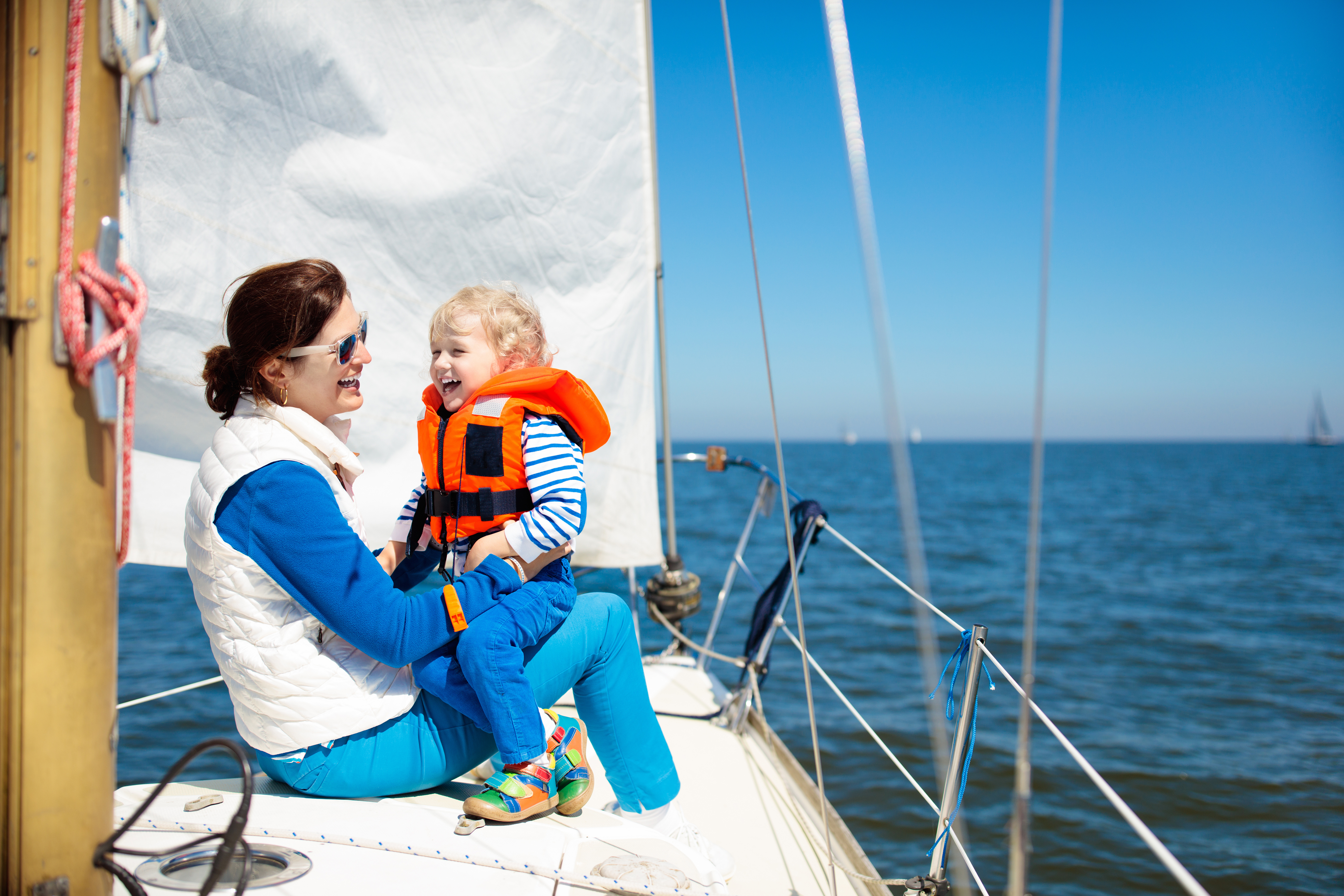


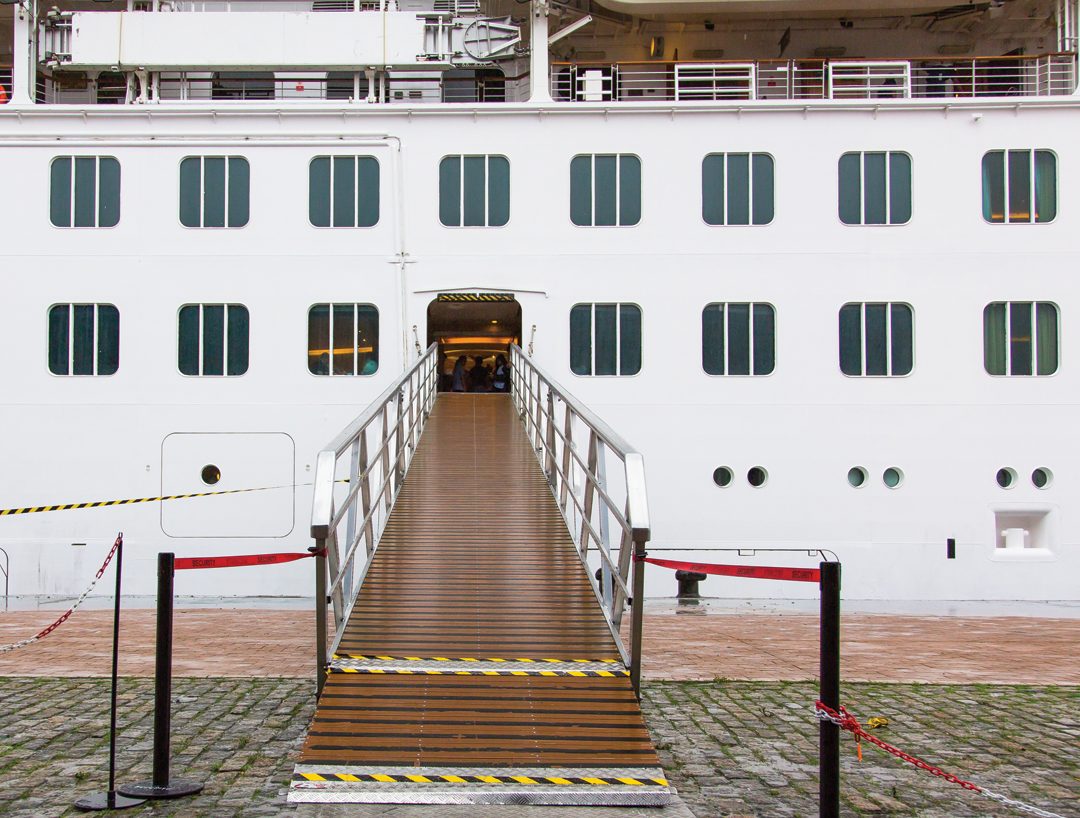
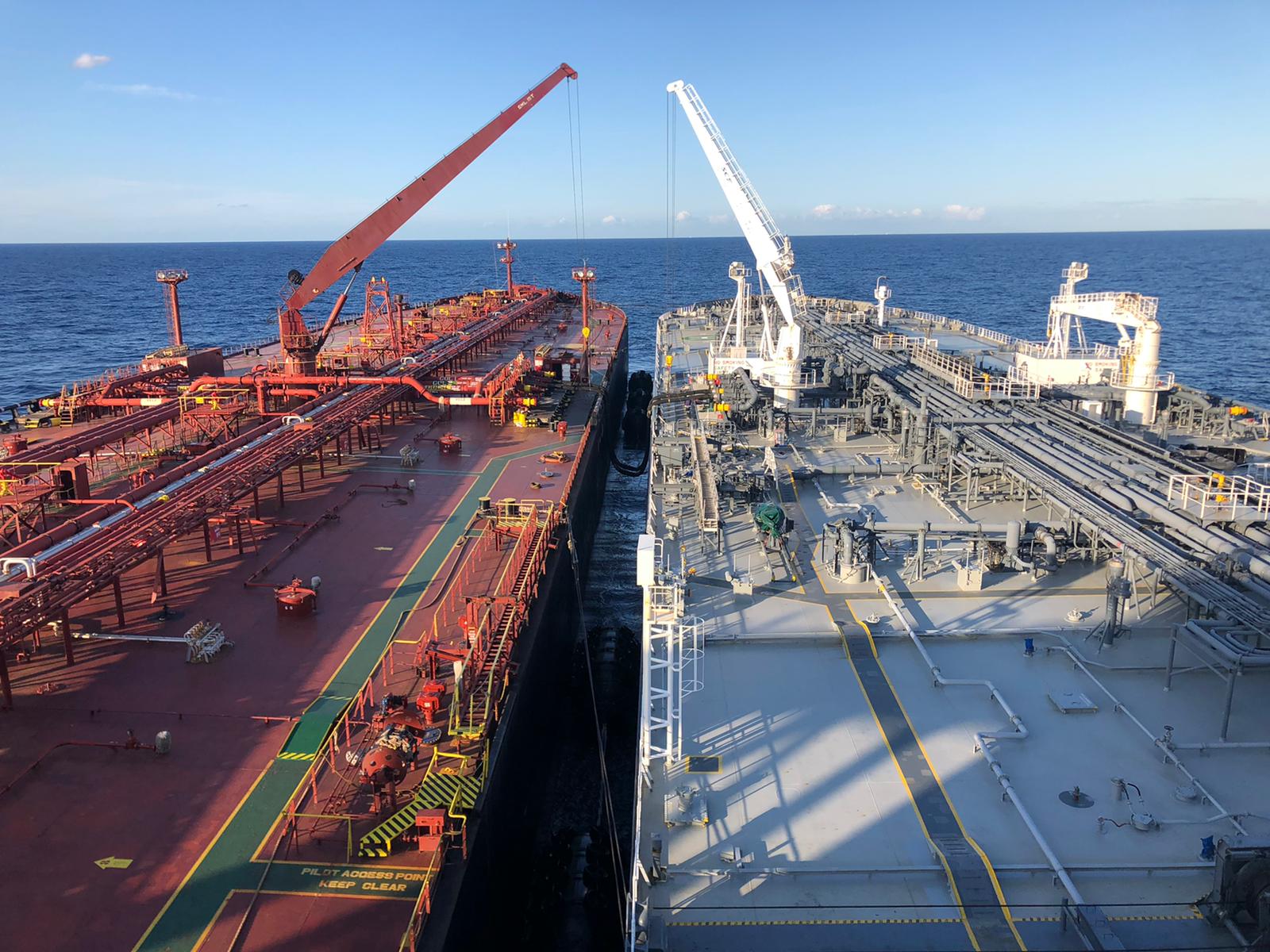
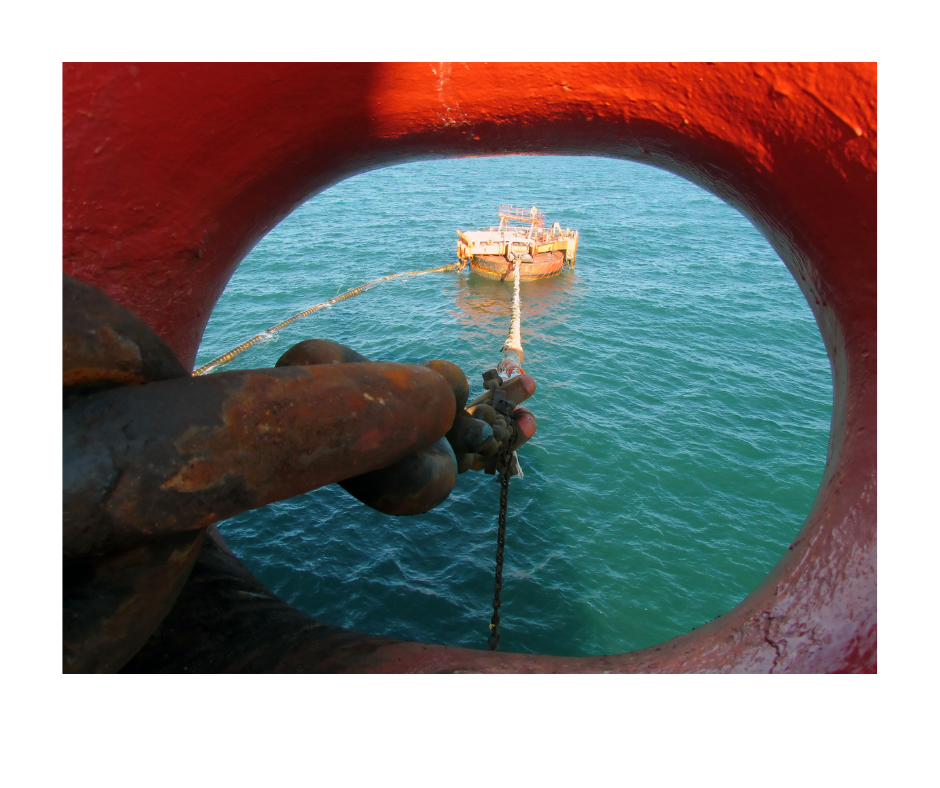
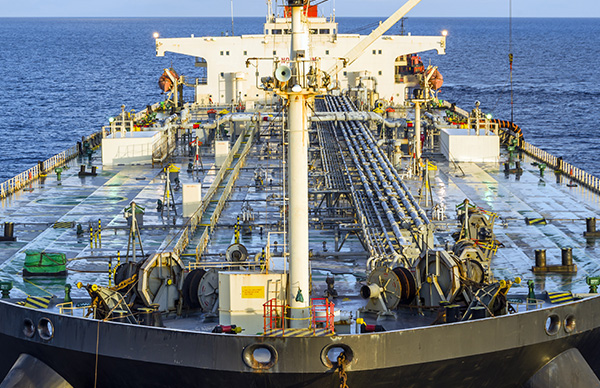
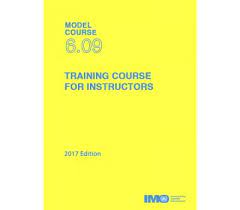
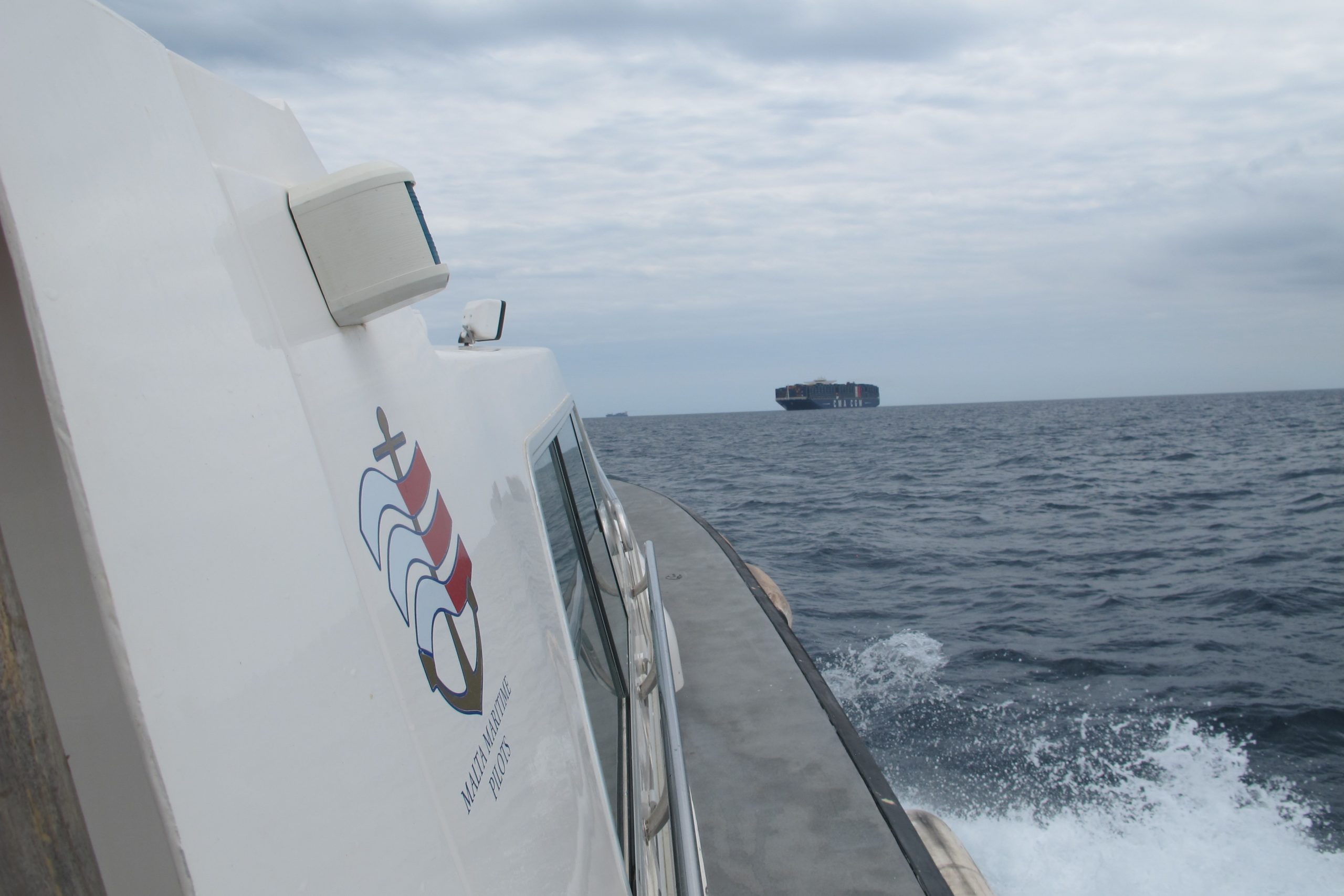
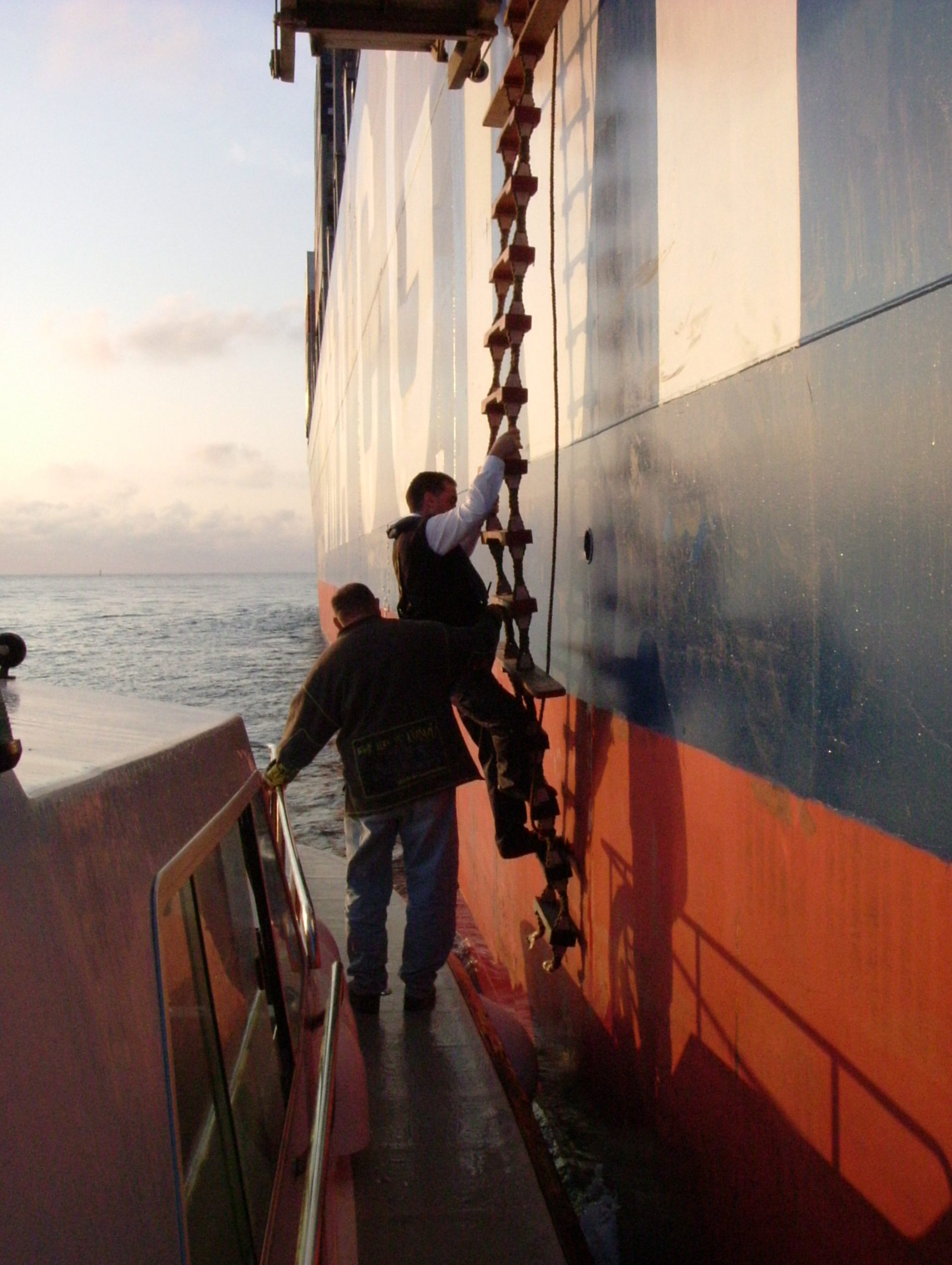
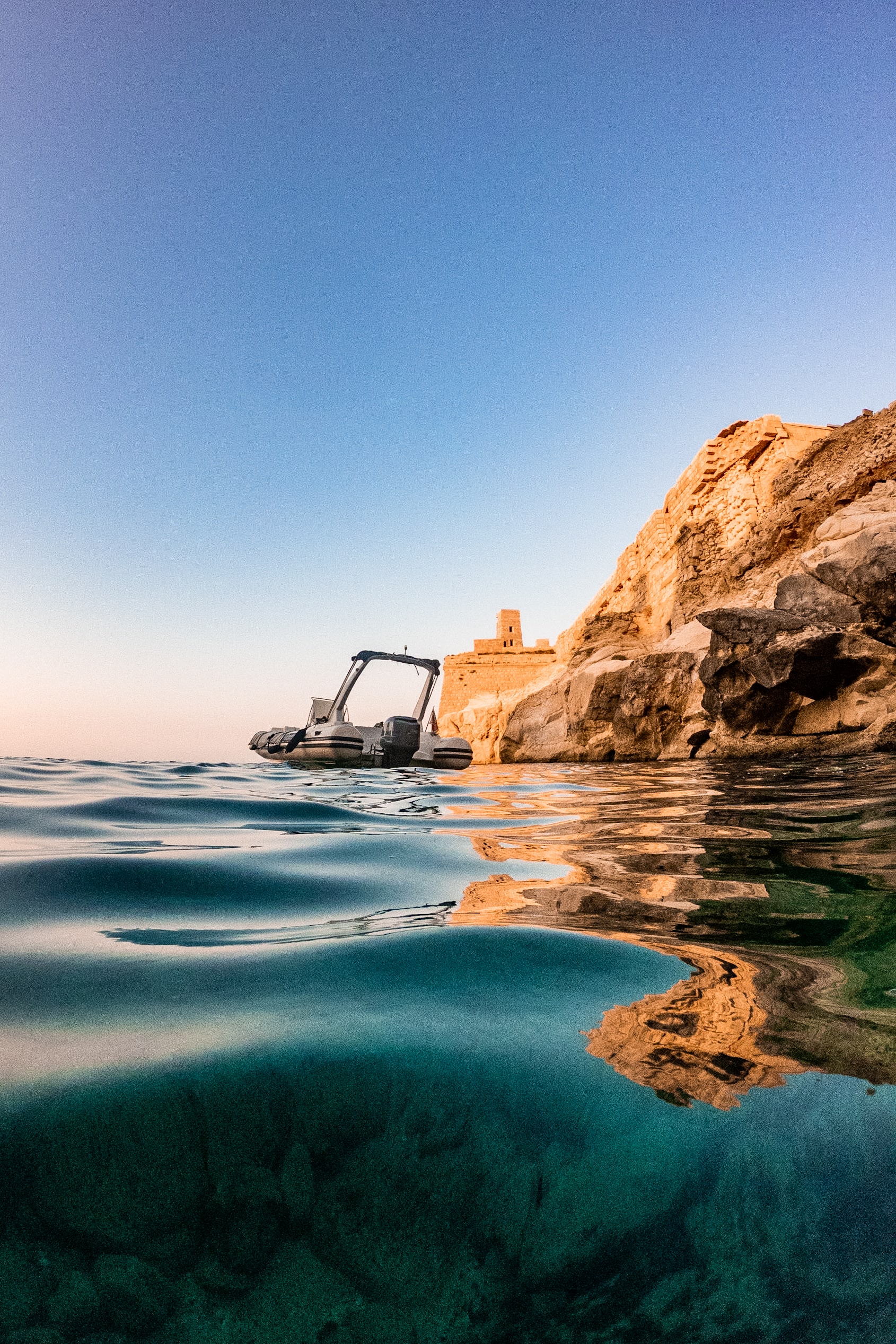
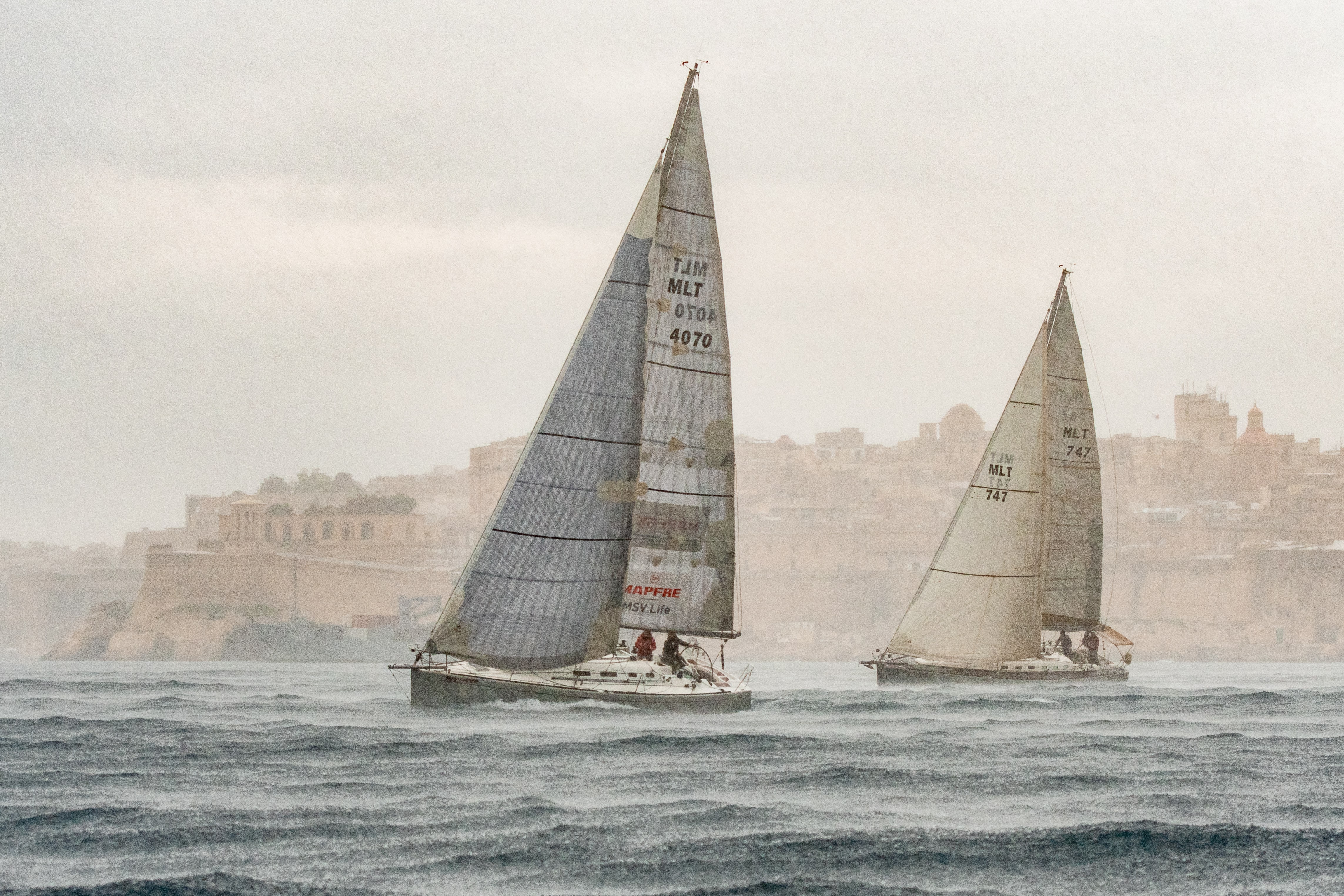
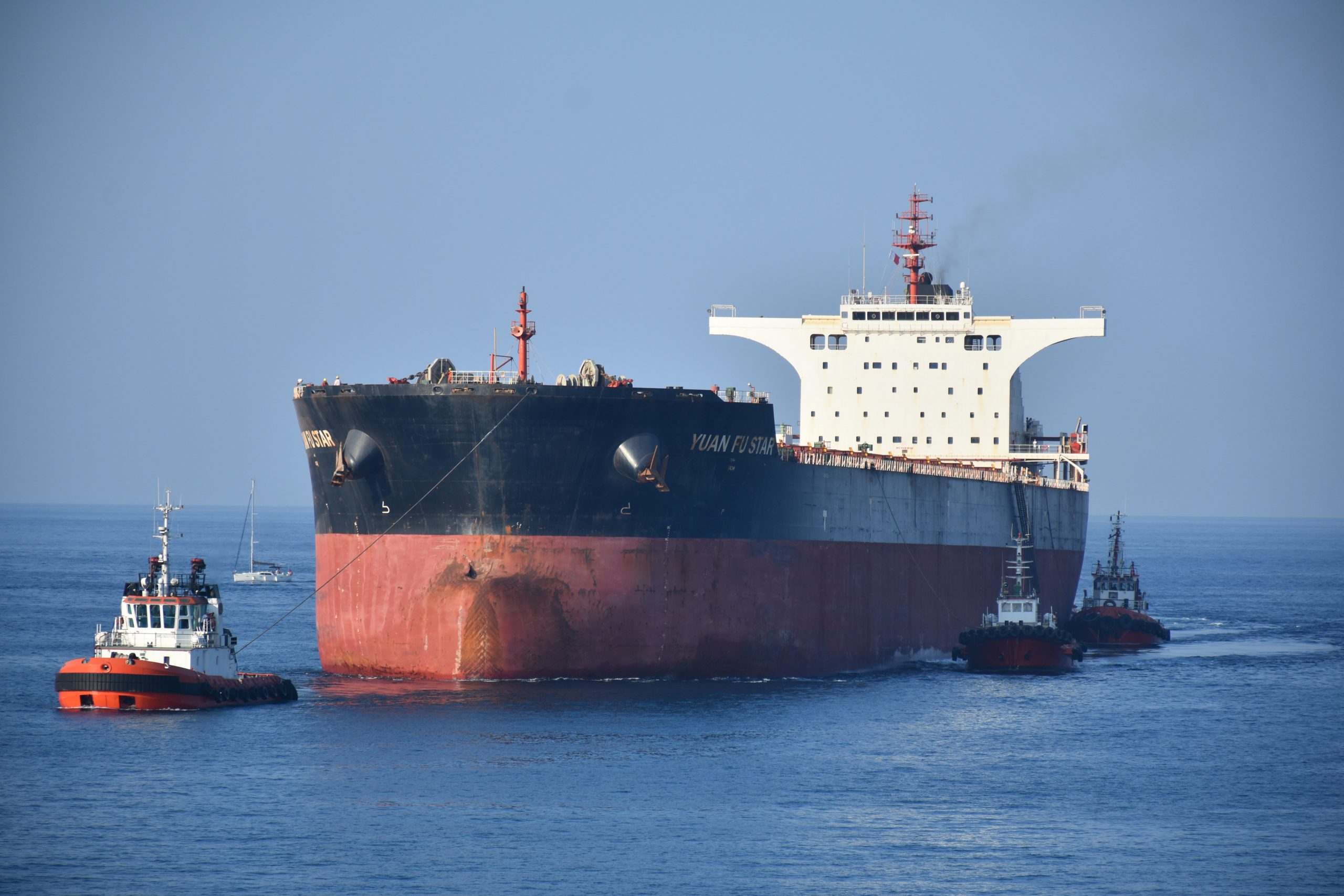
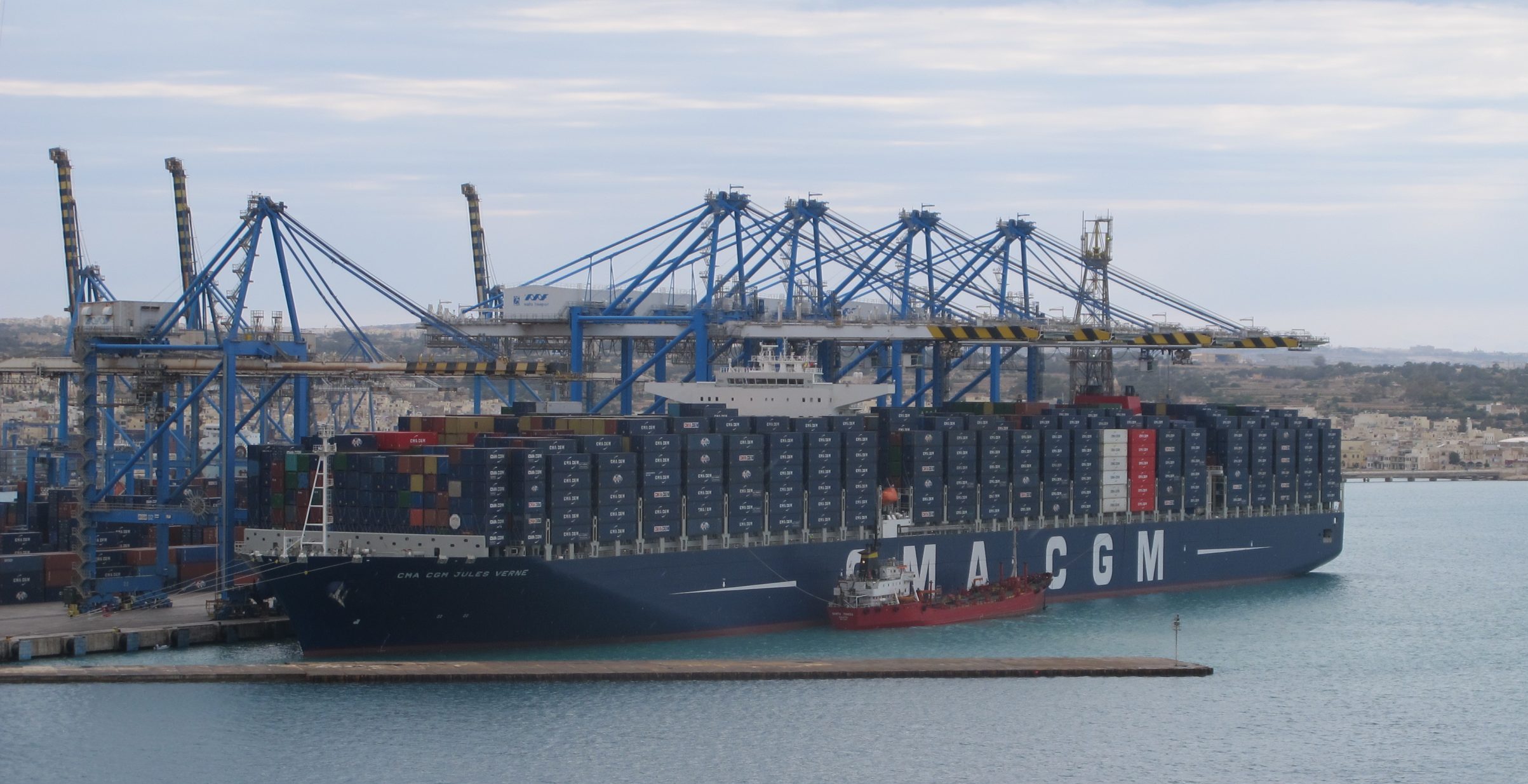
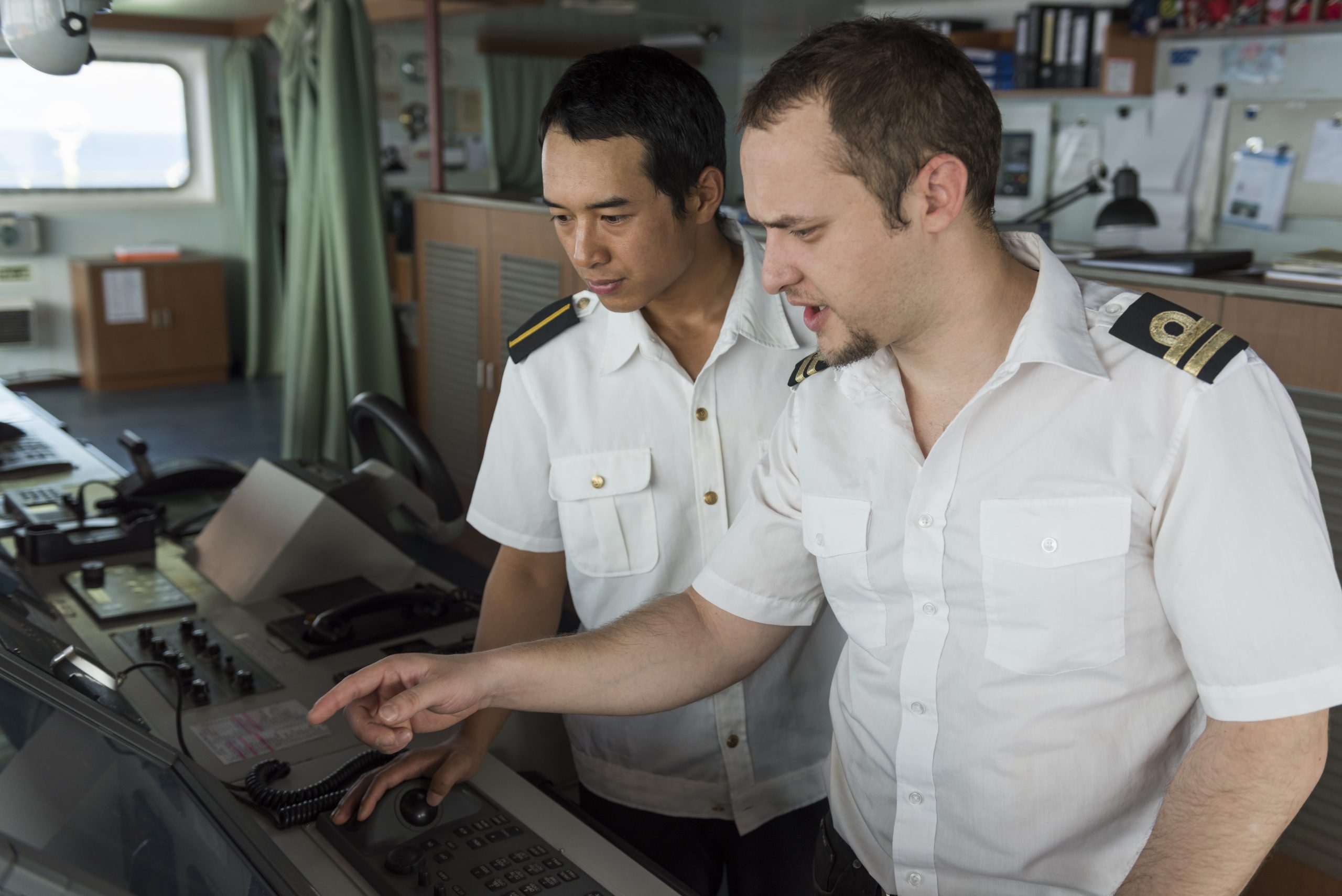

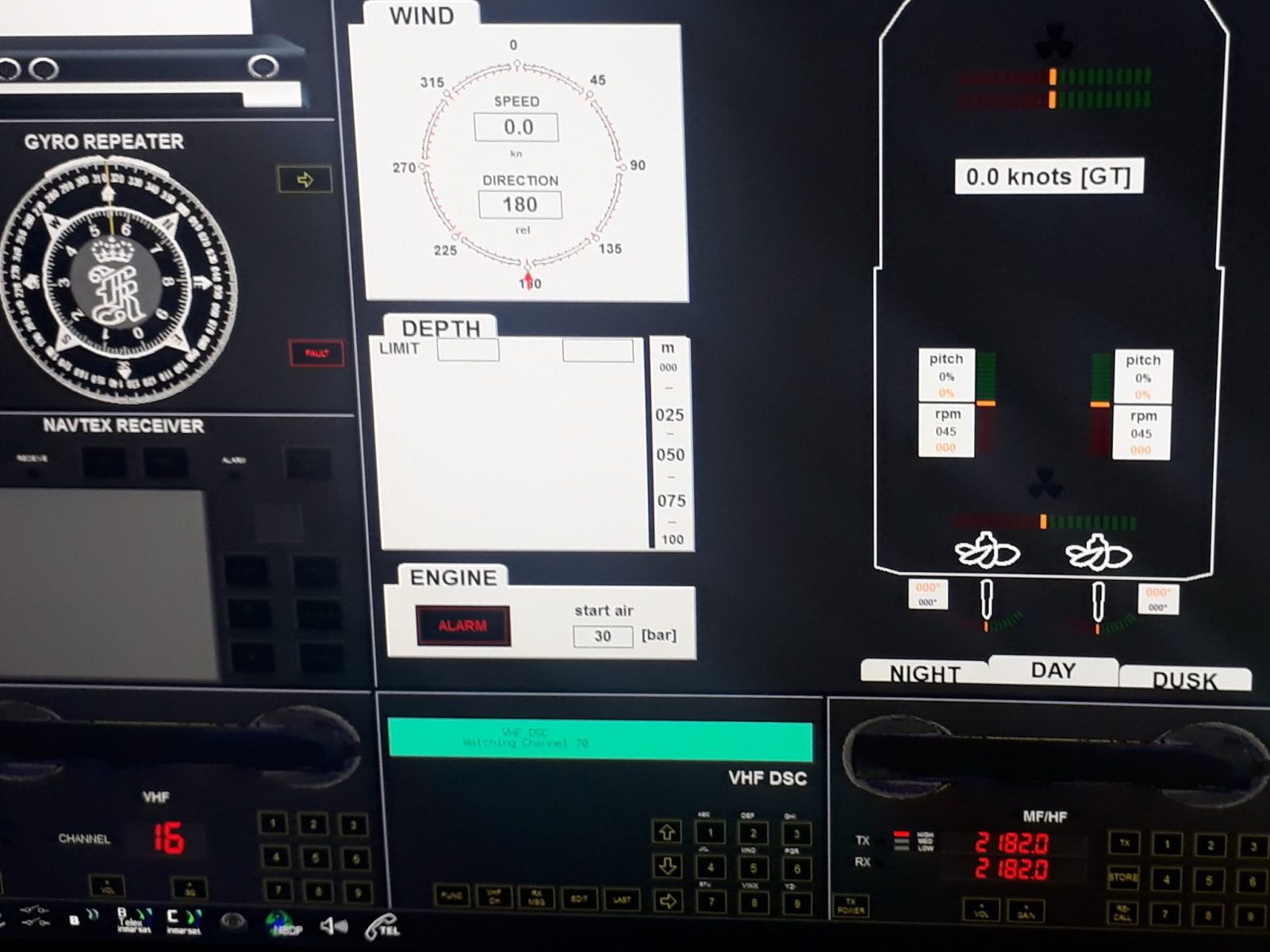

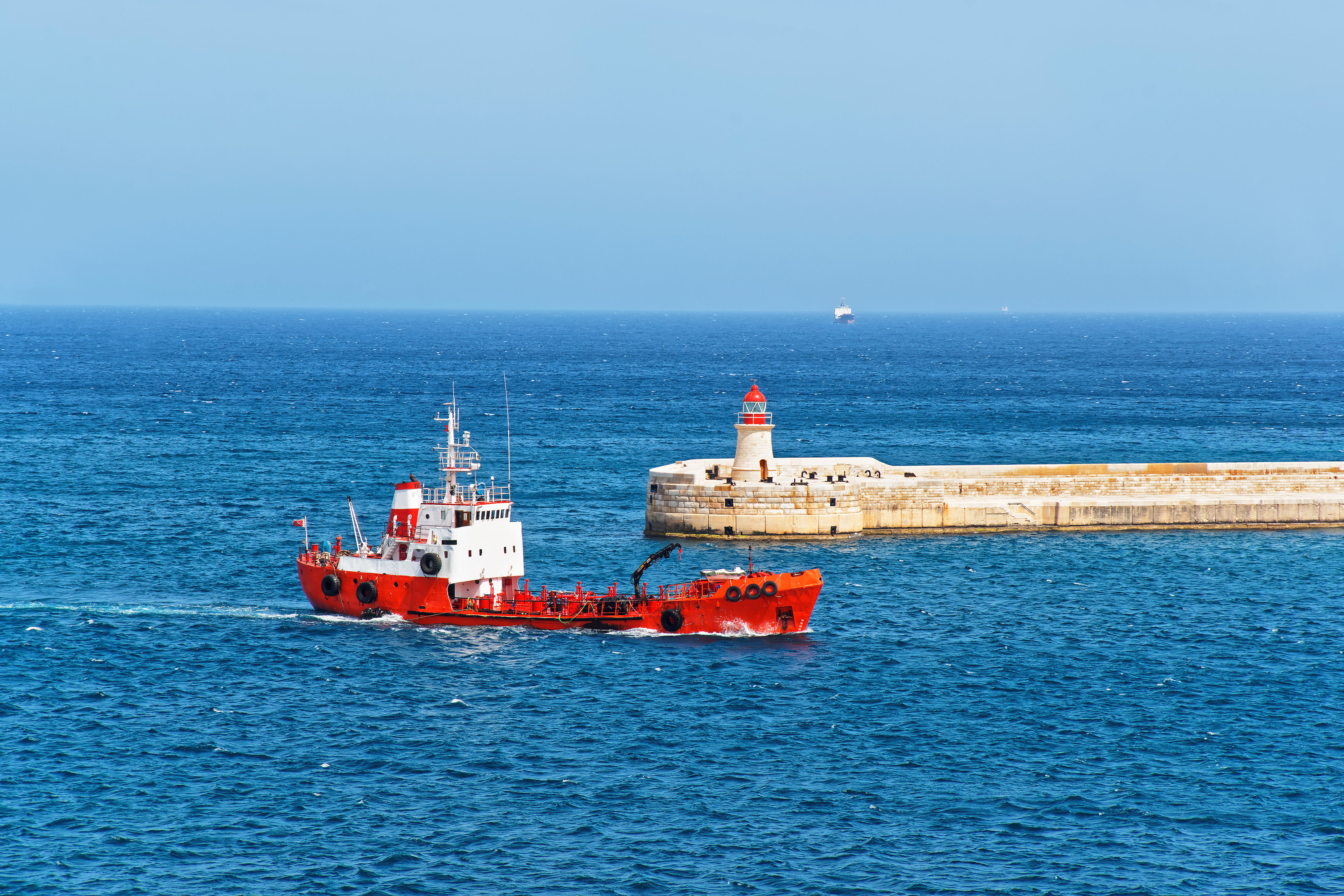



Skip course categories
Skip site announcements
Available courses

The aim of this course is to meet the mandatory minimum standards of competence for seafarers in Navigation for the Function: Maintain safe navigation through the use of information from navigation equipment and systems to assist command decision-making at the Management Level as specified in table A-II/2 of the STCW Code.
- Lecturer: Eslam Morshedy
- Lecturer: Alexios Tsaousidis
- Lecturer: Nikolaos Tsoumpakopoulos

The aim of this course is to meet the mandatory minimum standards of competence for seafarers in Navigation for the Function: Maintain safe navigation through the use of information from navigation equipment and systems to assist command decision-making at the Management Level as specified in table A-II/2 of the STCW Code.
- Lecturer: Laura Falzon
- Lecturer: Massimo Falzon
- Lecturer: Terence Farrugia
- Lecturer: Tim Fenech
- Lecturer: Joao Manuel Gomes Matias
- Lecturer: Kyle Mifsud
- Lecturer: Sean Pace
- Lecturer: Edwin Vella
- Lecturer: Luke Vincenti

The aim of this course is to meet the mandatory minimum standards of competence for seafarers in Navigation for the Function: Maintain safe navigation through the use of information from navigation equipment and systems to assist command decision-making at the Management Level as specified in table A-II/2 of the STCW Code.
- Lecturer: Eslam Morshedy
- Lecturer: Alexios Tsaousidis
- Lecturer: Nikolaos Christos Vryonis

This course is designed to help maritime professionals use AI effectively, responsibly, and with confidence.
Whether you are shore-based or seagoing, involved in training, management, operations, or administration, AI can significantly improve your efficiency – but only if you know how to ask the right questions and use the right tools. This 4-hour online course provides a practical, structured overview of today’s most useful AI applications and shows you how to apply them to real-world maritime tasks.
Whether you are shore-based or seagoing, involved in training, management, operations, or administration, AI can significantly improve your efficiency – but only if you know how to ask the right questions and use the right tools. This 4-hour online course provides a practical, structured overview of today’s most useful AI applications and shows you how to apply them to real-world maritime tasks.
- Lecturer: Alan Caruana

This course trains crew to be able to launch and take charge of a survival craft or rescue boat in emergency situations, in accordance with section A-VI/2 of the STCW Code. Seafarers requiring deck certificates of competency must complete this STCW course as part of their Officer training.
- Lecturer: Eslam Morshedy
- Lecturer: Kalliopi Tsouchli

The aim of this course is to meet the mandatory minimum standards of competence for seafarers in Navigation for the Function: Maintain safe navigation through the use of information from navigation equipment and systems to assist command decision-making at the Management Level as specified in table A-II/2 of the STCW Code.
- Lecturer: Stephen Cauchi
- Lecturer: Laura Falzon
- Lecturer: Massimo Falzon
- Lecturer: Terence Farrugia
- Lecturer: Tim Fenech
- Lecturer: Beppe Galea Mallia
- Lecturer: Gordon Ghirxi
- Lecturer: Joao Manuel Gomes Matias
- Lecturer: Sean Pace
- Lecturer: Adriana Quesada
- Lecturer: Edwin Vella

This course trains crew to be able to launch and take charge of a survival craft or rescue boat in emergency situations, in accordance with section A-VI/2 of the STCW Code. Seafarers requiring deck certificates of competency must complete this STCW course as part of their Officer training.
- Lecturer: Hittesh Ahuja
- Lecturer: Stephen Cauchi
- Lecturer: Moustafa Ahmed Hassan Mahmoud Elsharkawy
- Lecturer: Massimo Falzon
- Lecturer: Tim Fenech
- Lecturer: Beppe Galea Mallia
- Lecturer: Gordon Ghirxi
- Lecturer: Adrian Grech
- Lecturer: Kyle Mifsud
- Lecturer: Walter Muscat
- Lecturer: Sean Pace
- Lecturer: Dhakshina Perera
- Lecturer: Adriana Quesada
- Lecturer: Jesmer Vassallo
- Lecturer: Edwin Vella
- Lecturer: Joseph Vella

Efficient Deckhand is a practical and theory-based course of which is designed to give students the necessary knowledge and skills to become a proficient seafarer onboard merchant ships.
- Lecturer: Alexios Tsaousidis
A pilot training programme on Outcomes-Based Education (OBE) - Micro-Credentials and the European Qualifications Framework (EQF).
This initiative forms part of the Erasmus+ MICROMET Project, aimed at enhancing innovative teaching approaches and aligning curricula with European quality standards.

This course, delivered in line with the STCW Convention and Code (Table A-III/1), prepares participants to serve as Engine Officers on vessels of unlimited tonnage worldwide. Training covers marine engineering, electrical engineering, maintenance and repair, and practical exercises.
On successful completion, candidates are eligible for a Certificate of Competency as OIC of Engineering Watch (Unlimited), recognized internationally.
- Lecturer: Mark Philip Cassar
- Lecturer: Mark Cauchi Inglott
- Lecturer: Mark Cauchi Inglott
- Lecturer: Moustafa Ahmed Hassan Mahmoud Elsharkawy
- Lecturer: Gilbert Farrugia
- Lecturer: Tim Fenech
- Lecturer: Stephen Gauci
- Lecturer: Adrian Grech
- Lecturer: Luke Muscat
- Lecturer: Adriana Quesada
- Lecturer: Amante Sammut

The STCW Basic Safety Training Refresher course is designed in accordance with the latest amendments to the STCW Convention regulation 1.14 and section A-1/14 of the STCW Code.
- Lecturer: Claudio Bencini
- Lecturer: Mirko Bresciani
- Lecturer: Edgard Cossu
- Lecturer: Rosario Fortuna
- Lecturer: Beppe Galea Mallia
- Lecturer: Andrea Giorgetti
- Lecturer: Adrian Grech
- Lecturer: Simone Leonardi
- Lecturer: Mendozza Pasquale
- Lecturer: Giovanni Polese
- Lecturer: Federico Scacchetti
- Lecturer: Carlo Summonti

This training course follows the Ports and Yachting regulations and allows for the candidate to obtain a dual qualification to act as Master and/or Engineer of vessels less than 10 metres, capable of carrying 12 passengers or less. The holder of the Boatman licence will be able to operate within ports, internal and territorial waters of Malta.
This course is approved by the Ports and Yachting Directorate of Transport Malta.
- Lecturer: Massimo Falzon
- Lecturer: Jason Nappa
- Lecturer: Sean Pace
To transfer the required knowledge, competence and skills to the course participants’, as stated in the STCW Convention. On successful completion of the course & oral examination, candidates will be able to work worldwide as a Deck Officer on Vessels of Unlimited tonnage.
- Lecturer: Jurgen Azzopardi
- Lecturer: Laura Falzon
- Lecturer: Massimo Falzon
- Lecturer: Tim Fenech
- Lecturer: Beppe Galea Mallia
- Lecturer: Stephen Gauci
- Lecturer: Gordon Ghirxi
- Lecturer: Joao Manuel Gomes Matias
- Lecturer: Adrian Grech
- Lecturer: Kyle Mifsud
- Lecturer: Walter Muscat
- Lecturer: Dhakshina Perera
- Lecturer: Adriana Quesada
- Lecturer: Jesmer Vassallo
- Lecturer: Edwin Vella

This course, delivered in line with the STCW Convention and Code (Table A-II/1), prepares participants to serve as Deck Officers on vessels of unlimited tonnage worldwide. Training covers navigation, COLREGS, cargo operations, ship stability, seamanship, and leadership, supported by simulator practice and practical exercises.
On successful completion, candidates are eligible for a Certificate of Competency as OIC of Navigational Watch (Unlimited), recognised internationally.
- Lecturer: Mark A Chapelle
- Lecturer: Laura Falzon
- Lecturer: Massimo Falzon
- Lecturer: Tim Fenech
- Lecturer: Stephen Gauci
- Lecturer: Joao Manuel Gomes Matias
- Lecturer: Adrian Grech
- Lecturer: Kyle Mifsud
- Lecturer: Luke Muscat
- Lecturer: Walter Muscat
- Lecturer: Dhakshina Perera
- Lecturer: Adriana Quesada
- Lecturer: Edwin Vella

To transfer the required knowledge, competence and skills to the course participants’, as stated in the STCW Convention. On successful completion of the course & oral examination, candidates will be able to work worldwide as a Deck Officer on Vessels of Unlimited tonnage.
- Lecturer: Jurgen Azzopardi
- Lecturer: May Carmen Bonnici
- Lecturer: Henry Cutajar
- Lecturer: Karl Cutajar
- Lecturer: Laura Falzon
- Lecturer: Laura Falzon
- Lecturer: Massimo Falzon
- Lecturer: Terence Farrugia
- Lecturer: Tim Fenech
- Lecturer: Beppe Galea Mallia
- Lecturer: Stephen Gauci
- Lecturer: Gordon Ghirxi
- Lecturer: Adrian Grech
- Lecturer: Jesse Jaalinna
- Lecturer: Clive Mallia
- Lecturer: Pierre Mangion
- Lecturer: Kyle Mifsud
- Lecturer: Walter Muscat
- Lecturer: Dhakshina Perera
- Lecturer: Kenneth Psaila
- Lecturer: Adriana Quesada
- Lecturer: Jesmer Vassallo
- Lecturer: Edwin Vella
- Lecturer: Joseph Vella

The MARMED ERASMUS+ project aims to identify skill gaps in the industry for Blue Economy Cluster Managers and develop a course to cater for this gap. The Train the Trainer program is being created to assist experts in the field with familiarizing themselves with the MARMED project, what it has to offer, and the curriculum developed by the project. This will assist the
trainers in providing the 19-hour online synchronous training to the participants attending the full course.
trainers in providing the 19-hour online synchronous training to the participants attending the full course.

This course is aimed at giving the necessary security training to seafarers of whom are specified to have designated duties onboard under the Ships Security Plan.
- Lecturer: Eslam Morshedy

On successful completion of the training and assessment, trainees should be able to:
- Have an understanding of the Yachting Industry;
- Have an understanding of the applicable requirements of the Malta Commercial Yacht Code;
- Have a basic knowledge of the mechanical and electrical systems onboard;
- Have a basic knowledge of the safety systems onboard and know how to operate them;
- Carry out safe and effective engineering operations onboard;
- Gain proficiency in troubleshooting, fault finding, and the relevant resolution practices/techniques;
- Carry out regular/periodical/preventive maintenance of onboard equipment/machinery;
- Provide the necessary assistance during Surveys;
- Respond to emergencies onboard;
- Have a thorough knowledge of the applicable International Codes and Conventions.
- Lecturer: Anthony Cachia
- Lecturer: Mark Philip Cassar
- Lecturer: Mark Cauchi Inglott
- Lecturer: Mark Cauchi Inglott
- Lecturer: Moustafa Ahmed Hassan Mahmoud Elsharkawy
- Lecturer: Gilbert Farrugia
- Lecturer: Jesse Jaalinna
- Lecturer: Amante Sammut
- Lecturer: Edwin Vella
- Lecturer: Michael Vella

This course is for seafarers designated to lead a fire team on board ship and for those requiring certificates of competency.
- Lecturer: Lecturer Test

This REFRESHER course is for seafarers designated to lead a fire team on board ship and for those requiring certificates of competency.
- Lecturer: Robert Attard
- Lecturer: Stephen Cauchi
- Lecturer: Brian Cranmar
- Lecturer: Karl Cutajar
- Lecturer: Laura Falzon
- Lecturer: Terence Farrugia
- Lecturer: Tim Fenech
- Lecturer: Joseph Gabriele
- Lecturer: Beppe Galea Mallia
- Lecturer: Steve Gauci
- Lecturer: Gordon Ghirxi
- Lecturer: Adrian Grech
- Lecturer: Jesse Jaalinna
- Lecturer: Clive Mallia
- Lecturer: Pierre Mangion
- Lecturer: Walter Muscat
- Lecturer: Sean Pace
- Lecturer: Wouter van Koppen
- Lecturer: Jesmer Vassallo
- Lecturer: Edwin Vella
- Lecturer: Joseph Vella

Advanced Training for Oil Cargo Operations provides participants with an understanding of safe, pollution free oil handling and transportation, and to enable them to supervise and train other personnel in operational procedures. This course is designed for senior officers requiring specialist training for tanker operations at a management level.
- Lecturer: Terence Farrugia
- Lecturer: Beppe Galea Mallia
- Lecturer: Gordon Ghirxi
- Lecturer: Clive Mallia
- Lecturer: Jesmer Vassallo

This course is intended for individuals seeking to gain a comprehensive understanding of their role as a first aider and develop the confidence to respond effectively in emergencies. By the end of the program, participants will understand their responsibilities as first aiders, learn to assess both conscious and unconscious casualties using the DRABCD approach, and identify life-threatening conditions. Additionally, they will master CPR techniques for unconscious and non-breathing victims and understand the critical importance of using an Automated External Defibrillator (AED) when available.
- Lecturer: Anne Scicluna
This entry level course aims to give candidates the required basic safety training and knowledge listed by the STCW Code A-VI/1. Seafarers wishing to work onboard a commercial vessel in ANY capacity must successfully complete this course before engaging in employment.
- Lecturer: May Carmen Bonnici
- Lecturer: David Borg
- Lecturer: Alexei Borg Bonanno
- Lecturer: Stephen Cauchi
- Lecturer: Brian Cranmar
- Lecturer: Henry Cutajar
- Lecturer: Karl Cutajar
- Lecturer: Moustafa Ahmed Hassan Mahmoud Elsharkawy
- Lecturer: Laura Falzon
- Lecturer: Massimo Falzon
- Lecturer: Terence Farrugia
- Lecturer: Tim Fenech
- Lecturer: Joseph Gabriele
- Lecturer: Beppe Galea Mallia
- Lecturer: Steve Gauci
- Lecturer: Gordon Ghirxi
- Lecturer: Adrian Grech
- Lecturer: Adrian Gusman
- Lecturer: Jesse Jaalinna
- Lecturer: Clive Mallia
- Lecturer: Pierre Mangion
- Lecturer: Vincienne Micallef
- Lecturer: Kyle Mifsud
- Lecturer: Walter Muscat
- Lecturer: Jason Nappa
- Lecturer: Sean Pace
- Lecturer: Dhakshina Perera
- Lecturer: Marco Portelli
- Lecturer: Adriana Quesada
- Lecturer: Anne Scicluna
- Lecturer: Jesmer Vassallo
- Lecturer: Edwin Vella
- Lecturer: Joseph Vella
- Lecturer: Owen Webster
This entry level course aims to give candidates the required basic safety training and knowledge listed by the STCW Code A-VI/1. Seafarers wishing to work onboard a commercial vessel in ANY capacity must successfully complete this course before engaging in employment.

The STCW Basic Safety Training Refresher course is designed in accordance with the latest amendments to the STCW Convention regulation 1.14 and section A-1/14 of the STCW Code.
- Lecturer: May Carmen Bonnici
- Lecturer: David Borg
- Lecturer: Stephen Cauchi
- Lecturer: Brian Cranmar
- Lecturer: Antoine Cutajar
- Lecturer: Henry Cutajar
- Lecturer: Karl Cutajar
- Lecturer: Moustafa Ahmed Hassan Mahmoud Elsharkawy
- Lecturer: Laura Falzon
- Lecturer: Terence Farrugia
- Lecturer: Tim Fenech
- Lecturer: Joseph Gabriele
- Lecturer: Beppe Galea Mallia
- Lecturer: Steve Gauci
- Lecturer: Adrian Grech
- Lecturer: Adrian Gusman
- Lecturer: Jesse Jaalinna
- Lecturer: Clive Mallia
- Lecturer: Pierre Mangion
- Lecturer: Vincienne Micallef
- Lecturer: Kyle Mifsud
- Lecturer: Walter Muscat
- Lecturer: Jason Nappa
- Lecturer: Sean Pace
- Lecturer: Dhakshina Perera
- Lecturer: Marco Portelli
- Lecturer: Adriana Quesada
- Lecturer: Anne Scicluna
- Lecturer: Lecturer Test
- Lecturer: Wouter van Koppen
- Lecturer: Jesmer Vassallo
- Lecturer: Edwin Vella
- Lecturer: Joseph Vella
This course is aimed at officers and ratings that have specific duties and responsibilities related to cargo or cargo equipment on liquefied gas tankers. It comprises of a basic training programme appropriate to their duties for working on board liquefied gas tankers.
- Lecturer: Gordon Ghirxi

- Lecturer: Giovann Bartolo
- Lecturer: Giovanni Bartolo
- Lecturer: Matthew Borg
- Lecturer: Alexei Borg Bonanno
- Lecturer: Jason Brown
- Lecturer: Ryan Caruana
- Lecturer: Stephen Cauchi
- Lecturer: Antoine Cutajar
- Lecturer: Karl Cutajar
- Lecturer: Laura Falzon
- Lecturer: Massimo Falzon
- Lecturer: Terence Farrugia
- Lecturer: Tim Fenech
- Lecturer: Joseph Gabriele
- Lecturer: Beppe Galea Mallia
- Lecturer: Steve Gauci
- Lecturer: Gordon Ghirxi
- Lecturer: Adrian Grech
- Lecturer: Adrian Gusman
- Lecturer: Jesse Jaalinna
- Lecturer: Clive Mallia
- Lecturer: Pierre Mangion
- Lecturer: Walter Muscat
- Lecturer: Jason Nappa
- Lecturer: Sean Pace
- Lecturer: Giovanni Polese
- Lecturer: Wouter van Koppen
- Lecturer: Jesmer Vassallo
- Lecturer: Edwin Vella
- Lecturer: Joseph Vella
- Lecturer: Massimo Falzon
- Lecturer: Ludwig Micallef

This course covers the minimum standard of competence for Masters, Chief Mates, Chief Engineers, Second Engineers and other persons assigned immediate responsibilities for embarking and disembarking passengers, for loading, discharging or securing cargo, or for closing hull openings and any other person having responsibility for the safety of passengers in emergency situations on Ro-Ro passenger ships.
- Lecturer: Indri Aquilina
- Lecturer: Matthew Borg
- Lecturer: Stephen Cauchi
- Lecturer: Mark A Chapelle
- Lecturer: Karl Cutajar
- Lecturer: Moustafa Ahmed Hassan Mahmoud Elsharkawy
- Lecturer: Laura Falzon
- Lecturer: Massimo Falzon
- Lecturer: Tim Fenech
- Lecturer: Joseph Gabriele
- Lecturer: Albert Gambina
- Lecturer: Steve Gauci
- Lecturer: Jesse Jaalinna
- Lecturer: Pierre Mangion
- Lecturer: Kyle Mifsud
- Lecturer: Walter Muscat
- Lecturer: Sean Pace
- Lecturer: Adriana Quesada
- Lecturer: Wouter van Koppen
- Lecturer: Joseph Vella

This course is divided into two parts.
Part 1 deals with safety training for personnel providing direct service to passenger in passenger spaces.
Part 2 deals with Passenger Ship Crowd Management Training and provides trainees knowledge and skills in managing crowds.
This course is a requirement under the STCW Convention Regulation V/2 for senior officers on board passenger ships and personnel providing direct service to passengers in passenger spaces.
Part 1 deals with safety training for personnel providing direct service to passenger in passenger spaces.
Part 2 deals with Passenger Ship Crowd Management Training and provides trainees knowledge and skills in managing crowds.
This course is a requirement under the STCW Convention Regulation V/2 for senior officers on board passenger ships and personnel providing direct service to passengers in passenger spaces.
- Lecturer: Matthew Borg
- Lecturer: Stephen Cauchi
- Lecturer: Karl Cutajar
- Lecturer: Moustafa Ahmed Hassan Mahmoud Elsharkawy
- Lecturer: Laura Falzon
- Lecturer: Massimo Falzon
- Lecturer: Tim Fenech
- Lecturer: Joseph Gabriele
- Lecturer: Beppe Galea Mallia
- Lecturer: Steve Gauci
- Lecturer: Jesse Jaalinna
- Lecturer: Pierre Mangion
- Lecturer: Pauline Micallef
- Lecturer: Kyle Mifsud
- Lecturer: Walter Muscat
- Lecturer: Sean Pace
- Lecturer: Adriana Quesada
- Lecturer: Wouter van Koppen
- Lecturer: Edwin Vella
- Lecturer: Joseph Vella

This course prepares the participant to take charge as a Chief Engineer on board commercial vessels operating in local waters, having a propulsion of 1500 kW and over.
This course follows the syllabus laid down in S.L. 499.23 and is approved by the Ports and Yachting Directorate of Transport Malta.
This dummy course is serving as an internal testing platform for e-courses and other material which needs to be tested before deployed online / to the public.
- Lecturer: Viacheslav Sopilniak

Efficient Deckhand is a practical and theory-based course of which is designed to give students the necessary knowledge and skills to become a proficient seafarer onboard merchant ships.
- Lecturer: May Carmen Bonnici
- Lecturer: Alexei Borg Bonanno
- Lecturer: Jason Brown
- Lecturer: Stephen Cauchi
- Lecturer: Henry Cutajar
- Lecturer: Karl Cutajar
- Lecturer: Laura Falzon
- Lecturer: Massimo Falzon
- Lecturer: Terence Farrugia
- Lecturer: Nicholas Fenech
- Lecturer: Tim Fenech
- Lecturer: Joseph Gabriele
- Lecturer: Beppe Galea Mallia
- Lecturer: Steve Gauci
- Lecturer: Gordon Ghirxi
- Lecturer: Adrian Gusman
- Lecturer: Jesse Jaalinna
- Lecturer: Clive Mallia
- Lecturer: Pierre Mangion
- Lecturer: Kyle Mifsud
- Lecturer: Walter Muscat
- Lecturer: Sean Pace
- Lecturer: Dhakshina Perera
- Lecturer: Marco Portelli
- Lecturer: Wouter van Koppen
- Lecturer: Jesmer Vassallo
- Lecturer: Edwin Vella
- Lecturer: Joseph Vella

This course exists to serve deck officers engaged in watchkeeping duties and other interested personnel by instructing them on the safe and efficient use of ECDIS. Seafarers requiring deck certificates of competency must complete this STCW course as part of their Officer training.
- Lecturer: Eslam Morshedy
- Lecturer: Evangelos Sioulas
- Lecturer: Alexios Tsaousidis

This course exists to serve deck officers engaged in watchkeeping duties and other interested personnel by instructing them on the safe and efficient use of ECDIS. Seafarers requiring deck certificates of competency must complete this STCW course as part of their Officer training.
- Lecturer: Stephen Cauchi
- Lecturer: Laura Falzon
- Lecturer: Massimo Falzon
- Lecturer: Terence Farrugia
- Lecturer: Tim Fenech
- Lecturer: Joseph Gabriele
- Lecturer: Beppe Galea Mallia
- Lecturer: Steve Gauci
- Lecturer: Gordon Ghirxi
- Lecturer: Joao Manuel Gomes Matias
- Lecturer: Jesse Jaalinna
- Lecturer: Clive Mallia
- Lecturer: Pierre Mangion
- Lecturer: Kyle Mifsud
- Lecturer: Walter Muscat
- Lecturer: Sean Pace
- Lecturer: Marco Portelli
- Lecturer: Adriana Quesada
- Lecturer: Wouter van Koppen
- Lecturer: Jesmer Vassallo
- Lecturer: Edwin Vella
- Lecturer: Joseph Vella
- Lecturer: Adrian Grech
- Lecturer: Vincienne Micallef
- Lecturer: Anne Scicluna

This course gives trainees the essential education and training to be eligible to undergo examinations leading to a certificate of competency as Engine Driver Grade 2 as per the Training and Certification Guidance issued under the Commercial Vessels Regulations S.L.499.23. This would allow the holder to embark as an engineer on Maltese commercial vessels of less than 750kW operating within Maltese territorial waters.
- Lecturer: Mark Cauchi Inglott
- Lecturer: Moustafa Ahmed Hassan Mahmoud Elsharkawy

This FRB course meets the minimum standard of competence to handle and take charge of such boats during or after launch in adverse weather and sea conditions. The Model course used to develop this course is IMO Model course 1.24.
- Lecturer: Stephen Cauchi
- Lecturer: Laura Falzon
- Lecturer: Terence Farrugia
- Lecturer: Tim Fenech
- Lecturer: Joseph Gabriele
- Lecturer: Beppe Galea Mallia
- Lecturer: Steve Gauci
- Lecturer: Gordon Ghirxi
- Lecturer: Jesse Jaalinna
- Lecturer: Clive Mallia
- Lecturer: Pierre Mangion
- Lecturer: Walter Muscat
- Lecturer: Sean Pace
- Lecturer: Wouter van Koppen
- Lecturer: Jesmer Vassallo
- Lecturer: Edwin Vella
- Lecturer: Joseph Vella

This internal course is aimed to familiarise MaritimeMT personnel with our new Fire Emergency Response procedures, so that they are prepared for any eventualities.

Suitable for people working in Hospitality who are directly involved in the preparation, production and handling of food.

- Lecturer: Giovann Bartolo
- Lecturer: Jason Brown
- Lecturer: Ryan Caruana
- Lecturer: Stephen Cauchi
- Lecturer: Antoine Cutajar
- Lecturer: Karl Cutajar
- Lecturer: Laura Falzon
- Lecturer: Terence Farrugia
- Lecturer: Tim Fenech
- Lecturer: Joseph Gabriele
- Lecturer: Beppe Galea Mallia
- Lecturer: Emanuel Peter Gatt
- Lecturer: Steve Gauci
- Lecturer: Gordon Ghirxi
- Lecturer: Adrian Grech
- Lecturer: Adrian Gusman
- Lecturer: Jesse Jaalinna
- Lecturer: Clive Mallia
- Lecturer: Pierre Mangion
- Lecturer: Kyle Mifsud
- Lecturer: Walter Muscat
- Lecturer: Jason Nappa
- Lecturer: Sean Pace
- Lecturer: Jesmer Vassallo
- Lecturer: Edwin Vella
- Lecturer: Joseph Vella

In defining competence, it can be said that competence is divided into two parts, Knowledge and Skills. The skills required for ship handling are also an integral part of the training offered at MaritimeMT.
- Lecturer: Stephen Cauchi
- Lecturer: Terence Farrugia
- Lecturer: Walter Muscat

The GMDSS GOC (General Operators Certificate) course, as per IMO Model Course 1.25, is designed to meet the requirements of the STCW Convention, Table A-IV/2, for SOLAS vessels operating in sea areas A1, A2, A3 and A4, and satisfying the provisions of the Radio Regulations of the International Telecommunication Union (ref. IT U RR Art. 47).
- Lecturer: Stephen Cauchi
- Lecturer: Antoine Cutajar
- Lecturer: Henry Cutajar
- Lecturer: Laura Falzon
- Lecturer: Massimo Falzon
- Lecturer: Terence Farrugia
- Lecturer: Tim Fenech
- Lecturer: Joseph Gabriele
- Lecturer: Beppe Galea Mallia
- Lecturer: Emanuel Peter Gatt
- Lecturer: Steve Gauci
- Lecturer: Gordon Ghirxi
- Lecturer: Adrian Gusman
- Lecturer: Jesse Jaalinna
- Lecturer: Clive Mallia
- Lecturer: Kyle Mifsud
- Lecturer: Walter Muscat
- Lecturer: Sean Pace
- Lecturer: Adriana Quesada
- Lecturer: Dado Tafra
- Lecturer: Jesmer Vassallo
- Lecturer: Joseph Vella

The GMDSS ROC (Restricted Radio Operator's Certificate) course, as per IMO Model Course 1.26, is designed to meet the requirements of the STCW Convention, Table A-IV/2 for Sea Area 1 Only.
- Lecturer: Stephen Cauchi
- Lecturer: Antoine Cutajar
- Lecturer: Henry Cutajar
- Lecturer: Laura Falzon
- Lecturer: Terence Farrugia
- Lecturer: Tim Fenech
- Lecturer: Joseph Gabriele
- Lecturer: Beppe Galea Mallia
- Lecturer: Emanuel Peter Gatt
- Lecturer: Steve Gauci
- Lecturer: Gordon Ghirxi
- Lecturer: Adrian Gusman
- Lecturer: Jesse Jaalinna
- Lecturer: Clive Mallia
- Lecturer: Pierre Mangion
- Lecturer: Walter Muscat
- Lecturer: Sean Pace
- Lecturer: Adriana Quesada
- Lecturer: Wouter van Koppen
- Lecturer: Jesmer Vassallo
- Lecturer: Edwin Vella
- Lecturer: Joseph Vella

This e-learning course is intended to help candidates sitting for a licence / certificate of competence to prepare for their oral examination. As the course progresses, self-test quizzes will accompany the candidate, with a final quiz at the end which determines pass or failure. The course will also include an answering structure, which is a great tool for a candidate to have when approaching oral examination type questions. Past oral examination questions have been incorporated in the course, to give a realistic Question / Answer style that the candidate can expect during such an exam. The course also incorporates additional sections about various aids to navigations and includes case studies for further learning.

For anyone looking to start their career within the interior department onboard a superyacht, then you would certainly be advised to start here. The Interior Hospitality Yacht Training | Level 1 course, based on the GUEST Introduction training, will give anyone a huge advantage to both finding the right employment as well bringing the relevant skills and value to a first onboard positon.
- Lecturer: Emma Cassar

Internal invigilator training

This course is intended to provide seafarers with the knowledge, skills & understanding of leadership and teamwork at the operational level onboard ship. Seafarers requiring certificates of competency must complete this STCW course as part of their Officer training.
- Lecturer: Stephen Cauchi
- Lecturer: Mark A Chapelle
- Lecturer: Laura Falzon
- Lecturer: Terence Farrugia
- Lecturer: Tim Fenech
- Lecturer: Joseph Gabriele
- Lecturer: Beppe Galea Mallia
- Lecturer: Steve Gauci
- Lecturer: Karen Houston
- Lecturer: Jesse Jaalinna
- Lecturer: Pierre Mangion
- Lecturer: Kyle Mifsud
- Lecturer: Walter Muscat
- Lecturer: Sean Pace
- Lecturer: Amante Sammut
- Lecturer: Wouter van Koppen
- Lecturer: Jesmer Vassallo
- Lecturer: Edwin Vella
- Lecturer: Joseph Vella

This course is intended to provide seafarers with the knowledge, skills & understanding of leadership and teamwork at the operational level onboard ship. Seafarers requiring certificates of competency must complete this STCW course as part of their Officer training.
- Lecturer: Eslam Morshedy
- Lecturer: Evangelos Sioulas
- Lecturer: Alexios Tsaousidis

Enhancing the teaching skills of MaritimeMT lecturers by introducing them to modern teaching methods, addressing common challenges, and providing support for continuous improvement.

This is a space for MaritimeMT Lecturers.
This Forum aims to facilitate the sharing of teaching methods, resources, discussion of challenges, and collaboration on solutions. This forum serves as a community where lecturers can exchange ideas and best practices, seek advice, provide constructive feedback and support to one another in their lecturing techniques. The objective of the Lecturer Forum is to create a collaborative environment where lecturers can learn from each other and continuously improve their teaching methods.

This course is designed to introduce new and current MaritimeMT lecturers with our processes and procedures. The course is a self-paced e-learning program and should take enrolled participants from 30 minutes to 1 hour to complete. Feel free to pause and review the sections of the course, as necessary. Once you are an active MaritimeMT lecturer, you are expected to take this course on a yearly basis. The course will be updated from time to time to reflect our newest procedures.
- Lecturer: Hittesh Ahuja

- Lecturer: Matthew Borg
- Lecturer: Jason Brown
- Lecturer: Stephen Cauchi
- Lecturer: Mark A Chapelle
- Lecturer: Karl Cutajar
- Lecturer: Massimo Falzon
- Lecturer: Beppe Galea Mallia
- Lecturer: Albert Gambina
- Lecturer: Clive Mallia
- Lecturer: Kyle Mifsud
- Lecturer: Dado Tafra
- Lecturer: Jesmer Vassallo

This Marine Salvage Course is intended for Tug Masters that already have some experience with salvage operations or at least have the know how of how to act in such situations.
The candidates will be introduced to the complexities of the salvage industry, from international laws and agreements to the intricacies of salvage claims, the roles of key players, and real-world salvage operations. They will gain a practical understanding of the legal environment surrounding salvage, including agreements like the Lloyd’s Open Form, and will be guided through other agreements that may be used so that they can have the best interest of your company when on the scene.
- Lecturer: Stephen Cauchi
- Lecturer: Mark A Chapelle
- Lecturer: Tim Fenech
- Lecturer: Joseph Gabriele
- Lecturer: Marco Portelli
- Lecturer: Jesmer Vassallo

This self-paced module is based on the Maritime Law syllabus requirements of Transport Malta for the preparation of participants to sit for examinations leading to a certificate of competency as Officer in Charge of a Navigational Watch (OOW), limited to yachts less than 3000 GT (STCW Regulation II/1).
This module is also applicable to participants holding recognized certificate of competencies from other Flag Authorities and are now sitting for Transport Malta examinations leading to either:
- a certificate of competency as Master on yachts less than 500 GT (STCW Regulation II/2), or
- a certificate of competency as Master on yachts less than 3000 GT (STCW Regulation II/2).
- Lecturer: Adriana Quesada
- Lecturer: Viacheslav Sopilniak

- Lecturer: Massimo Falzon
- Lecturer: Beppe Galea Mallia
- Lecturer: Edwin Vella

This course aims to give students the essential knowledge and training to skipper a yacht less than 200 GT and limited up to 150 Nm from a safe haven.
- Lecturer: Eslam Morshedy
- Lecturer: Epameinondas Palmos
- Lecturer: Alexios Tsaousidis
- Lecturer: Jesmer Vassallo

This course aims to give students the essential knowledge and training to skipper a yacht less than 200 GT and limited up to 150 Nm from a safe haven.
- Lecturer: May Carmen Bonnici
- Lecturer: Matthew Borg
- Lecturer: Jason Brown
- Lecturer: Larkin Casha
- Lecturer: Mark Philip Cassar
- Lecturer: Stephen Cauchi
- Lecturer: Mark Cauchi Inglott
- Lecturer: Mark Cauchi Inglott
- Lecturer: Mark A Chapelle
- Lecturer: Henry Cutajar
- Lecturer: Karl Cutajar
- Lecturer: Moustafa Ahmed Hassan Mahmoud Elsharkawy
- Lecturer: Laura Falzon
- Lecturer: Massimo Falzon
- Lecturer: Gilbert Farrugia
- Lecturer: Terence Farrugia
- Lecturer: Tim Fenech
- Lecturer: Joseph Gabriele
- Lecturer: Beppe Galea Mallia
- Lecturer: Steve Gauci
- Lecturer: Gordon Ghirxi
- Lecturer: Adrian Gusman
- Lecturer: Jesse Jaalinna
- Lecturer: Clive Mallia
- Lecturer: Pierre Mangion
- Lecturer: Walter Muscat
- Lecturer: Jason Nappa
- Lecturer: Sean Pace
- Lecturer: Amante Sammut
- Lecturer: Wouter van Koppen
- Lecturer: Jesmer Vassallo
- Lecturer: Edwin Vella
- Lecturer: Joseph Vella
- Lecturer: Michael Vella

- Lecturer: Alexei Borg Bonanno
- Lecturer: Stephen Cauchi
- Lecturer: Mark A Chapelle
- Lecturer: Laura Falzon
- Lecturer: Massimo Falzon
- Lecturer: Terence Farrugia
- Lecturer: Tim Fenech
- Lecturer: Joseph Gabriele
- Lecturer: Beppe Galea Mallia
- Lecturer: Emanuel Peter Gatt
- Lecturer: Steve Gauci
- Lecturer: Gordon Ghirxi
- Lecturer: Jesse Jaalinna
- Lecturer: Clive Mallia
- Lecturer: Pierre Mangion
- Lecturer: Kyle Mifsud
- Lecturer: Luke Muscat
- Lecturer: Walter Muscat
- Lecturer: Sean Pace
- Lecturer: Adriana Quesada
- Lecturer: Wouter van Koppen
- Lecturer: Jesmer Vassallo
- Lecturer: Edwin Vella
- Lecturer: Joseph Vella

This course aims to give students the essential knowledge and training to skipper a yacht less than 200 GT and limited up to 150 Nm from a safe haven.
- Lecturer: Alexei Borg Bonanno
- Lecturer: Stephen Cauchi
- Lecturer: Mark A Chapelle
- Lecturer: Laura Falzon
- Lecturer: Laura Falzon
- Lecturer: Massimo Falzon
- Lecturer: Terence Farrugia
- Lecturer: Tim Fenech
- Lecturer: Joseph Gabriele
- Lecturer: Beppe Galea Mallia
- Lecturer: Jesse Jaalinna
- Lecturer: Pierre Mangion
- Lecturer: Kyle Mifsud
- Lecturer: Luke Muscat
- Lecturer: Walter Muscat
- Lecturer: Sean Pace
- Lecturer: Marco Portelli
- Lecturer: Adriana Quesada
- Lecturer: Wouter van Koppen
- Lecturer: Jesmer Vassallo
- Lecturer: Edwin Vella
- Lecturer: Joseph Vella

- Lecturer: Adrian Gusman
- Lecturer: Kyle Mifsud

This course is for seafarers designated to take charge of medical care on board ships and for those requiring certificates of competency.
- Lecturer: Maya Podesta
- Lecturer: Anne Scicluna

This course is for seafarers designated to provide first aid on board ship and for those requiring certificates of competency.
- Lecturer: Janice Caruana
- Lecturer: Anne Scicluna

The objective of the session is to start using Microsoft Excel in a more confident way for day-to-day tasks and familiarize yourself with basic formulae. The session is a practical workshop where participants practice the different functions being taught.

Various amount of formulae will be covered and at the end of the session participants would be confident on using them in their day to day tasks. The course includes an explanation on how to delve into advanced formulae and how to nest them together. After this session, users will feel more confident to deal with large numbers of data. The session is a practical workshop where participants practice the different functions being taught.

- Lecturer: Stephen Cauchi
- Lecturer: Gordon Ghirxi
- Lecturer: Jesmer Vassallo

To transfer the required knowledge, competence and skills to the course participants’, as stated in the STCW Convention. On successful completion of the course & oral examination, candidates will be able to work worldwide as an Officer in charge of an Engineering Watch on board ships having a propulsion power of 750 kW or more.
- Lecturer: Jurgen Azzopardi
- Lecturer: Mark Cauchi Inglott
- Lecturer: Moustafa Ahmed Hassan Mahmoud Elsharkawy
- Lecturer: Laura Falzon
- Lecturer: Gilbert Farrugia
- Lecturer: Beppe Galea Mallia
- Lecturer: Stephen Gauci
- Lecturer: Adrian Grech
- Lecturer: Adriana Quesada
- Lecturer: Amante Sammut
- Lecturer: Edwin Vella
- Lecturer: Michael Vella

To transfer the required knowledge, competence and skills to the course participants’, as stated in the STCW Convention. On successful completion of the course & oral examination, candidates will be able to work worldwide as a Deck Officer on Vessels of Unlimited tonnage.
- Lecturer: Jurgen Azzopardi
- Lecturer: May Carmen Bonnici
- Lecturer: Henry Cutajar
- Lecturer: Karl Cutajar
- Lecturer: Laura Falzon
- Lecturer: Laura Falzon
- Lecturer: Massimo Falzon
- Lecturer: Terence Farrugia
- Lecturer: Tim Fenech
- Lecturer: Beppe Galea Mallia
- Lecturer: Stephen Gauci
- Lecturer: Gordon Ghirxi
- Lecturer: Adrian Grech
- Lecturer: Jesse Jaalinna
- Lecturer: Clive Mallia
- Lecturer: Pierre Mangion
- Lecturer: Kyle Mifsud
- Lecturer: Walter Muscat
- Lecturer: Dhakshina Perera
- Lecturer: Kenneth Psaila
- Lecturer: Adriana Quesada
- Lecturer: Jesmer Vassallo
- Lecturer: Edwin Vella
- Lecturer: Joseph Vella

To transfer the required knowledge, competence and skills to the course participants’, as stated in the STCW Convention. On successful completion of the course & oral examination, candidates will be able to work worldwide as a Deck Officer on Vessels of Unlimited tonnage.
- Lecturer: Beppe Galea Mallia
- Lecturer: Georgios Kanankoudis
- Lecturer: Eslam Morshedy
- Lecturer: Sean Pace
- Lecturer: Apostolos Papathanasiou
- Lecturer: Edwin Vella

To transfer the required knowledge, competence, and skills to the course participants’, as stated in the STCW Convention. On successful completion of the course & oral examination, candidates will be able to work worldwide as a Deck Officer on yachts less than 3000GT.
- Lecturer: Alexei Borg Bonanno
- Lecturer: Stephen Cauchi
- Lecturer: Mark A Chapelle
- Lecturer: Laura Falzon
- Lecturer: Terence Farrugia
- Lecturer: Tim Fenech
- Lecturer: Joseph Gabriele
- Lecturer: Beppe Galea Mallia
- Lecturer: Steve Gauci
- Lecturer: Gordon Ghirxi
- Lecturer: Joao Manuel Gomes Matias
- Lecturer: Jesse Jaalinna
- Lecturer: Clive Mallia
- Lecturer: Pierre Mangion
- Lecturer: Kyle Mifsud
- Lecturer: Luke Muscat
- Lecturer: Walter Muscat
- Lecturer: Sean Pace
- Lecturer: Adriana Quesada
- Lecturer: Wouter van Koppen
- Lecturer: Jesmer Vassallo
- Lecturer: Edwin Vella
- Lecturer: Joseph Vella

To transfer the required knowledge, competence, and skills to the course participants’, as stated in the STCW Convention. On successful completion of the course & oral examination, candidates will be able to work worldwide as a Deck Officer on yachts less than 3000GT.
- Lecturer: Massimo Falzon
- Lecturer: Beppe Galea Mallia
- Lecturer: Sean Pace
- Lecturer: Edwin Vella

The course aims to provide participants with the required competencies in passenger ship crowd management. This training is required by masters, officers, ratings qualified in accordance with chapters II, III, and VII and personnel designated on the muster list to assist passengers in emergency situations.
- Lecturer: Tim Fenech
- Lecturer: Albert Gambina
- Lecturer: Kyle Mifsud

The theory and use of tractor tugs in the escort and harbour towage role; The theory, use, operation and limitation of Azipod Propulsion units.
- Lecturer: Hittesh Ahuja
- Lecturer: Stephen Cauchi
- Lecturer: Moustafa Ahmed Hassan Mahmoud Elsharkawy
- Lecturer: Tim Fenech
- Lecturer: Marco Portelli

This 4-hour practical course is designed to cater for boaters who would like to have more experience in handling their recreational boat.
- Lecturer: Hittesh Ahuja
- Lecturer: David Bugeja

This course is aimed at giving the necessary security training to seafarers of whom are specified to have designated duties onboard under the Ships Security Plan.
- Lecturer: Hittesh Ahuja
- Lecturer: May Carmen Bonnici
- Lecturer: Stephen Cauchi
- Lecturer: Mark A Chapelle
- Lecturer: Henry Cutajar
- Lecturer: Karl Cutajar
- Lecturer: Moustafa Ahmed Hassan Mahmoud Elsharkawy
- Lecturer: Laura Falzon
- Lecturer: Massimo Falzon
- Lecturer: Terence Farrugia
- Lecturer: Tim Fenech
- Lecturer: Joseph Gabriele
- Lecturer: Beppe Galea Mallia
- Lecturer: Steve Gauci
- Lecturer: Gordon Ghirxi
- Lecturer: Adrian Gusman
- Lecturer: Jesse Jaalinna
- Lecturer: Clive Mallia
- Lecturer: Pierre Mangion
- Lecturer: Pauline Micallef
- Lecturer: Walter Muscat
- Lecturer: Sean Pace
- Lecturer: Adriana Quesada
- Lecturer: Wouter van Koppen
- Lecturer: Jesmer Vassallo
- Lecturer: Edwin Vella
- Lecturer: Joseph Vella

- Lecturer: Jason Brown
- Lecturer: Moustafa Ahmed Hassan Mahmoud Elsharkawy
- Lecturer: Laura Falzon
- Lecturer: Laura Falzon
- Lecturer: Massimo Falzon
- Lecturer: Tim Fenech
- Lecturer: Beppe Galea Mallia
- Lecturer: Jesse Jaalinna
- Lecturer: Kyle Mifsud
- Lecturer: Walter Muscat
- Lecturer: Adriana Quesada
- Lecturer: Jesmer Vassallo
- Lecturer: Edwin Vella
This is an entry level course that provides the knowledge and understanding required for the Ratings Forming Part of an Engineering Watch.
On successful completion of this course trainees would possess sufficient knowledge of marine engineering support level duties and responsibilities towards obtaining a TM CoC as a Watch Rating forming part of an Engineering watch. One must obtain a minimum of 2 months sea service to obtain such CoC.
- Lecturer: Mark Cauchi Inglott
- Lecturer: Moustafa Ahmed Hassan Mahmoud Elsharkawy

This is an entry-level course.
It aims to give trainees the essential education & training for students to be able to work as Deck Watch Rating and to be able to form part of a Navigational Watch.
The course is accredited and approved by Transport Malta, Flag Authority, as per STCW standards.
On successful completion of the course and assessment/examination, participants should be able to demonstrate competence in performing the navigational function at the support level as specified in columns 1 and 2 of Table A-II/4 of the STCW Code.
- Lecturer: May Carmen Bonnici
- Lecturer: Stephen Cauchi
- Lecturer: Mark A Chapelle
- Lecturer: Henry Cutajar
- Lecturer: Laura Falzon
- Lecturer: Terence Farrugia
- Lecturer: Tim Fenech
- Lecturer: Joseph Gabriele
- Lecturer: Beppe Galea Mallia
- Lecturer: Steve Gauci
- Lecturer: Gordon Ghirxi
- Lecturer: Adrian Gusman
- Lecturer: Jesse Jaalinna
- Lecturer: Clive Mallia
- Lecturer: Pierre Mangion
- Lecturer: Walter Muscat
- Lecturer: Sean Pace
- Lecturer: Adriana Quesada
- Lecturer: Wouter van Koppen
- Lecturer: Jesmer Vassallo
- Lecturer: Edwin Vella
- Lecturer: Joseph Vella

The safe transfer of personnel at sea is a critical operation in the maritime industry, requiring careful planning, execution, and expertise. This course is designed to provide maritime professionals with the essential skills and knowledge to conduct safe transfers in challenging environments. By addressing risk factors and promoting best practices, this training aims to enhance safety, reduce accidents, and ensure the welfare of all personnel involved in this maritime operation.
- Lecturer: Stephen Cauchi
- Lecturer: Albert Gambina
- Lecturer: Clive Mallia
- Lecturer: Pierre Mangion
- Lecturer: Jesmer Vassallo

The safe transfer of personnel at sea is a critical operation in the maritime industry, requiring careful planning, execution, and expertise. This compressed 1-day course is designed to provide maritime professionals with the essential skills and knowledge to conduct safe transfers in challenging environments. By addressing risk factors and promoting best practices, this training aims to enhance safety, reduce accidents, and ensure the welfare of all personnel involved in this maritime operation.

This 6-hour course is designed for anyone who prioritizes safety and enjoys spending time at sea in coastal waters.

The course aims to provide participants with the required abilities to be able to communicate with passengers during an emergency, to demonstrate use of personal life saving appliances and to be able to assist special needs passengers with embarking and disembarking. This training is required by personnel providing direct service to passengers in passenger spaces, before they can be assigned shipboard duties.
- Lecturer: Tim Fenech
- Lecturer: Albert Gambina
- Lecturer: Kyle Mifsud

The STCW Ship Security Awareness training for all Seafarers?course is aimed at mariners who do not have a designated security duty.
- Lecturer: Stephen Cauchi
- Lecturer: Mark A Chapelle
- Lecturer: Henry Cutajar
- Lecturer: Karl Cutajar
- Lecturer: Laura Falzon
- Lecturer: Massimo Falzon
- Lecturer: Terence Farrugia
- Lecturer: Tim Fenech
- Lecturer: Joseph Gabriele
- Lecturer: Beppe Galea Mallia
- Lecturer: Steve Gauci
- Lecturer: Gordon Ghirxi
- Lecturer: Jesse Jaalinna
- Lecturer: Clive Mallia
- Lecturer: Pierre Mangion
- Lecturer: Walter Muscat
- Lecturer: Sean Pace
- Lecturer: Wouter van Koppen
- Lecturer: Jesmer Vassallo
- Lecturer: Edwin Vella
- Lecturer: Joseph Vella

This model course aims to provide knowledge to those who may be designated to perform duties and responsibilities of an SSO, as defined in section A/2.1.6 of the ISPS Code.
- Lecturer: Stephen Cauchi
- Lecturer: Mark A Chapelle
- Lecturer: Henry Cutajar
- Lecturer: Laura Falzon
- Lecturer: Terence Farrugia
- Lecturer: Tim Fenech
- Lecturer: Joseph Gabriele
- Lecturer: Beppe Galea Mallia
- Lecturer: Steve Gauci
- Lecturer: Gordon Ghirxi
- Lecturer: Adrian Gusman
- Lecturer: Jesse Jaalinna
- Lecturer: Clive Mallia
- Lecturer: Pierre Mangion
- Lecturer: Walter Muscat
- Lecturer: Sean Pace
- Lecturer: James Sammut
- Lecturer: Dado Tafra
- Lecturer: Wouter van Koppen
- Lecturer: Jesmer Vassallo
- Lecturer: Edwin Vella
- Lecturer: Joseph Vella

As recommended by OCIMF and other regulatory bodies
- Lecturer: Tim Fenech
- Lecturer: Beppe Galea Mallia

The goal of this training program is to provide participants with comprehensive knowledge of all types of Single Point Mooring (SPM) and Single Buoy Mooring (SBM) arrangements, as recommended by the Oil Companies International Marine Forum (OCIMF). The training covers operational guidelines, best practices for mooring operations, and the essential onboard equipment required to execute these procedures effectively. This course also offers simulator training using various models and including various scenarios.
- Lecturer: Stephen Cauchi
- Lecturer: Tim Fenech
- Lecturer: Gordon Ghirxi
- Lecturer: Clive Mallia
- Lecturer: Marco Portelli
This course aims to provide container terminal planners with an introduction encompassing shipbuilding principles, container specifications, stability concepts, and operational considerations crucial for effective planning and decision-making.
- Lecturer: Hittesh Ahuja
- Lecturer: Massimo Falzon
- Lecturer: Tim Fenech
- Lecturer: Beppe Galea Mallia
- Lecturer: Pierre Mangion
- Lecturer: Walter Muscat
- Lecturer: Jesmer Vassallo

This course provides familiarization training requirements for officers and ratings assigned specific duties and responsibilities related to cargo or cargo equipment on tankers, as detailed in section A-V/1, paragraphs 1 to 7, and in section B-V/1 of the STCW Code. The course is based on IMO Model course 1.01 Tanker Familiarization
- Lecturer: Brian Cranmar
- Lecturer: Terence Farrugia
- Lecturer: Beppe Galea Mallia
- Lecturer: Gordon Ghirxi
- Lecturer: Clive Mallia
- Lecturer: Jesmer Vassallo

The Train The Trainer course is intended to assist training providers and their teaching staff in organizing and introducing new training courses, or in enhancing, updating, or supplementing existing training material so that the quality and effectiveness of the training courses may be improved.
- Lecturer: Hittesh Ahuja
- Lecturer: Mark Amato
- Lecturer: Karen Houston
- Lecturer: Adriana Quesada

The Malta Maritime Pilots are specialised Master Mariners piloting all vessels types that visit the busy Maltese Ports.

The Transfer of Persons at Sea Training Course is designed for persons who are required to transfer from ship to ship or shore to ship.
- Lecturer: Tim Fenech
- Lecturer: Clive Mallia
- Lecturer: Marco Portelli
- Lecturer: Jesmer Vassallo

- Lecturer: Hittesh Ahuja
- Lecturer: Indri Aquilina
- Lecturer: Indri Aqulina
- Lecturer: May Carmen Bonnici
- Lecturer: Matthew Borg
- Lecturer: Jason Brown
- Lecturer: David Bugeja
- Lecturer: Ryan Caruana
- Lecturer: Larkin Casha
- Lecturer: Massimo Falzon
- Lecturer: Tim Fenech
- Lecturer: Beppe Galea Mallia
- Lecturer: Adrian Grech
- Lecturer: Adrian Gusman
- Lecturer: Kyle Mifsud
- Lecturer: Walter Muscat
- Lecturer: Jason Nappa
- Lecturer: Carmelo Pistorio
- Lecturer: Jesmer Vassallo
- Lecturer: Edwin Vella

This course is intended for persons who wish to operate a pleasure boat up to 24 metres in length when navigating outside Territorial waters up to 35Nm from the nearest safe haven for recreational purposes only, within the Mediterranean Sea.
- Lecturer: May Carmen Bonnici
- Lecturer: Jason Brown
- Lecturer: Stephen Cauchi
- Lecturer: Mark A Chapelle
- Lecturer: Henry Cutajar
- Lecturer: Karl Cutajar
- Lecturer: Laura Falzon
- Lecturer: Massimo Falzon
- Lecturer: Terence Farrugia
- Lecturer: Tim Fenech
- Lecturer: Joseph Gabriele
- Lecturer: Beppe Galea Mallia
- Lecturer: Steve Gauci
- Lecturer: Gordon Ghirxi
- Lecturer: Adrian Gusman
- Lecturer: Jesse Jaalinna
- Lecturer: Clive Mallia
- Lecturer: Pierre Mangion
- Lecturer: Kyle Mifsud
- Lecturer: Walter Muscat
- Lecturer: Jason Nappa
- Lecturer: Sean Pace
- Lecturer: Dhakshina Perera
- Lecturer: James Sammut
- Lecturer: Wouter van Koppen
- Lecturer: Jesmer Vassallo
- Lecturer: Joseph Vella

Providing pilots and tug captains with both theoretical and practical background knowledge of the capabilities and limitations of tugs.
- Lecturer: Edwin Vella

To give a high standard of training to Pilots and Masters on obtaining a good knowledge and to enhance their confidence in safely handling ships larger than 300mtrs, for the efficiency of the Port.
- Lecturer: Terence Farrugia
- Lecturer: Jesse Jaalinna

This course gives students the knowledge, skills & understanding to efficiently lead a crew, control the operation of the ship and care for persons on board at management level. Seafarers requiring management-level certificates of competency must complete this STCW course as part of their Officer training.
- Lecturer: Stephen Cauchi
- Lecturer: Mark A Chapelle
- Lecturer: Laura Falzon
- Lecturer: Terence Farrugia
- Lecturer: Tim Fenech
- Lecturer: Joseph Gabriele
- Lecturer: Beppe Galea Mallia
- Lecturer: Steve Gauci
- Lecturer: Karen Houston
- Lecturer: Jesse Jaalinna
- Lecturer: Pierre Mangion
- Lecturer: Walter Muscat
- Lecturer: Sean Pace
- Lecturer: Marco Portelli
- Lecturer: Amante Sammut
- Lecturer: Wouter van Koppen
- Lecturer: Jesmer Vassallo
- Lecturer: Edwin Vella
- Lecturer: Joseph Vella

This course gives students the knowledge, skills & understanding to efficiently lead a crew, control the operation of the ship and care for persons on board at management level. Seafarers requiring management-level certificates of competency must complete this STCW course as part of their Officer training.
- Lecturer: Eslam Morshedy

- Lecturer: Stephen Cauchi
- Lecturer: Jesmer Vassallo

- Lecturer: May Carmen Bonnici
- Lecturer: Matthew Borg
- Lecturer: Larkin Casha
- Lecturer: Stephen Cauchi
- Lecturer: Antoine Cutajar
- Lecturer: Henry Cutajar
- Lecturer: Karl Cutajar
- Lecturer: Laura Falzon
- Lecturer: Massimo Falzon
- Lecturer: Terence Farrugia
- Lecturer: Tim Fenech
- Lecturer: Joseph Gabriele
- Lecturer: Beppe Galea Mallia
- Lecturer: Emanuel Peter Gatt
- Lecturer: Steve Gauci
- Lecturer: Gordon Ghirxi
- Lecturer: Adrian Gusman
- Lecturer: Jesse Jaalinna
- Lecturer: Clive Mallia
- Lecturer: Pierre Mangion
- Lecturer: Kyle Mifsud
- Lecturer: Walter Muscat
- Lecturer: Jason Nappa
- Lecturer: Sean Pace
- Lecturer: Dhakshina Perera
- Lecturer: Wouter van Koppen
- Lecturer: Jesmer Vassallo
- Lecturer: Edwin Vella
- Lecturer: Joseph Vella

- Lecturer: Stephen Cauchi
- Lecturer: Karl Cutajar
- Lecturer: Laura Falzon
- Lecturer: Massimo Falzon
- Lecturer: Terence Farrugia
- Lecturer: Tim Fenech
- Lecturer: Joseph Gabriele
- Lecturer: Beppe Galea Mallia
- Lecturer: Steve Gauci
- Lecturer: Gordon Ghirxi
- Lecturer: Jesse Jaalinna
- Lecturer: Clive Mallia
- Lecturer: Pierre Mangion
- Lecturer: Walter Muscat
- Lecturer: Sean Pace
- Lecturer: Wouter van Koppen
- Lecturer: Jesmer Vassallo
- Lecturer: Edwin Vella
- Lecturer: Joseph Vella

- Lecturer: Admin User

- Lecturer: Alan Amato
- Lecturer: Stephen Cauchi
- Lecturer: Terence Farrugia
- Lecturer: Tim Fenech
- Lecturer: Beppe Galea Mallia
- Lecturer: Jesse Jaalinna
- Lecturer: Clive Mallia
- Lecturer: Viacheslav Sopilniak
- Lecturer: Dado Tafra
- Lecturer: Wouter van Koppen

- Lecturer: Mark Amato
- Lecturer: Indri Aquilina
- Lecturer: Giovanni Bartolo
- Lecturer: Claudio Bencini
- Lecturer: David Borg
- Lecturer: Matthew Borg
- Lecturer: Alexei Borg Bonanno
- Lecturer: Mirko Bresciani
- Lecturer: Jason Brown
- Lecturer: David Bugeja
- Lecturer: Anthony Cachia
- Lecturer: Larkin Casha
- Lecturer: Emma Cassar
- Lecturer: Mark Philip Cassar
- Lecturer: Stephen Cauchi
- Lecturer: Mark Cauchi Inglott
- Lecturer: Vasileios Chalas
- Lecturer: Edgardo Cossu
- Lecturer: Antoine Cutajar
- Lecturer: Henry Cutajar
- Lecturer: Karl Cutajar
- Lecturer: Moustafa Ahmed Hassan Mahmoud Elsharkawy
- Lecturer: Jurgen Falzon
- Lecturer: Laura Falzon
- Lecturer: Massimo Falzon
- Lecturer: Gilbert Farrugia
- Lecturer: Terence Farrugia
- Lecturer: Tim Fenech
- Lecturer: Rosario Fortuna
- Lecturer: Joseph Gabriele
- Lecturer: Beppe Galea Mallia
- Lecturer: Emanuel Peter Gatt
- Lecturer: Stephen Gauci
- Lecturer: Aggelos Georgoulas
- Lecturer: Gordon Ghirxi
- Lecturer: Andrea Giorgetti
- Lecturer: Joao Manuel Gomes Matias
- Lecturer: Adrian Grech
- Lecturer: Adrian Gusman
- Lecturer: Jesse Jaalinna
- Lecturer: Georgios Kanankoudis
- Lecturer: Simone Leonardi
- Lecturer: Clive Mallia
- Lecturer: Pierre Mangion
- Lecturer: Charalampos Menychtas
- Lecturer: Ludwig Micallef
- Lecturer: Pauline Micallef
- Lecturer: Kyle Mifsud
- Lecturer: Eslam Morshedy
- Lecturer: Luke Muscat
- Lecturer: Walter Muscat
- Lecturer: Epameinondas Palmos
- Lecturer: Apostolos Papathanasiou
- Lecturer: Mendozza Pasquale
- Lecturer: Dhakshina Perera
- Lecturer: Maya Podesta
- Lecturer: Giovanni Polese
- Lecturer: Marco Portelli
- Lecturer: Adriana Quesada
- Lecturer: Amante Sammut
- Lecturer: James Sammut
- Lecturer: Anne Scicluna
- Lecturer: Evangelos Sioulas
- Lecturer: Evangelos Sioulas
- Lecturer: Carlo Summonti
- Lecturer: Yannis Tsitsoyannis
- Lecturer: Kalliopi Tsouchli
- Lecturer: Jesmer Vassallo
- Lecturer: Edwin Vella
- Lecturer: Joseph Vella
- Lecturer: Luke Vincenti
Skip course categories
Course categories
Skip site announcements
Site announcements
There are no discussion topics yet in this forum


